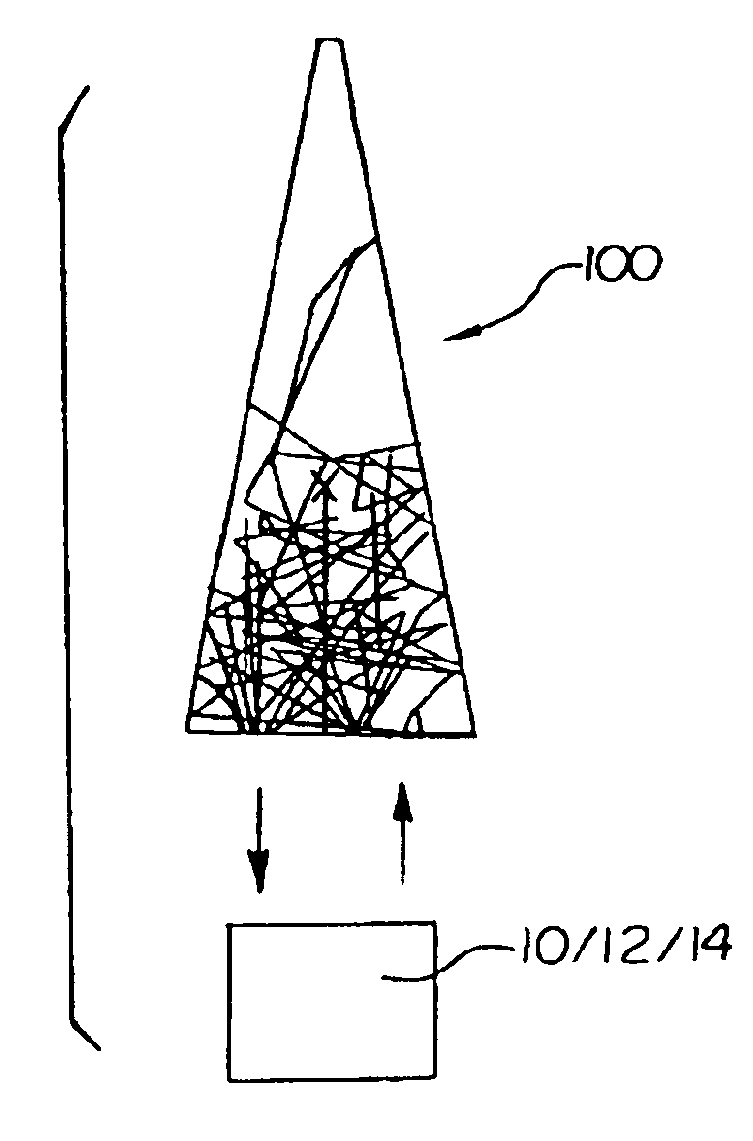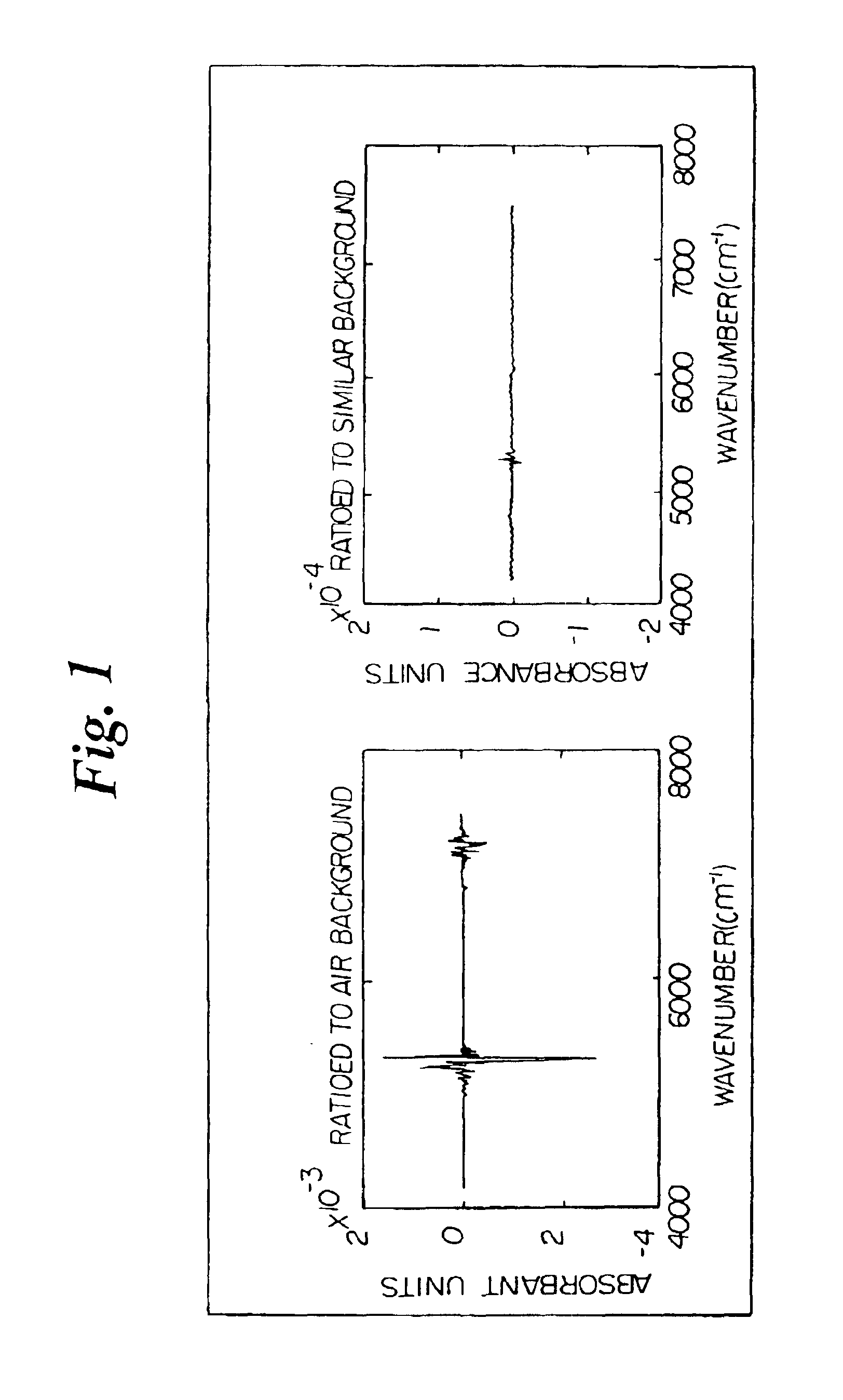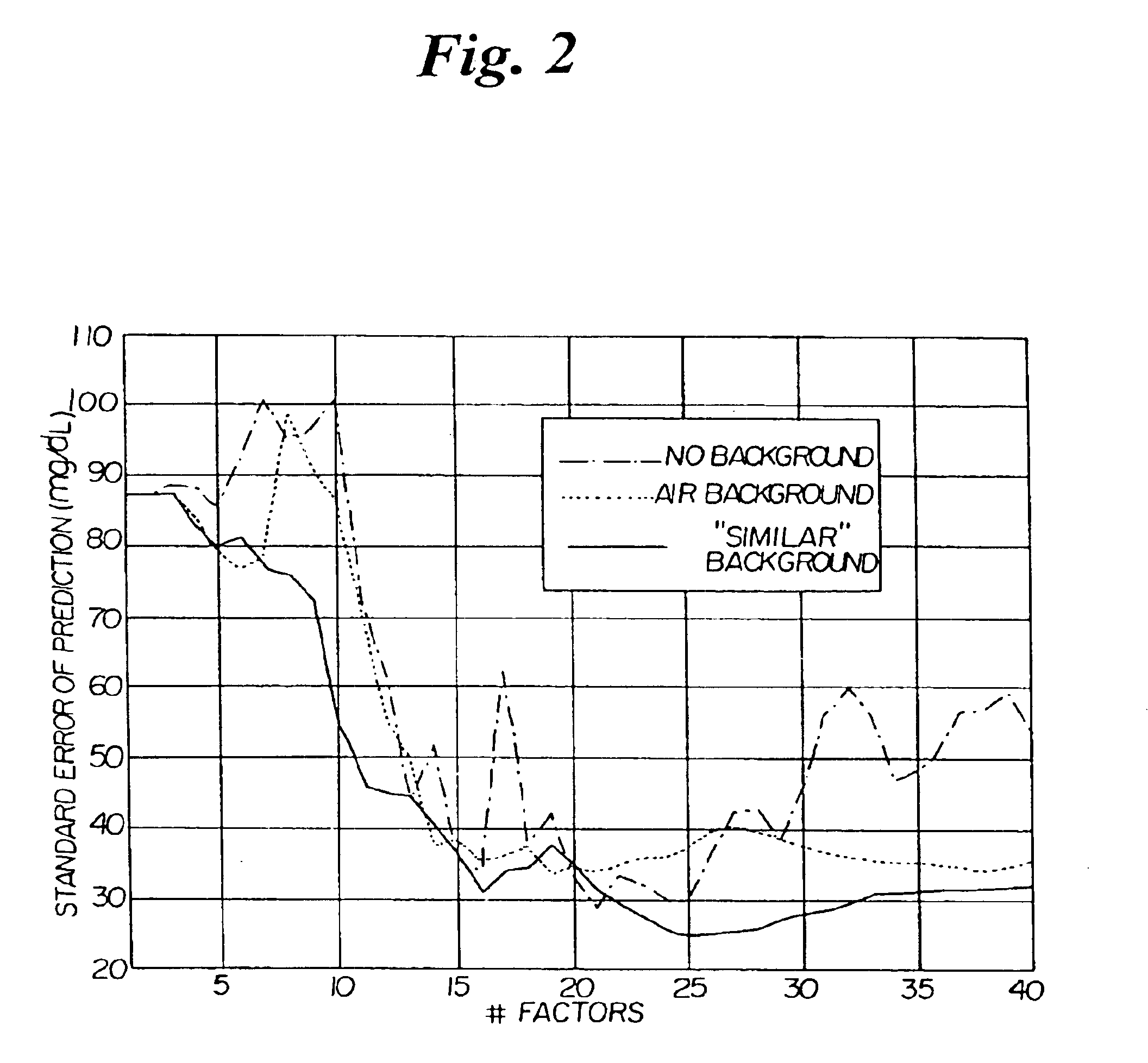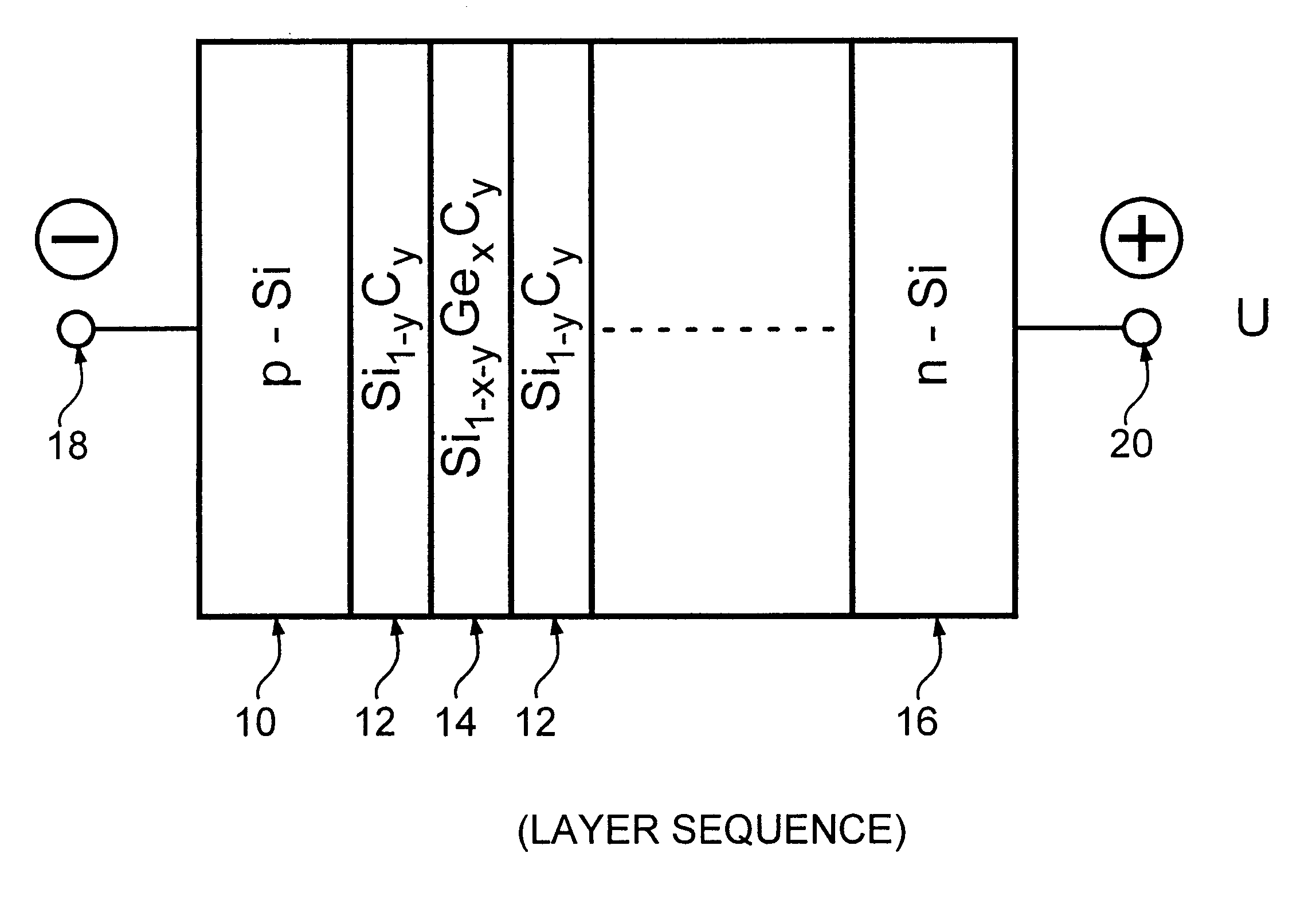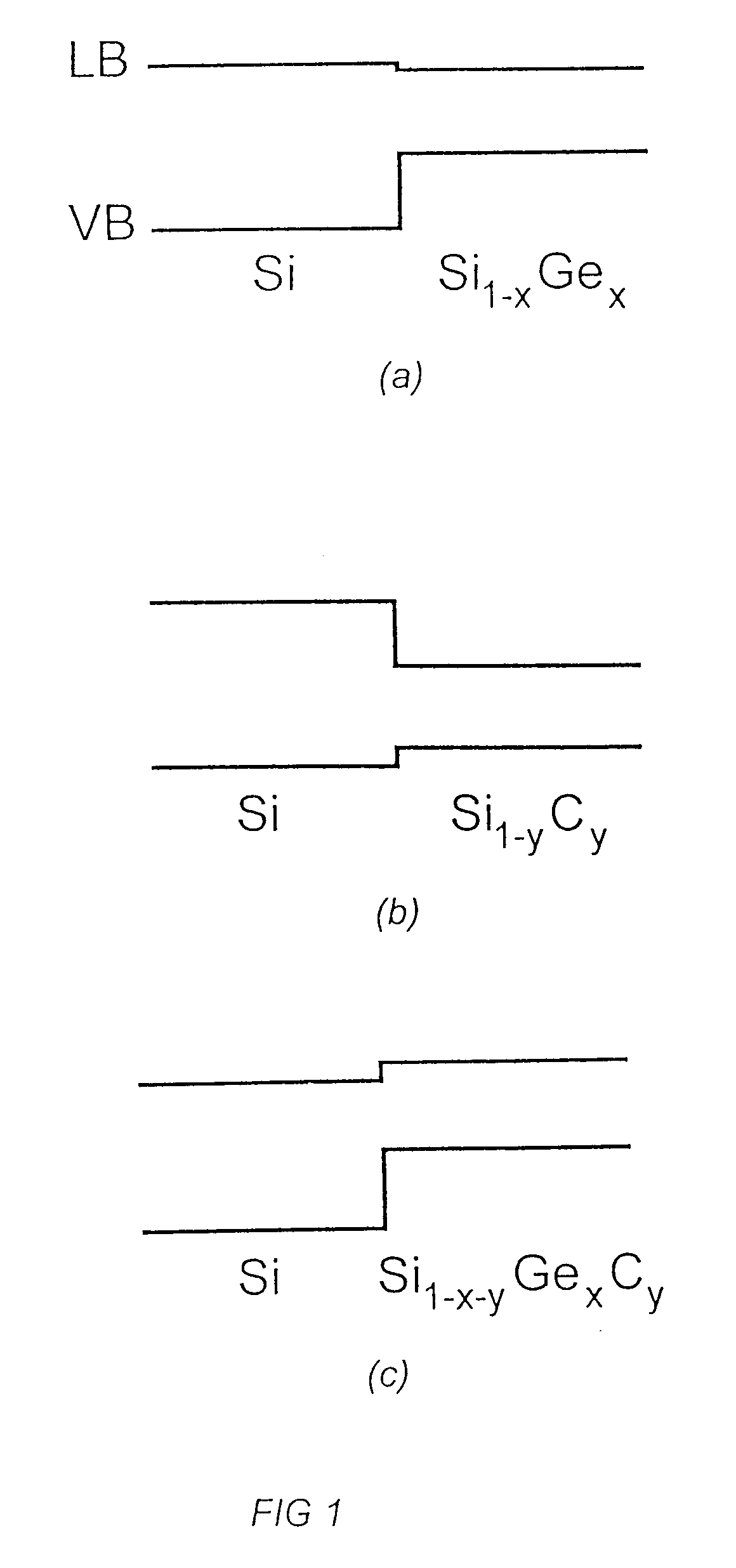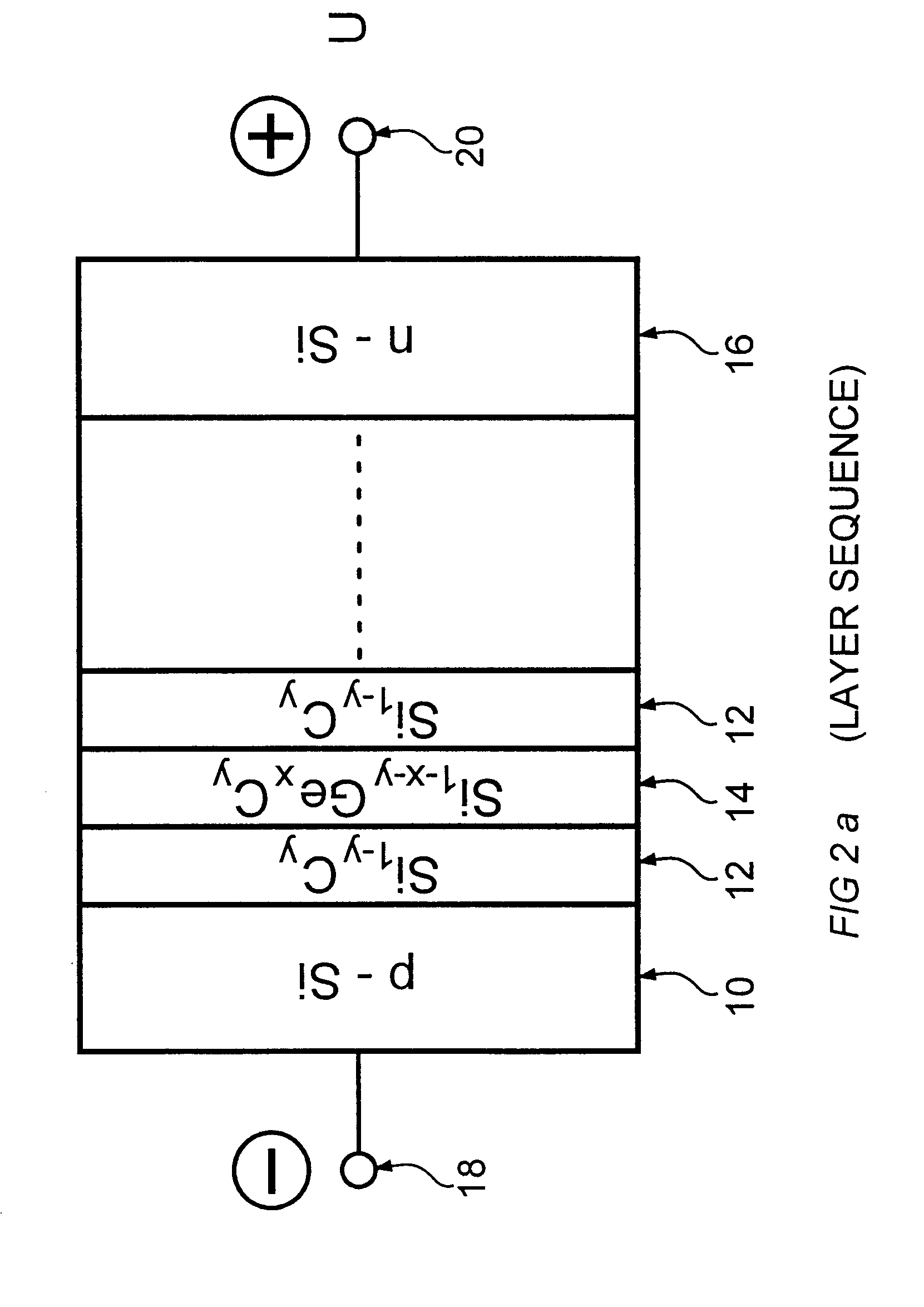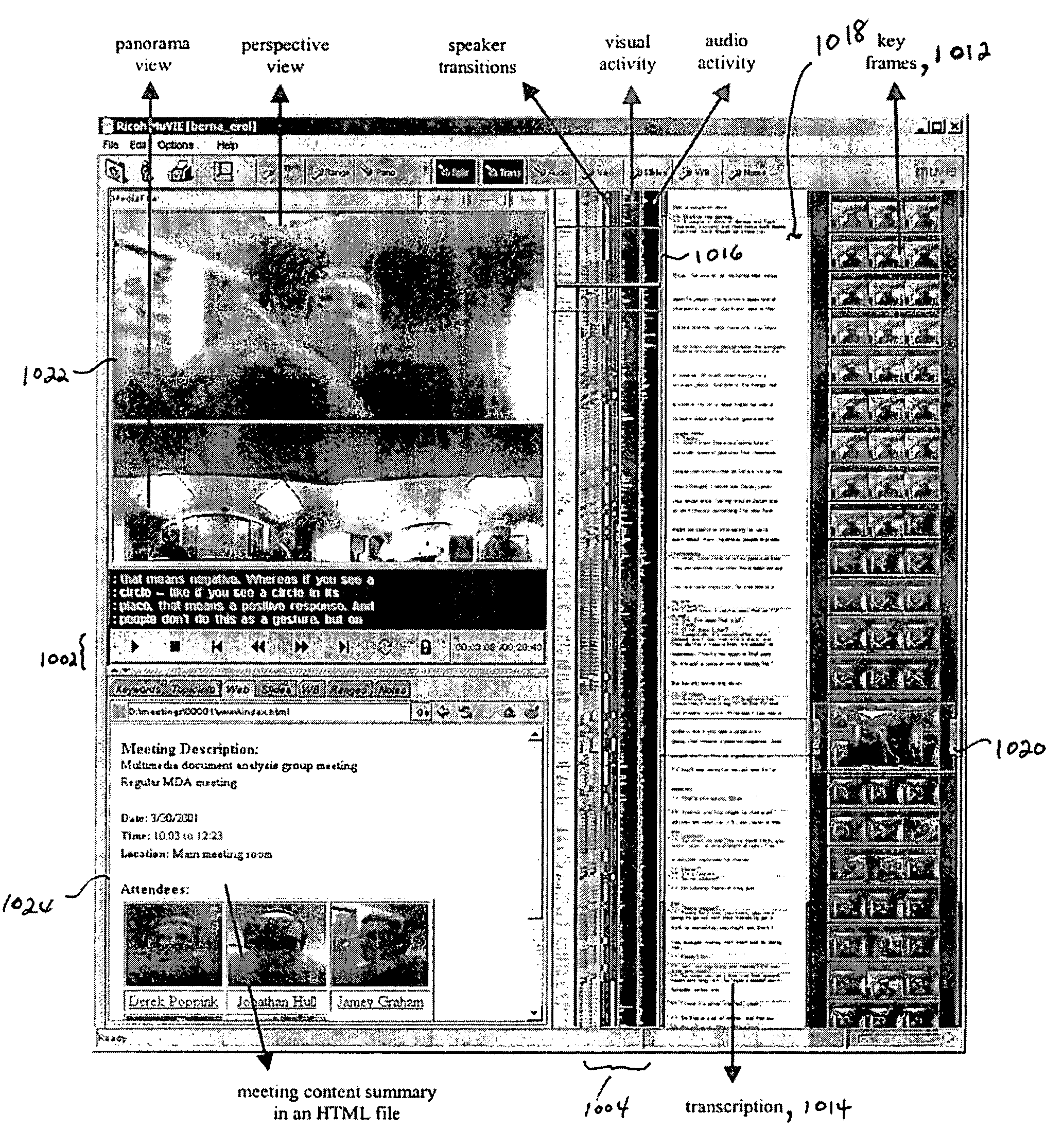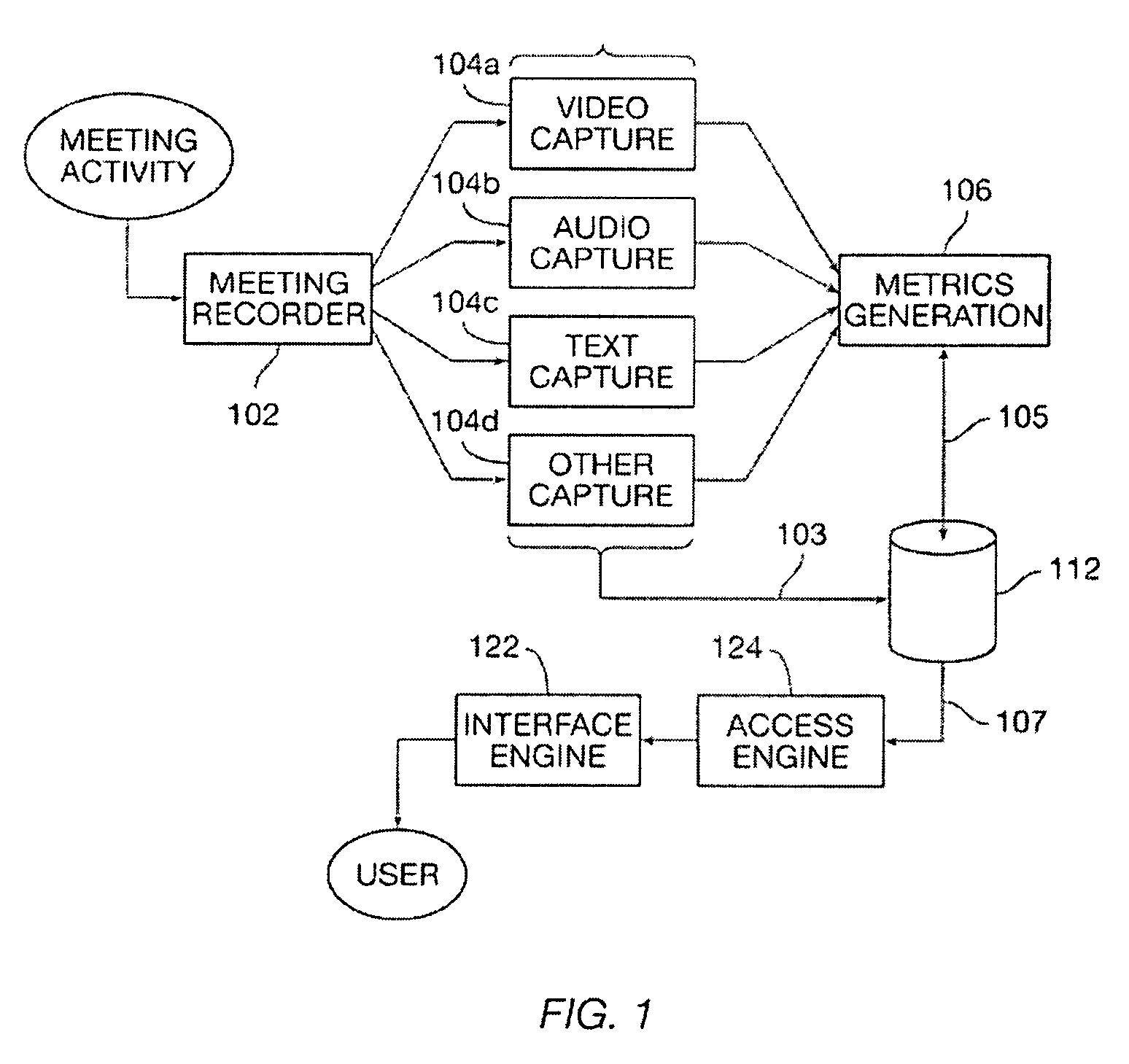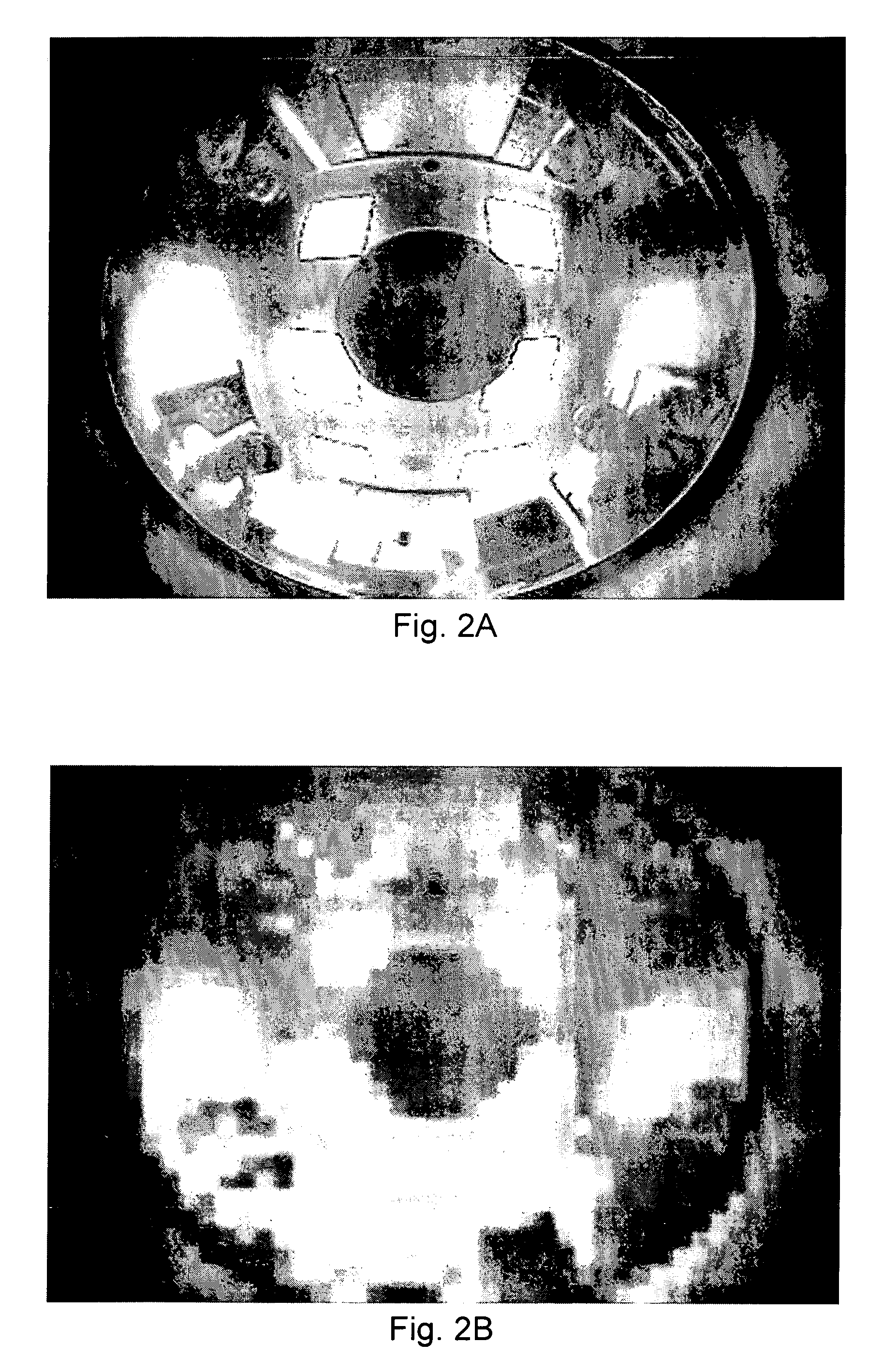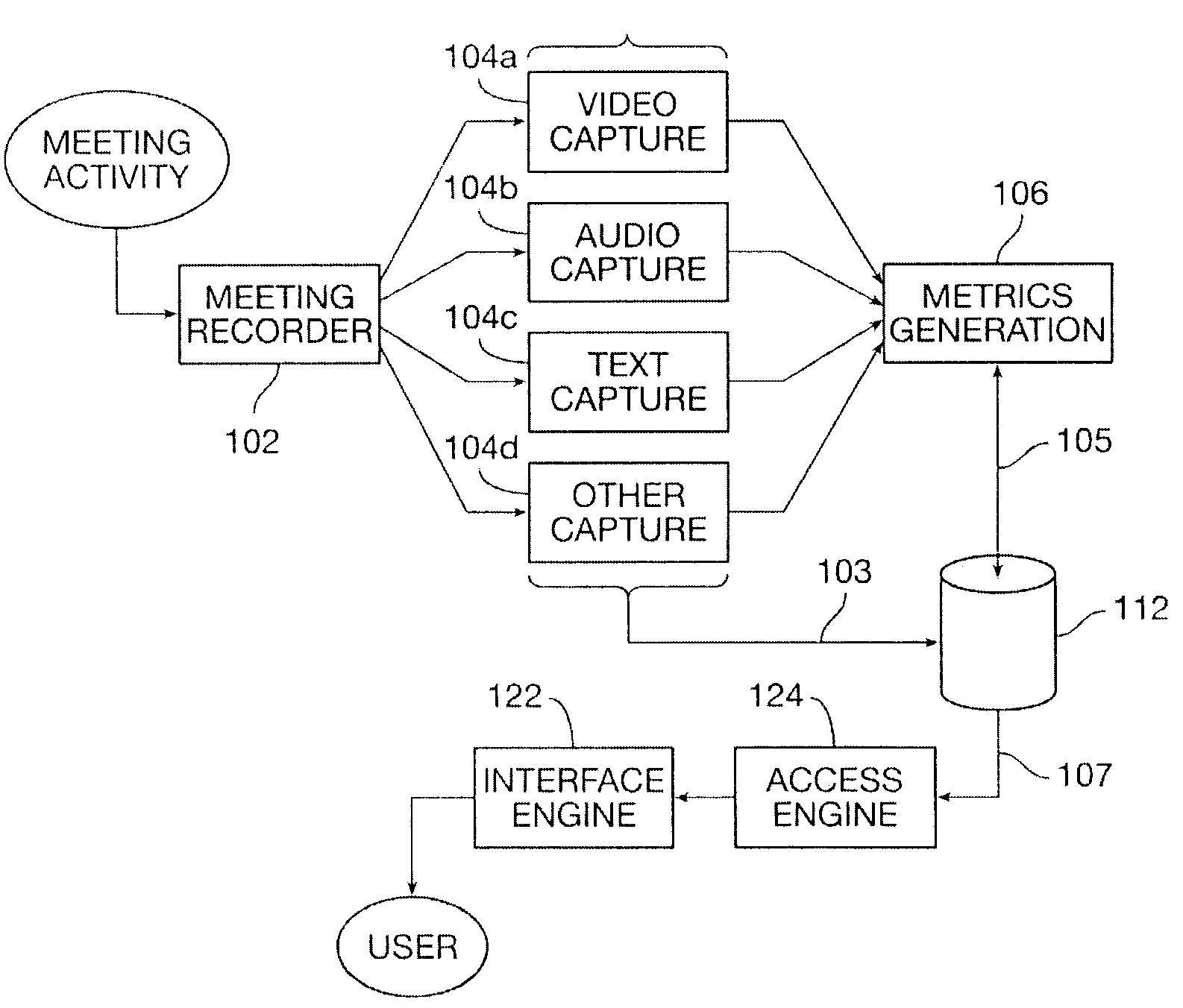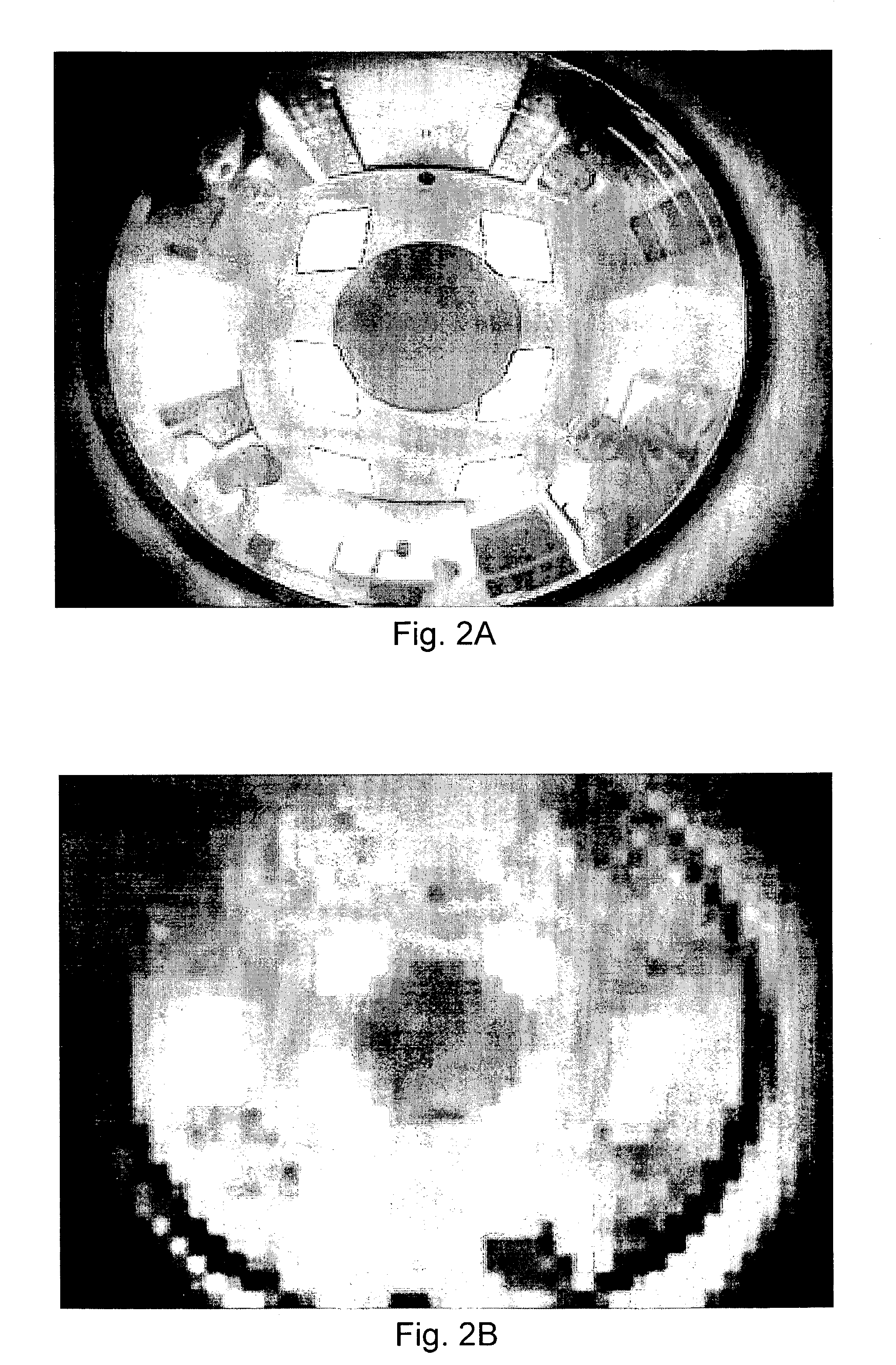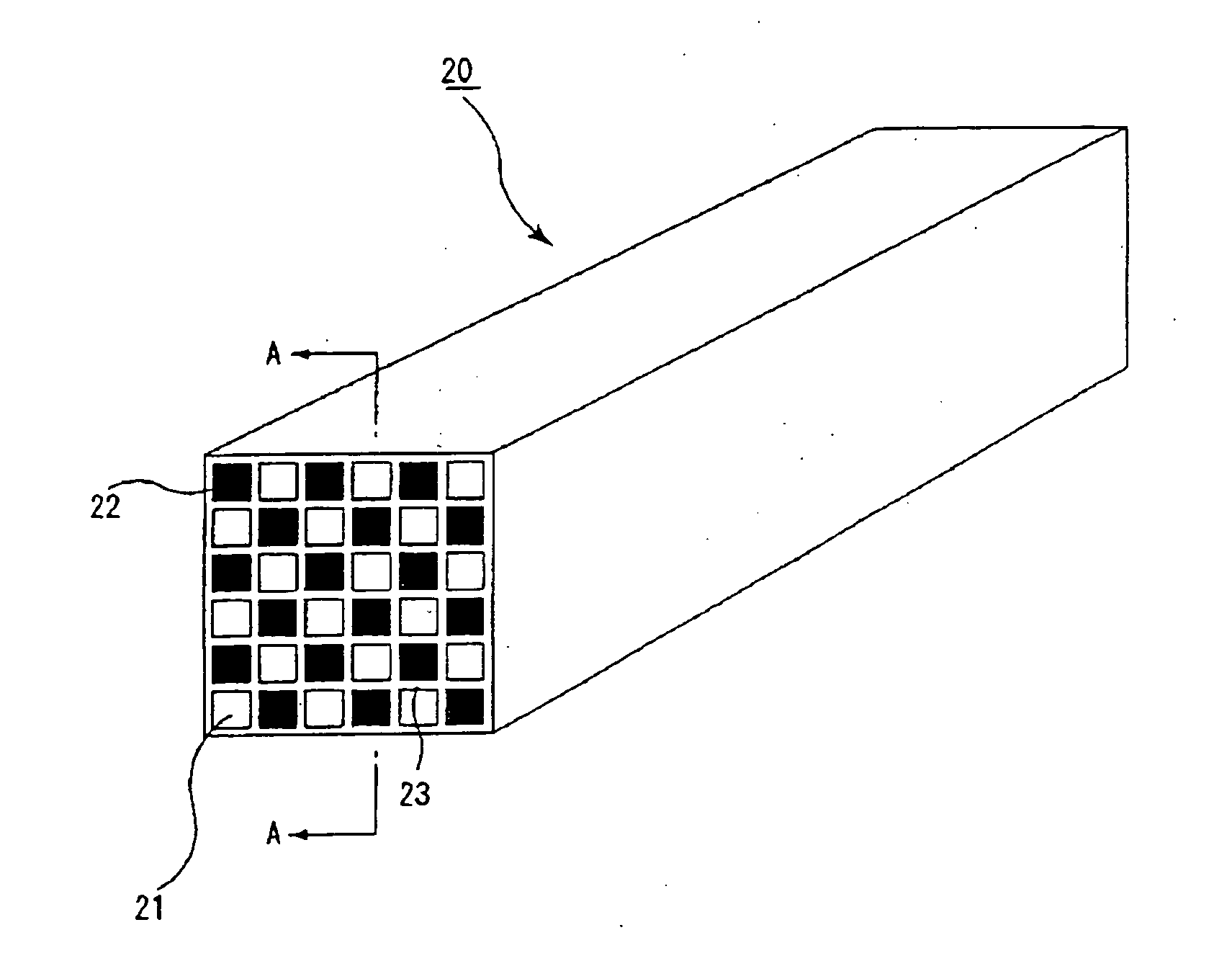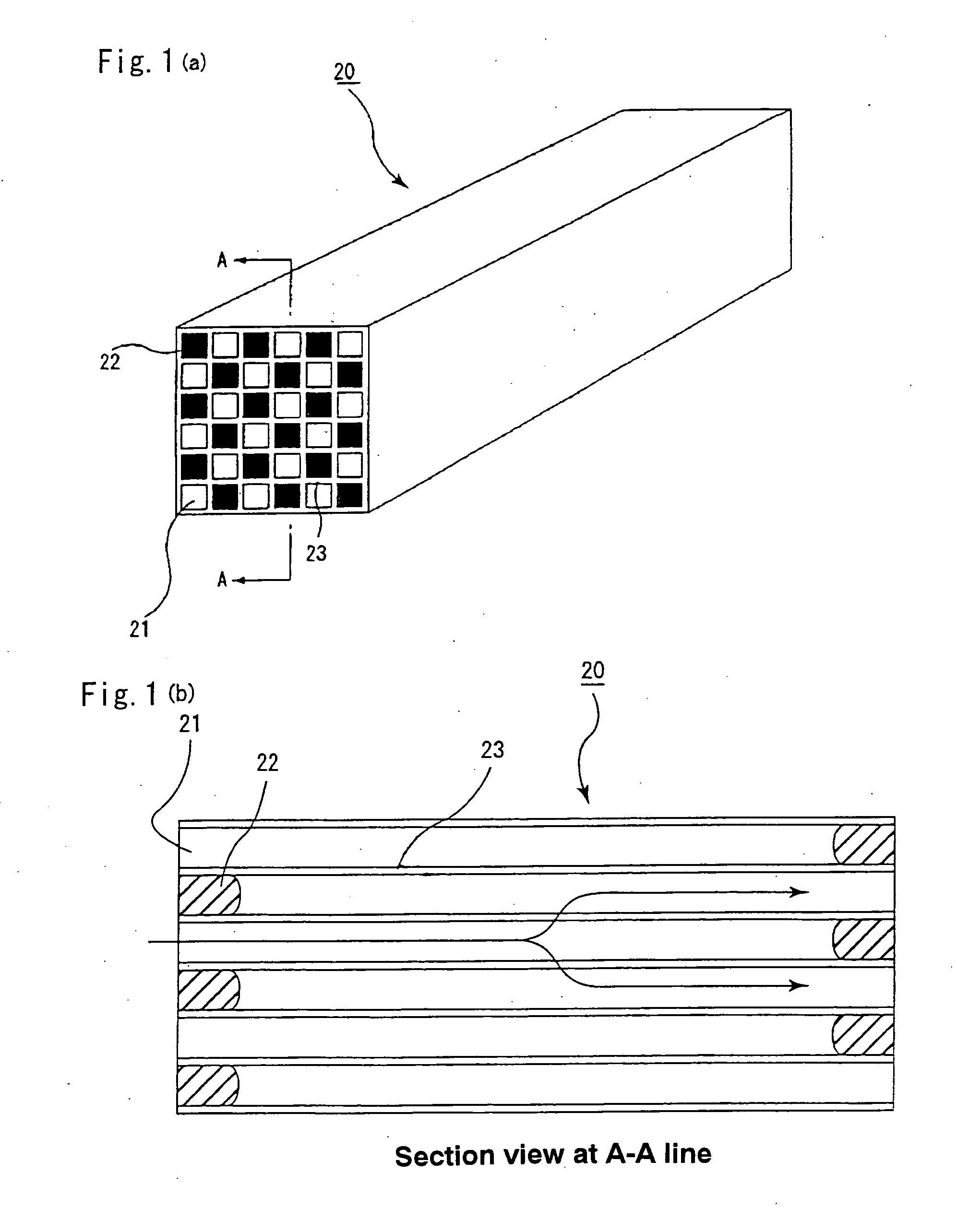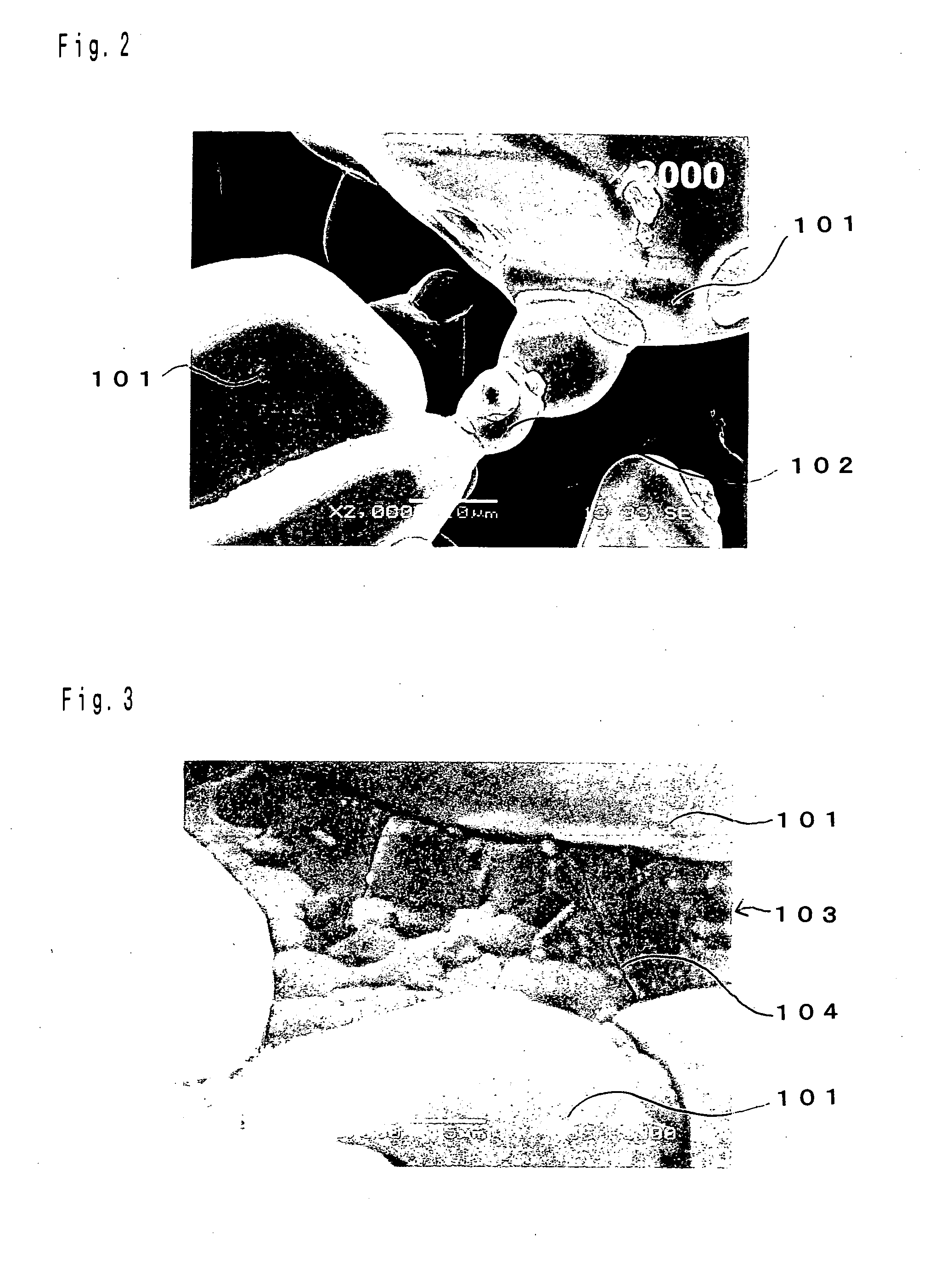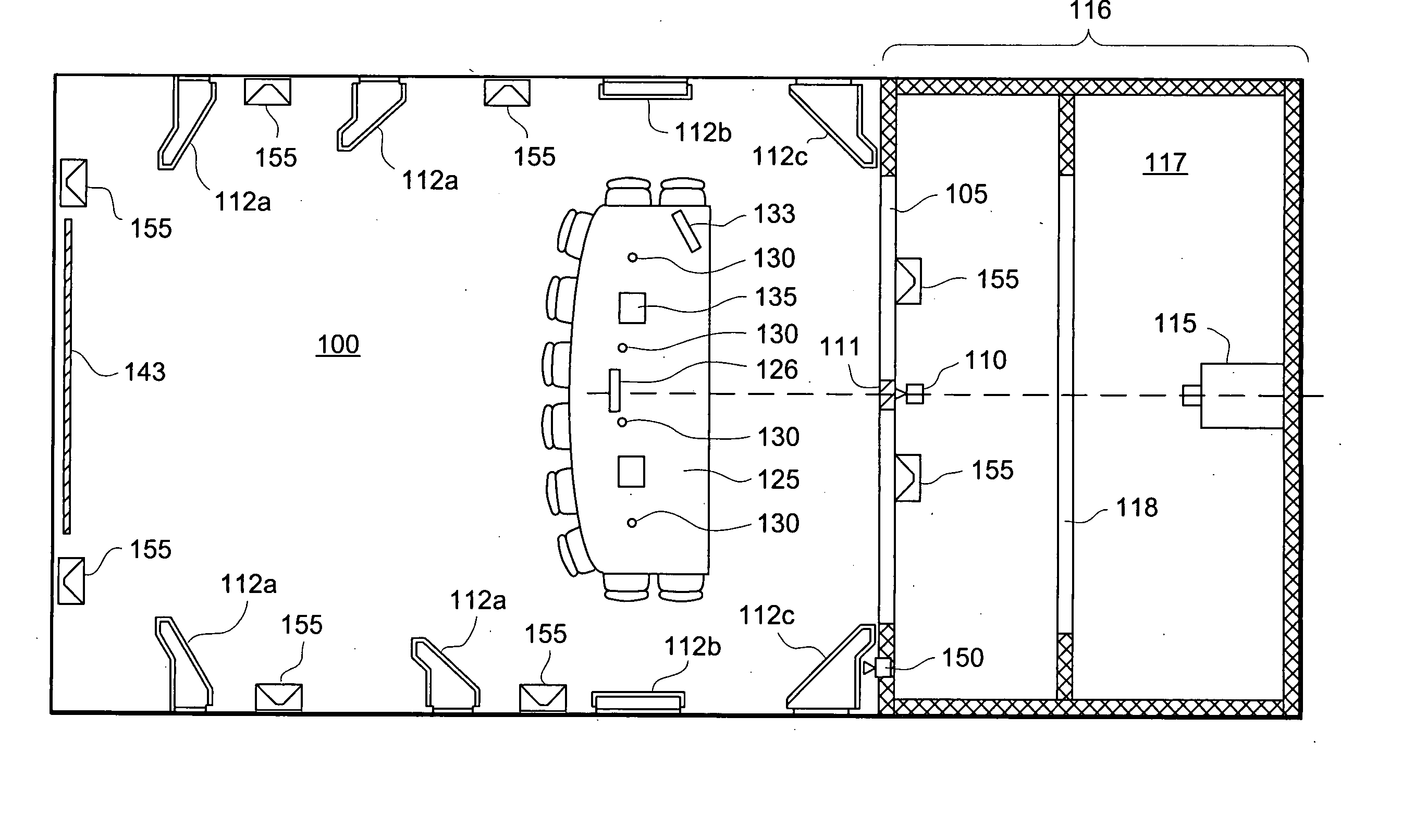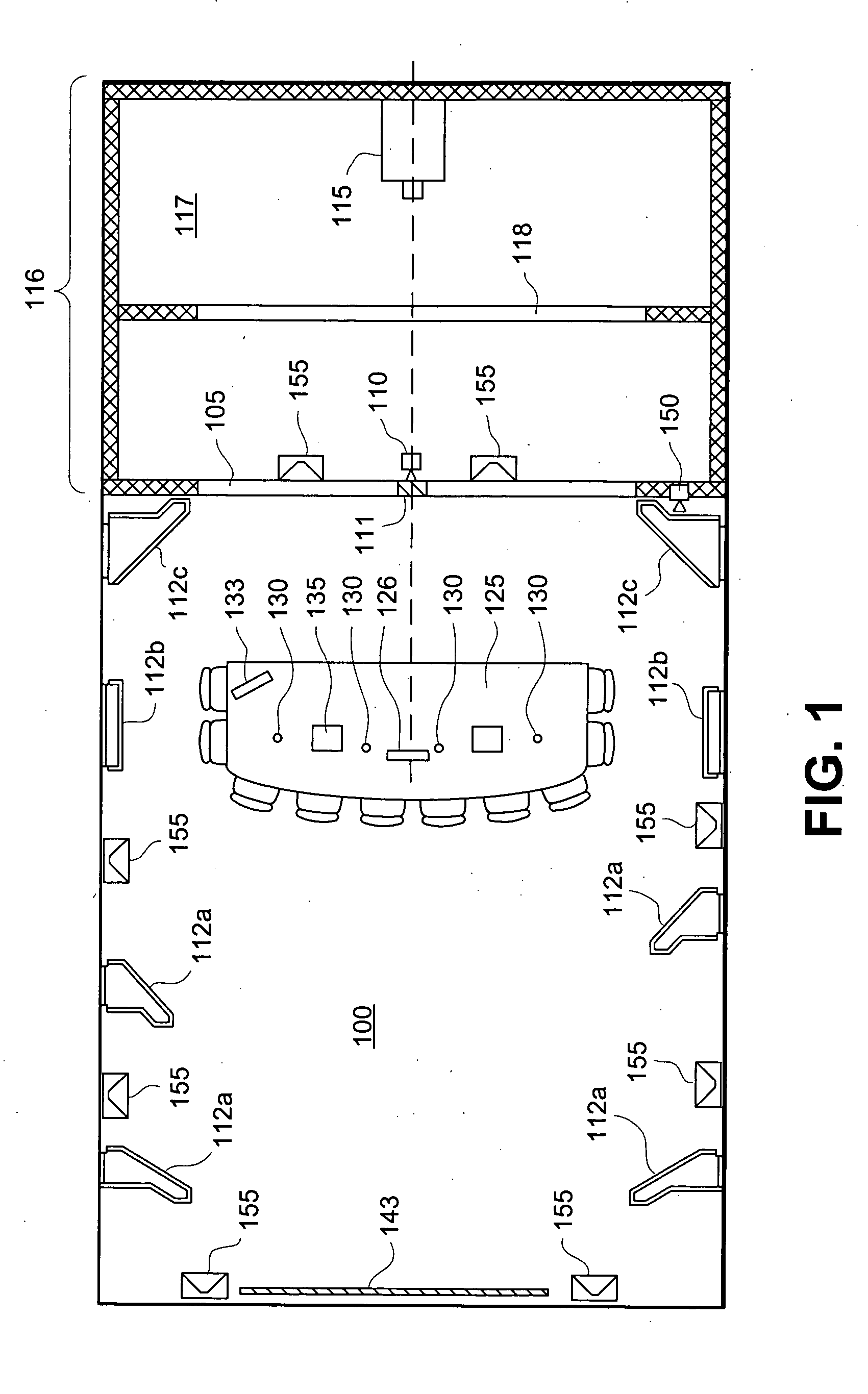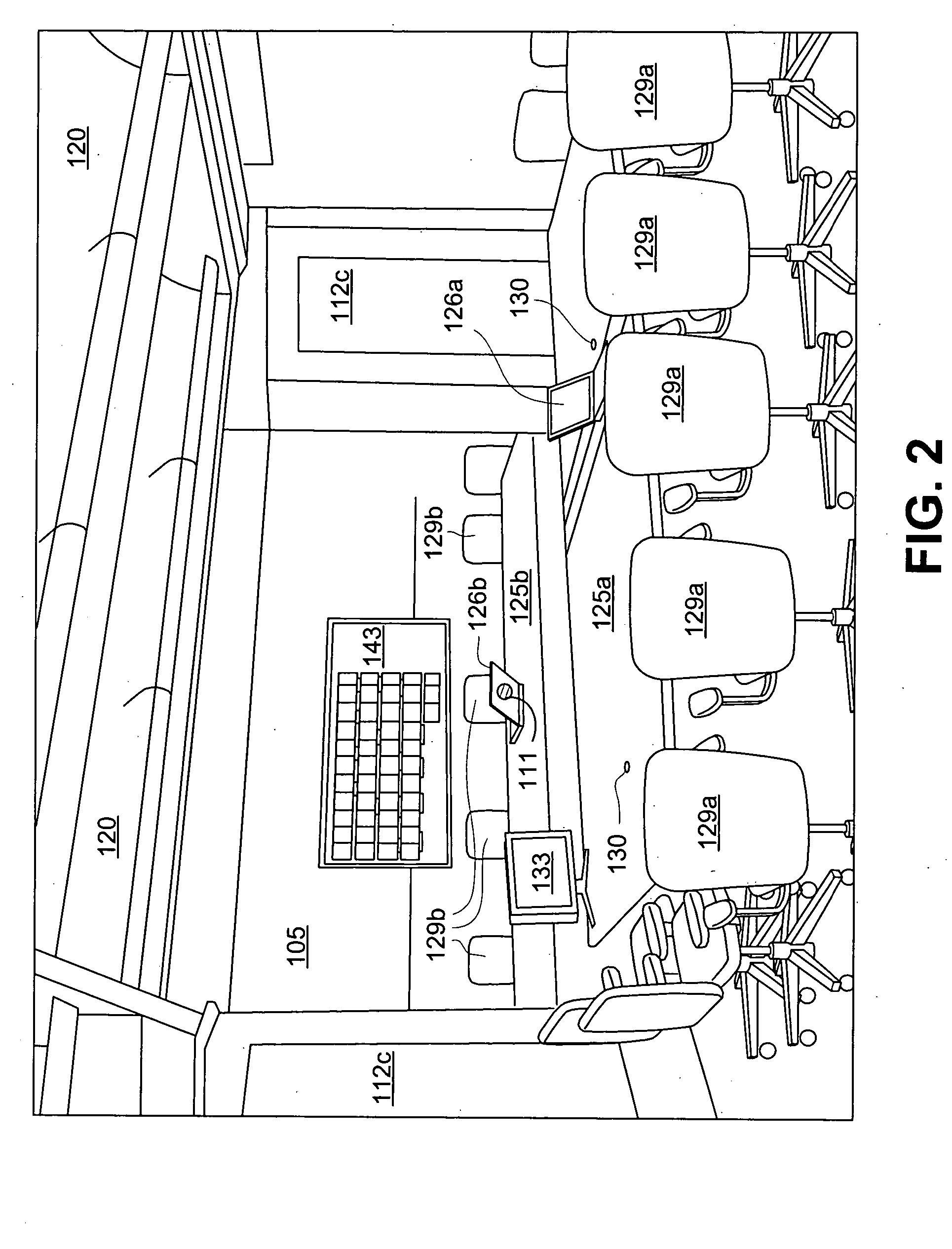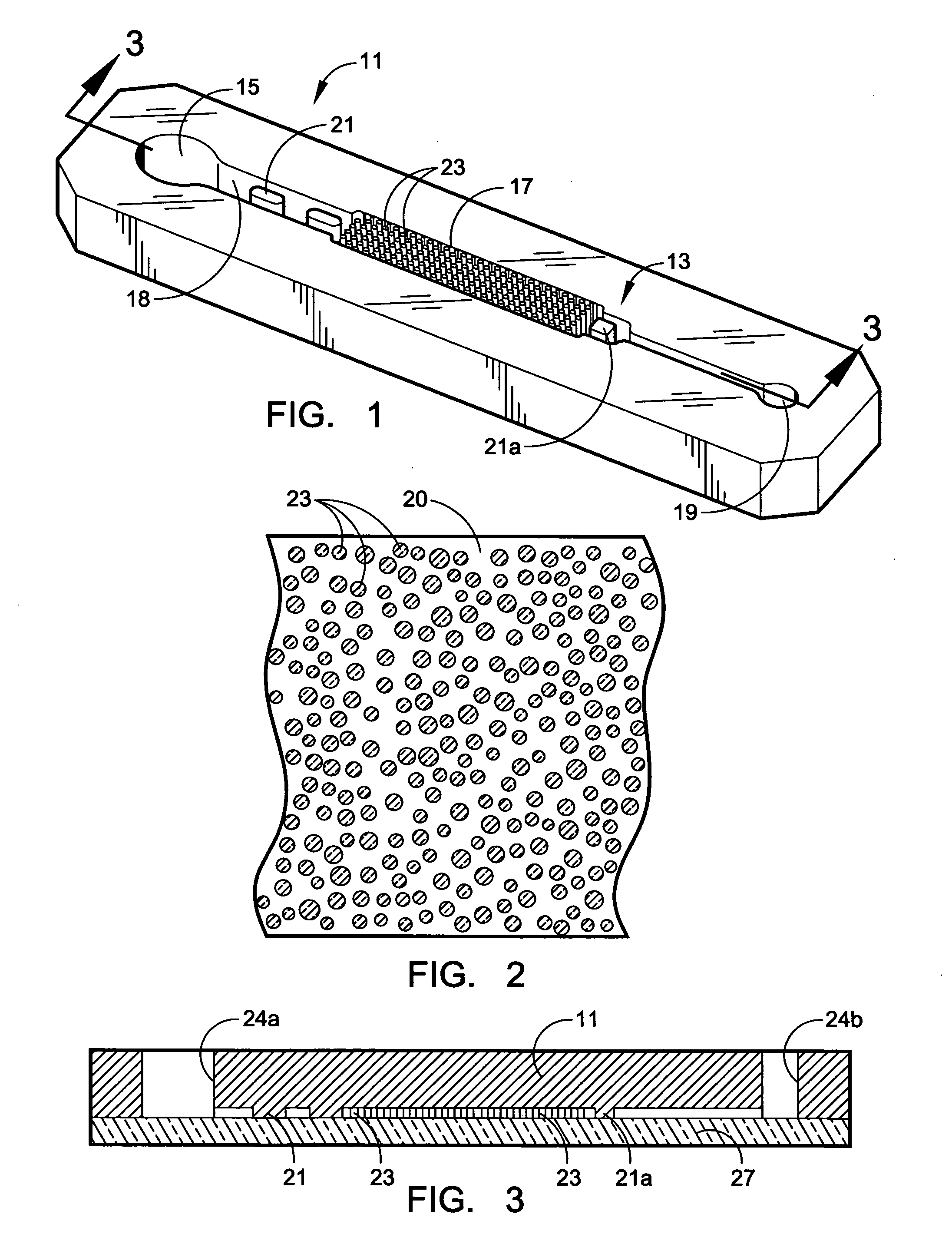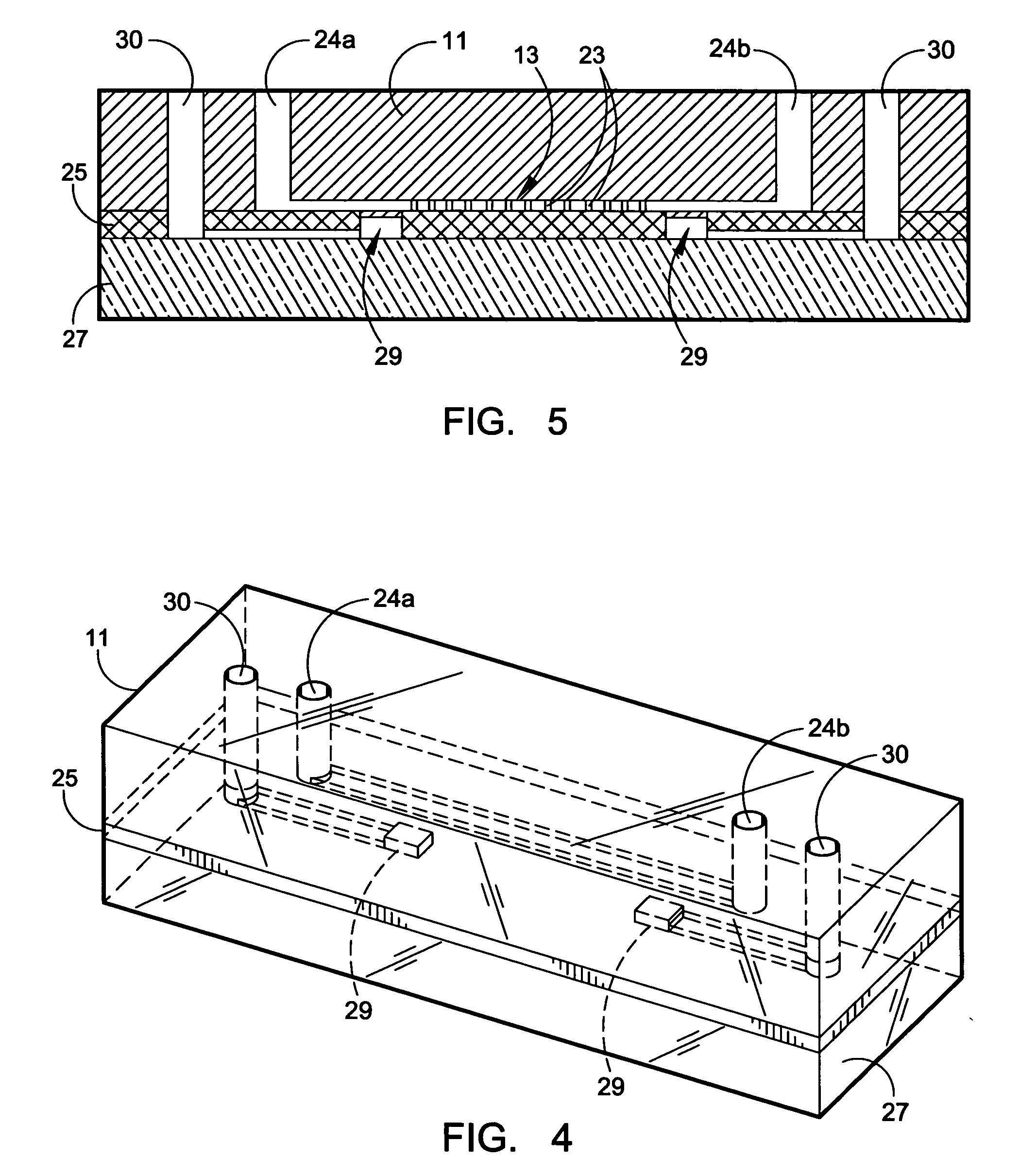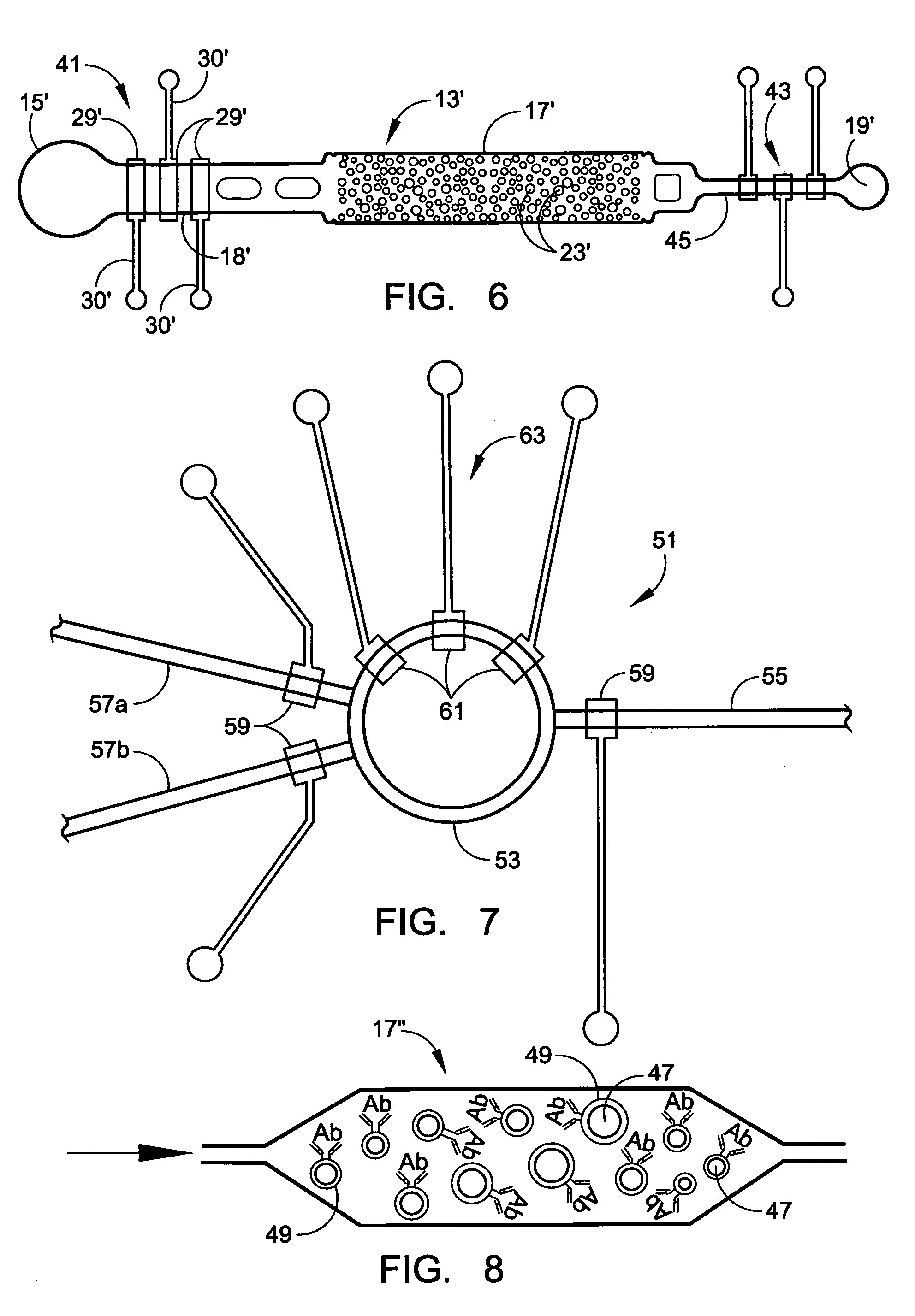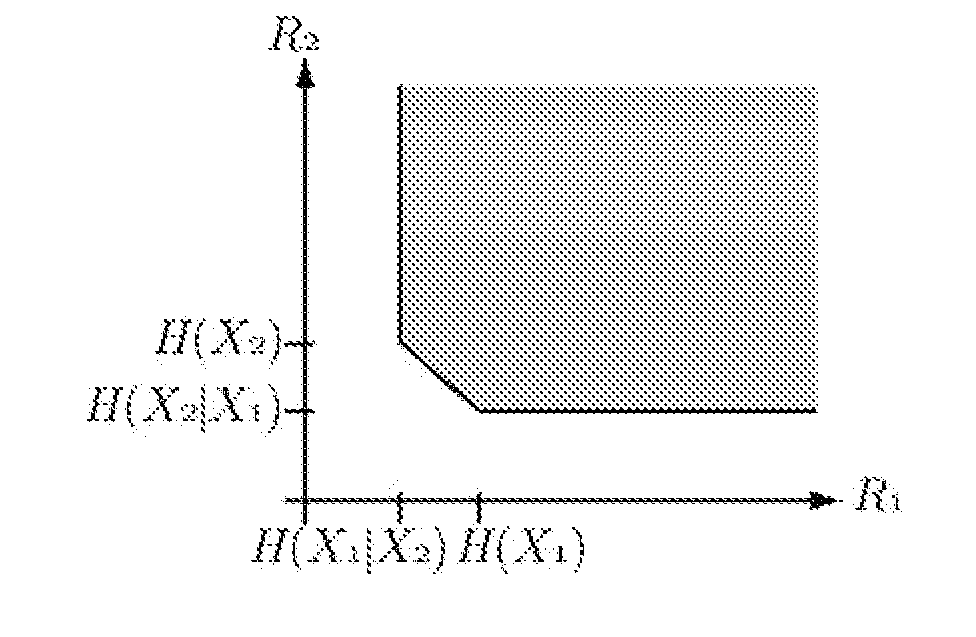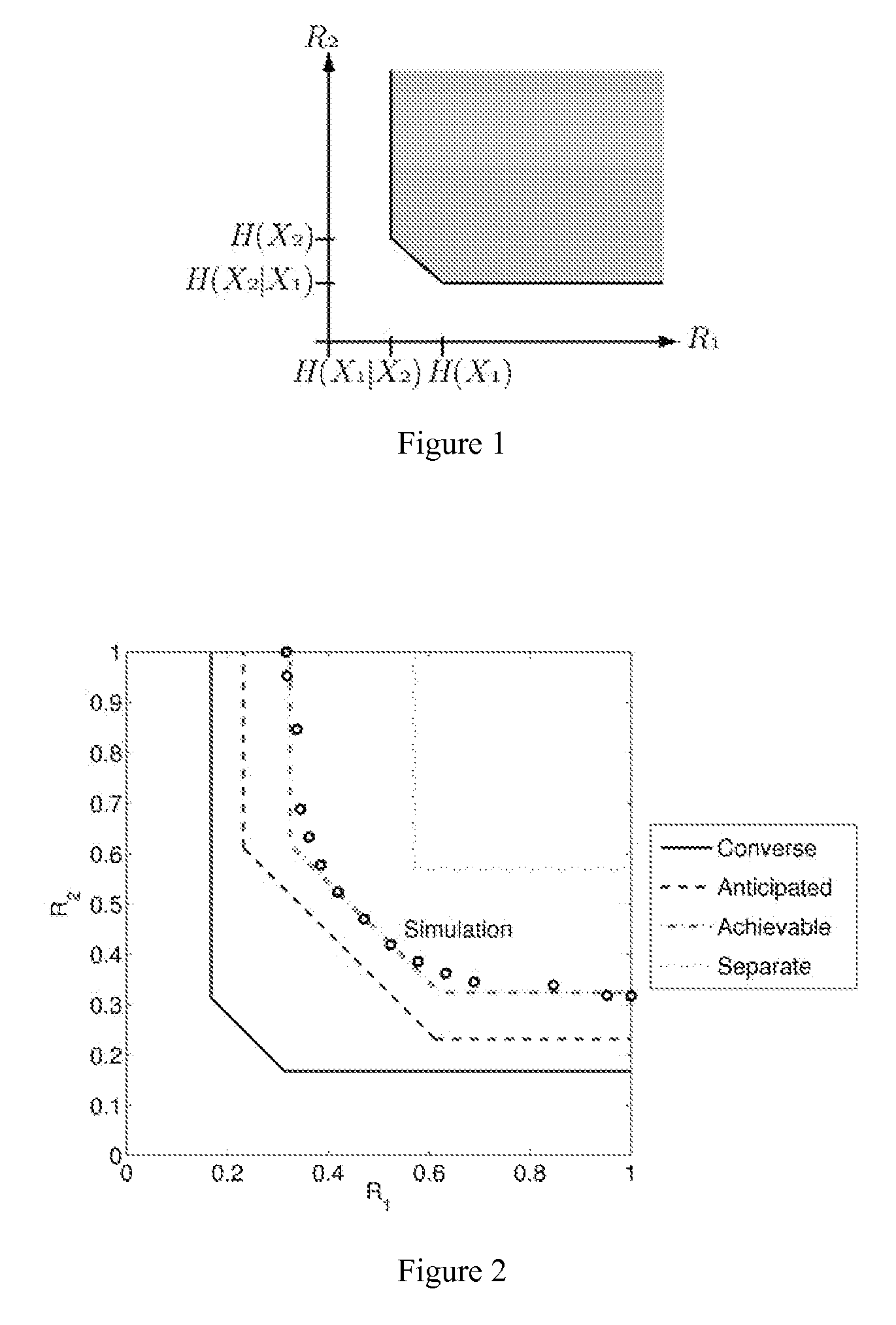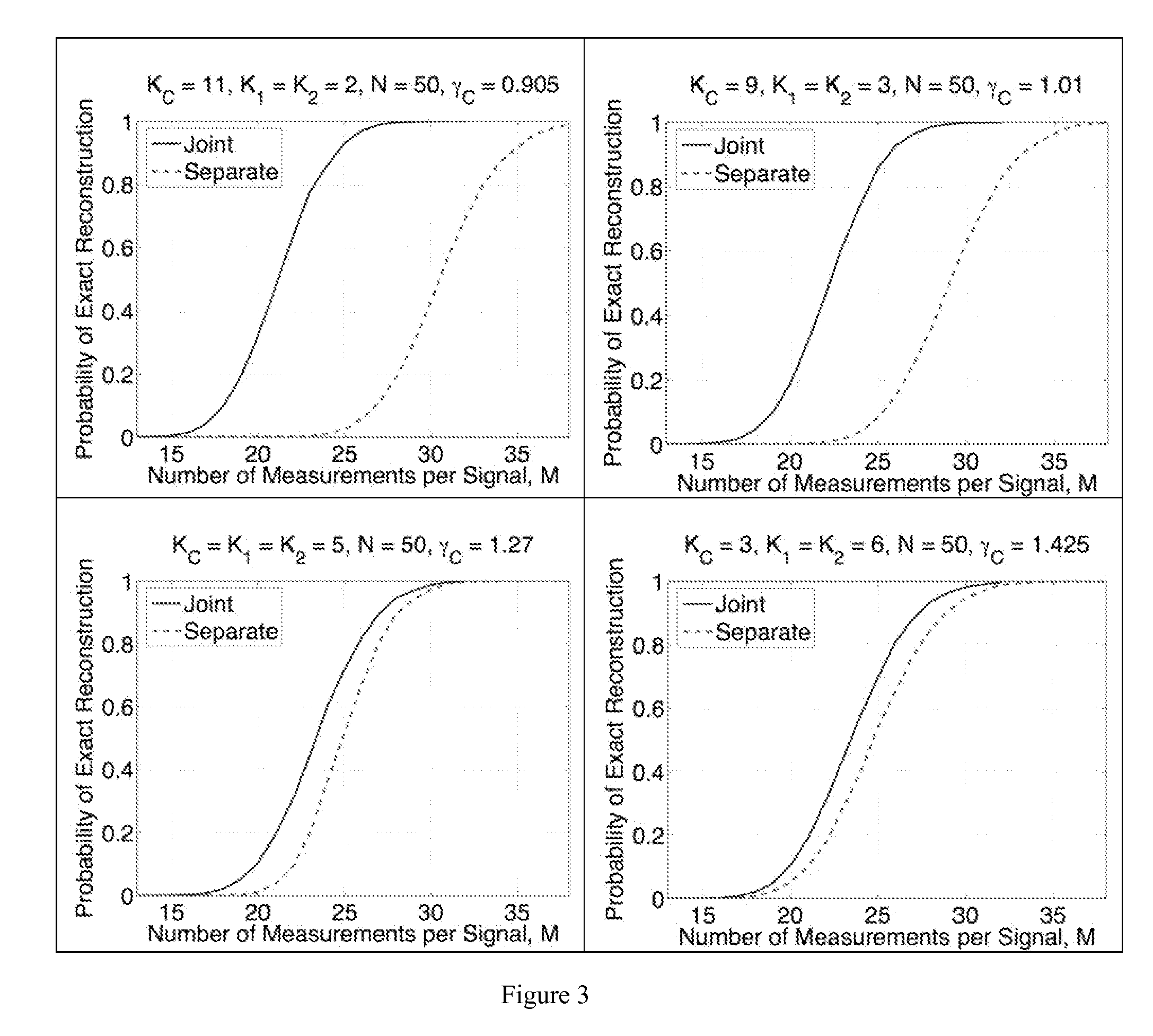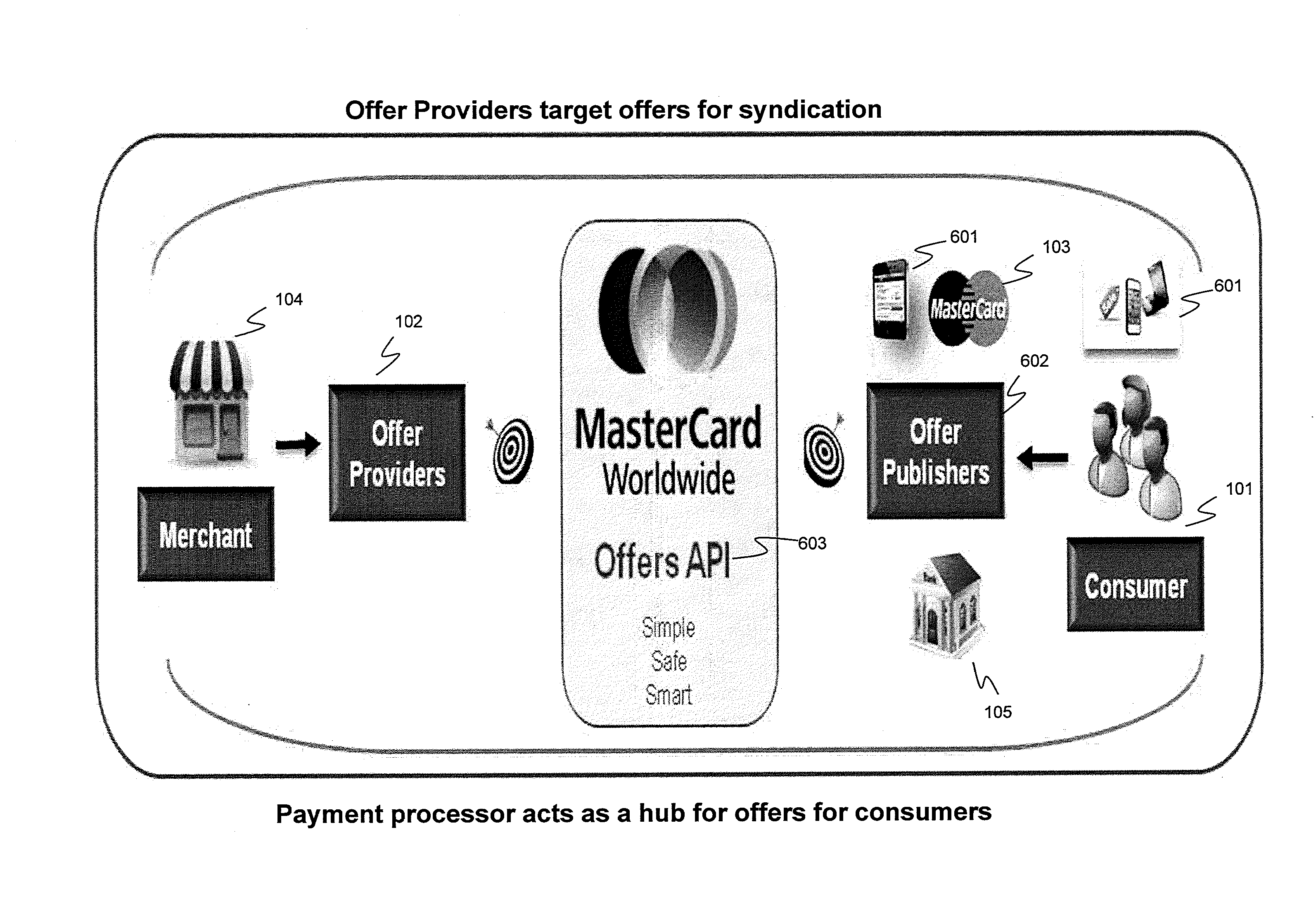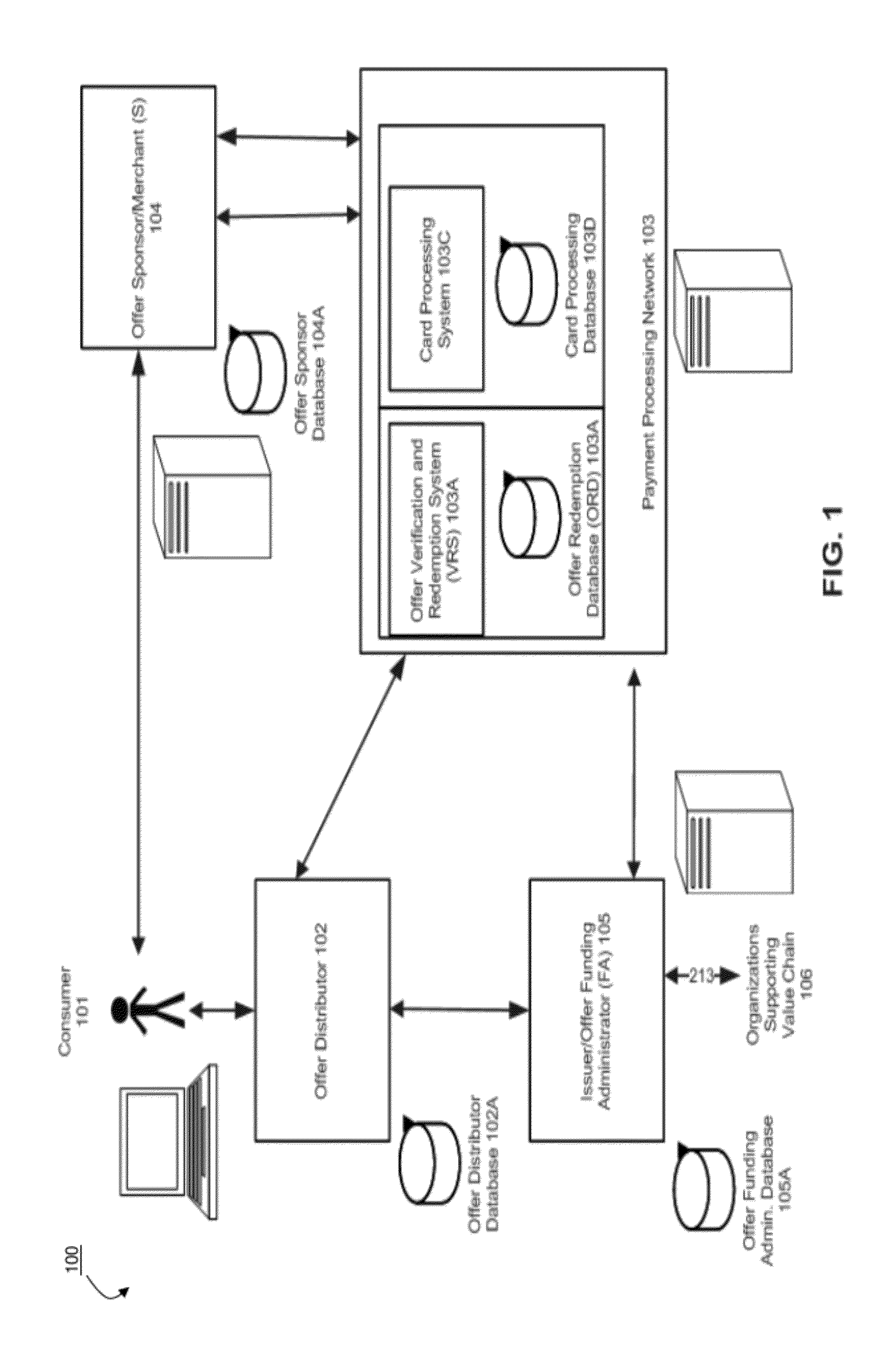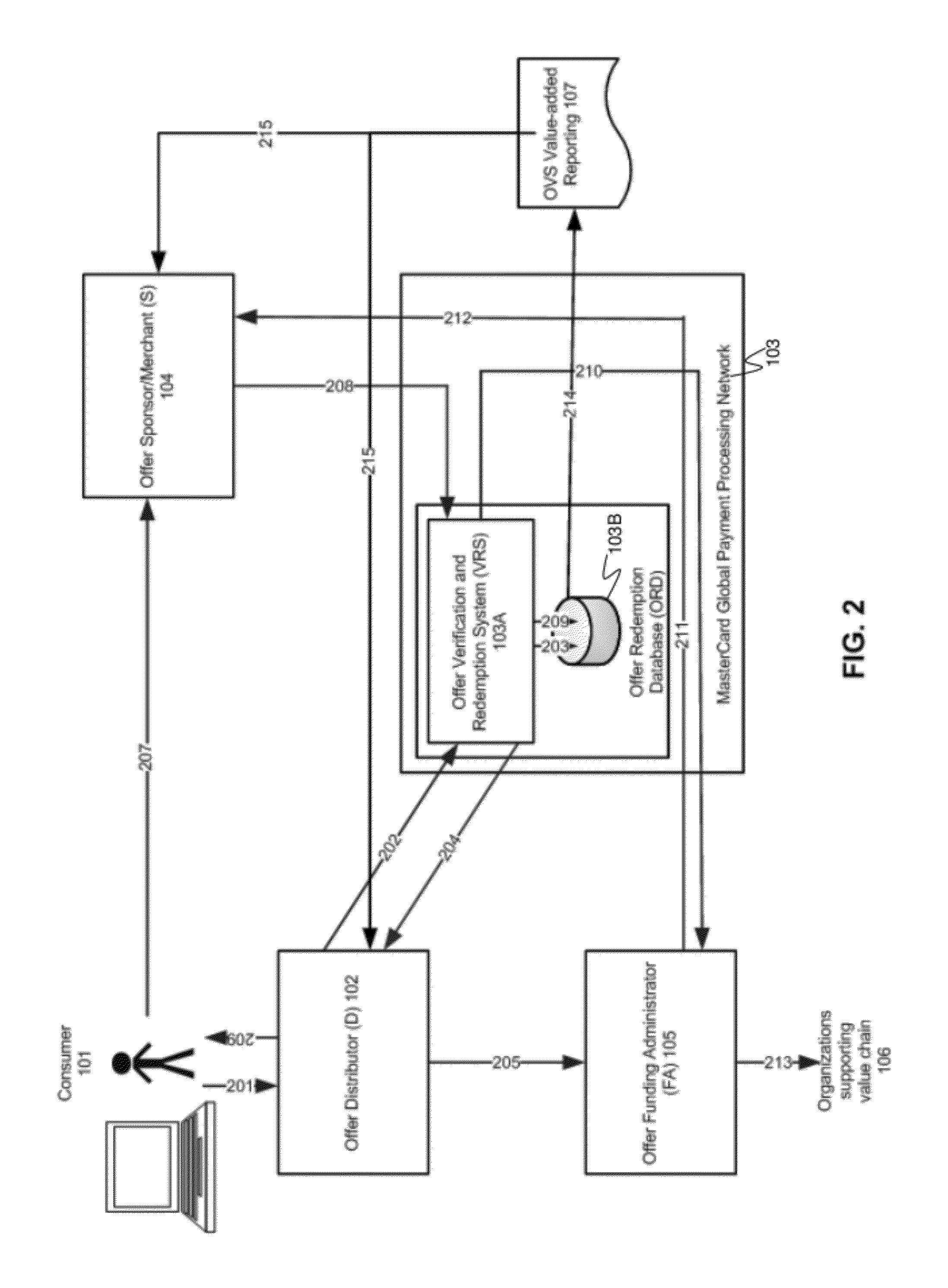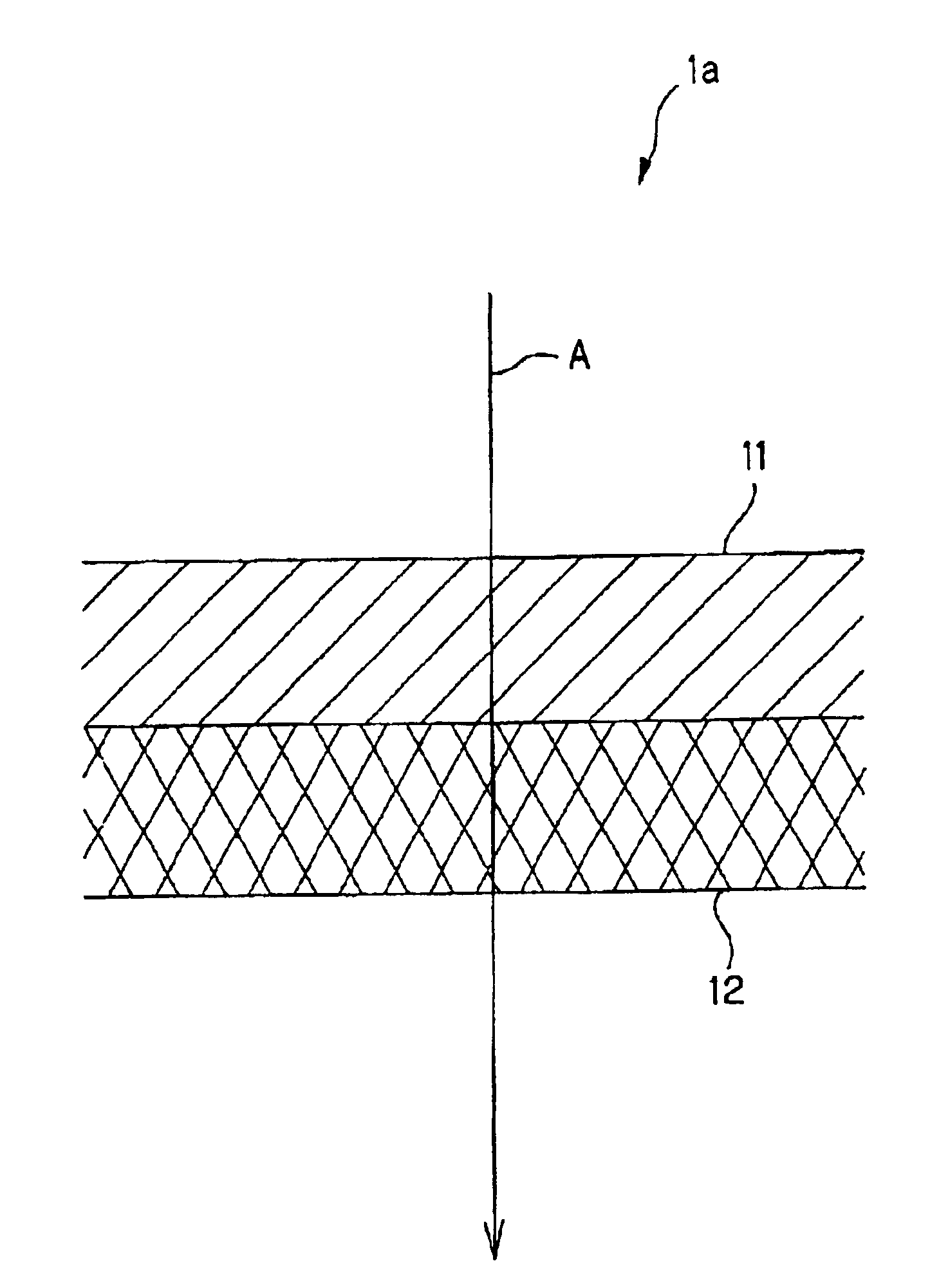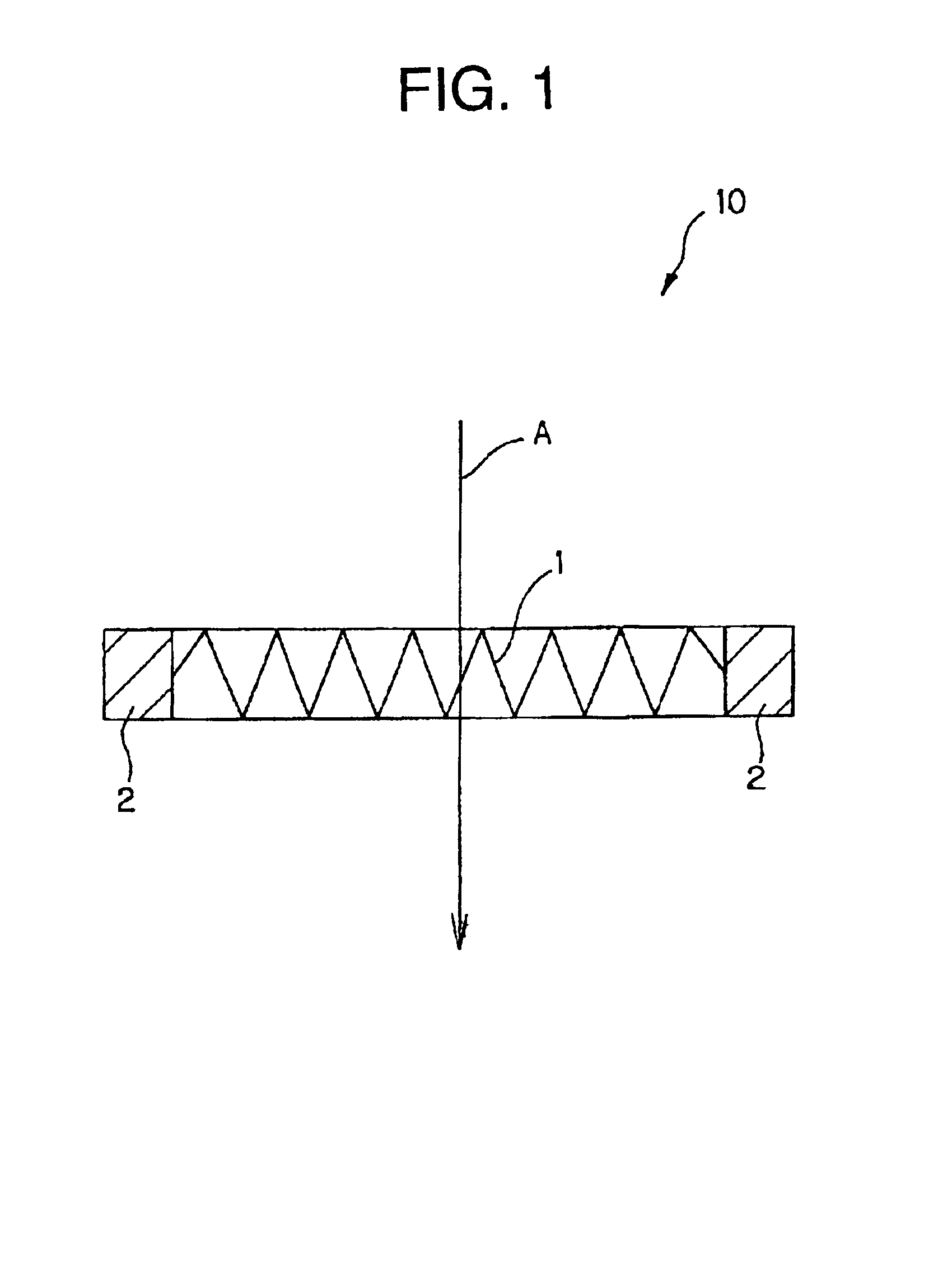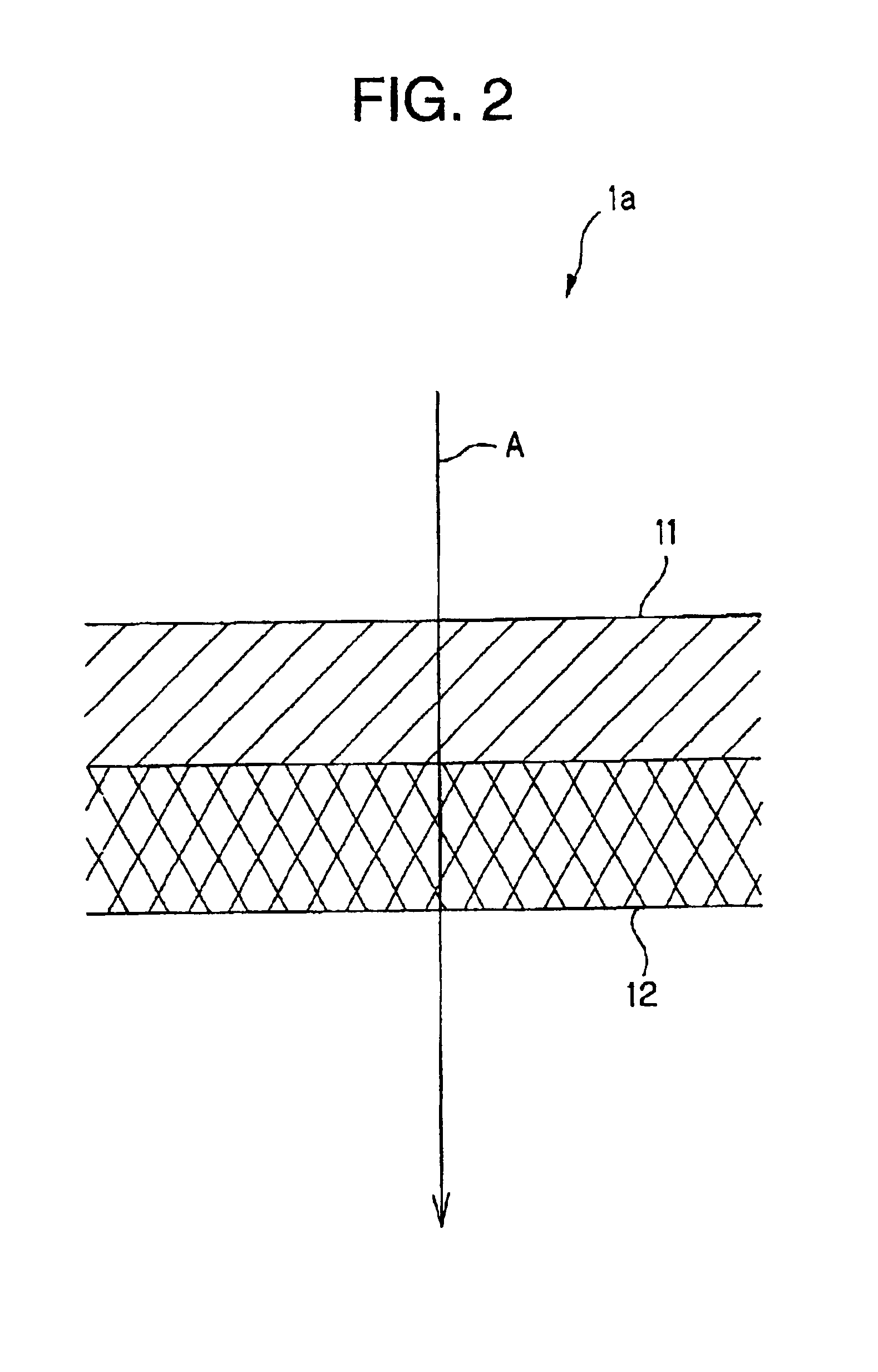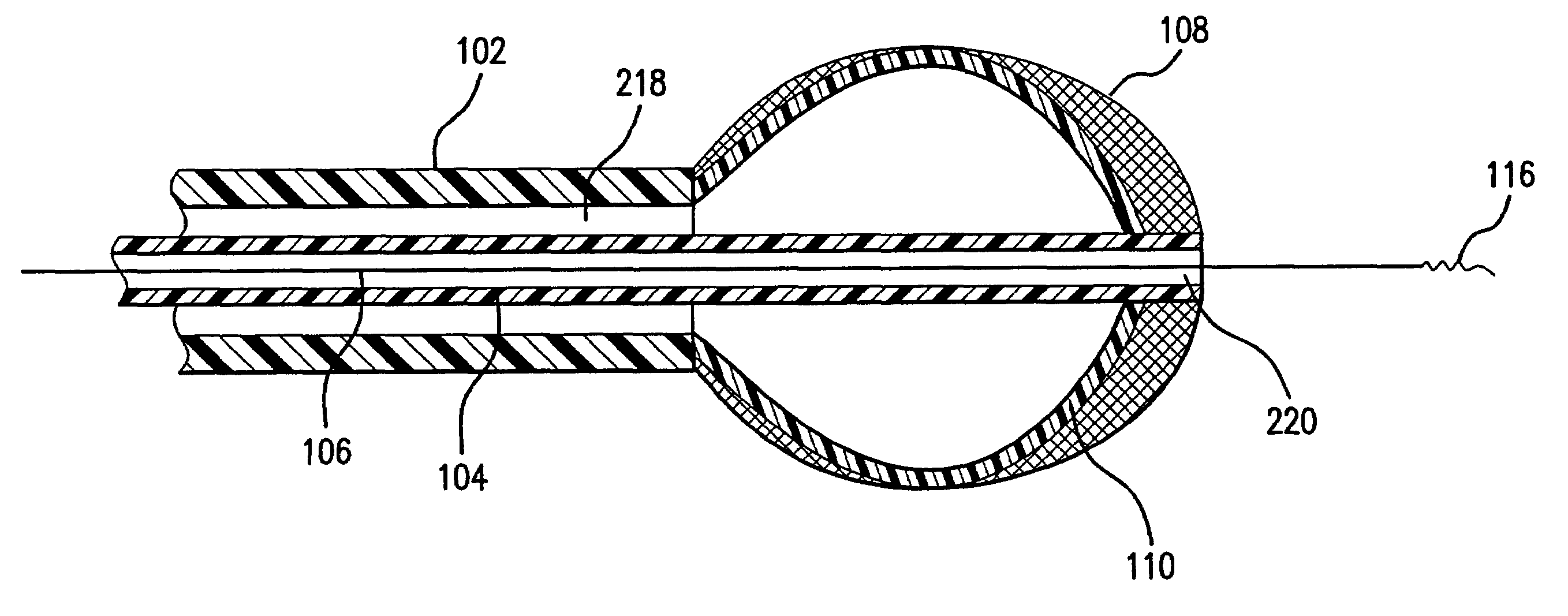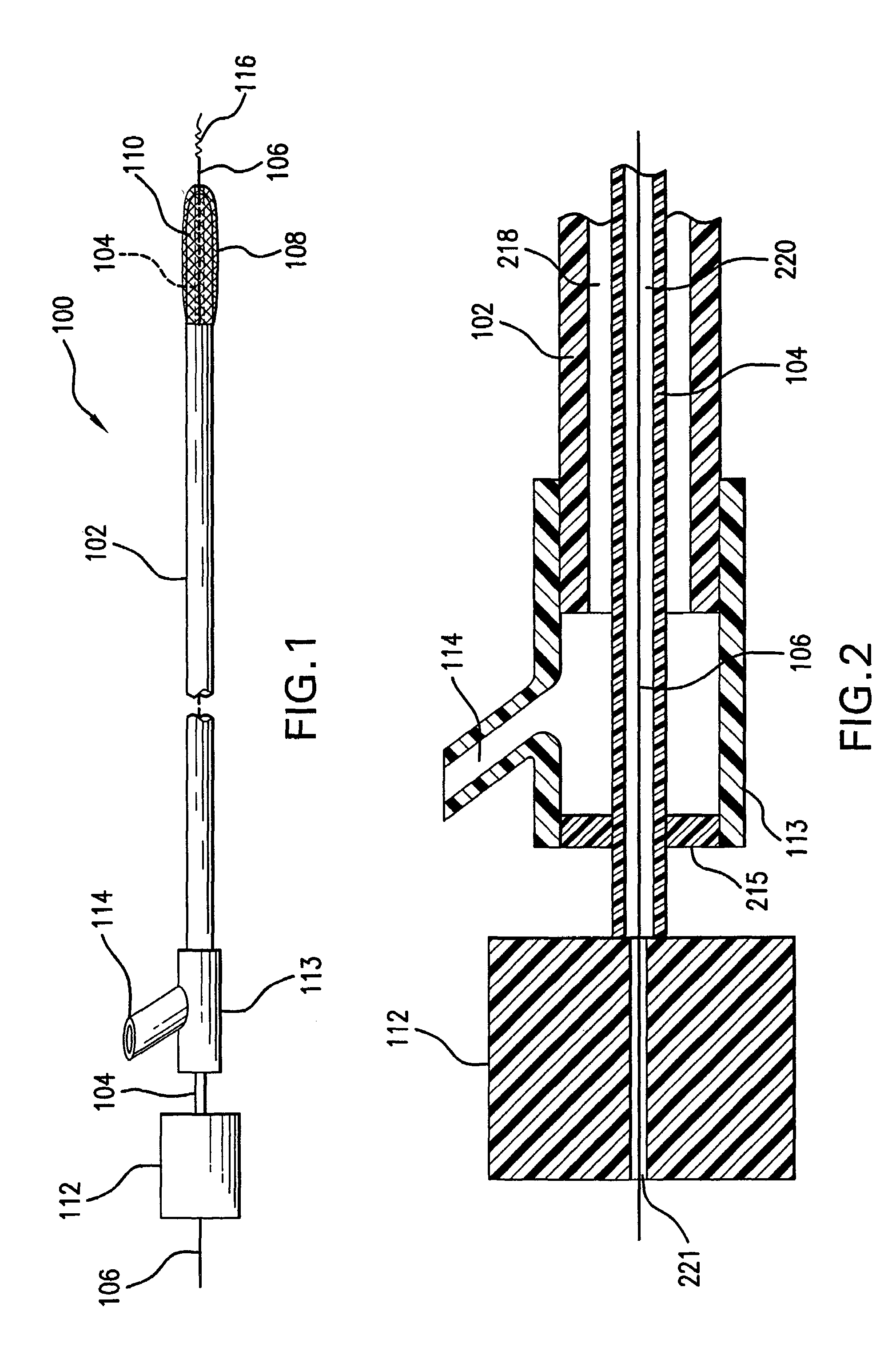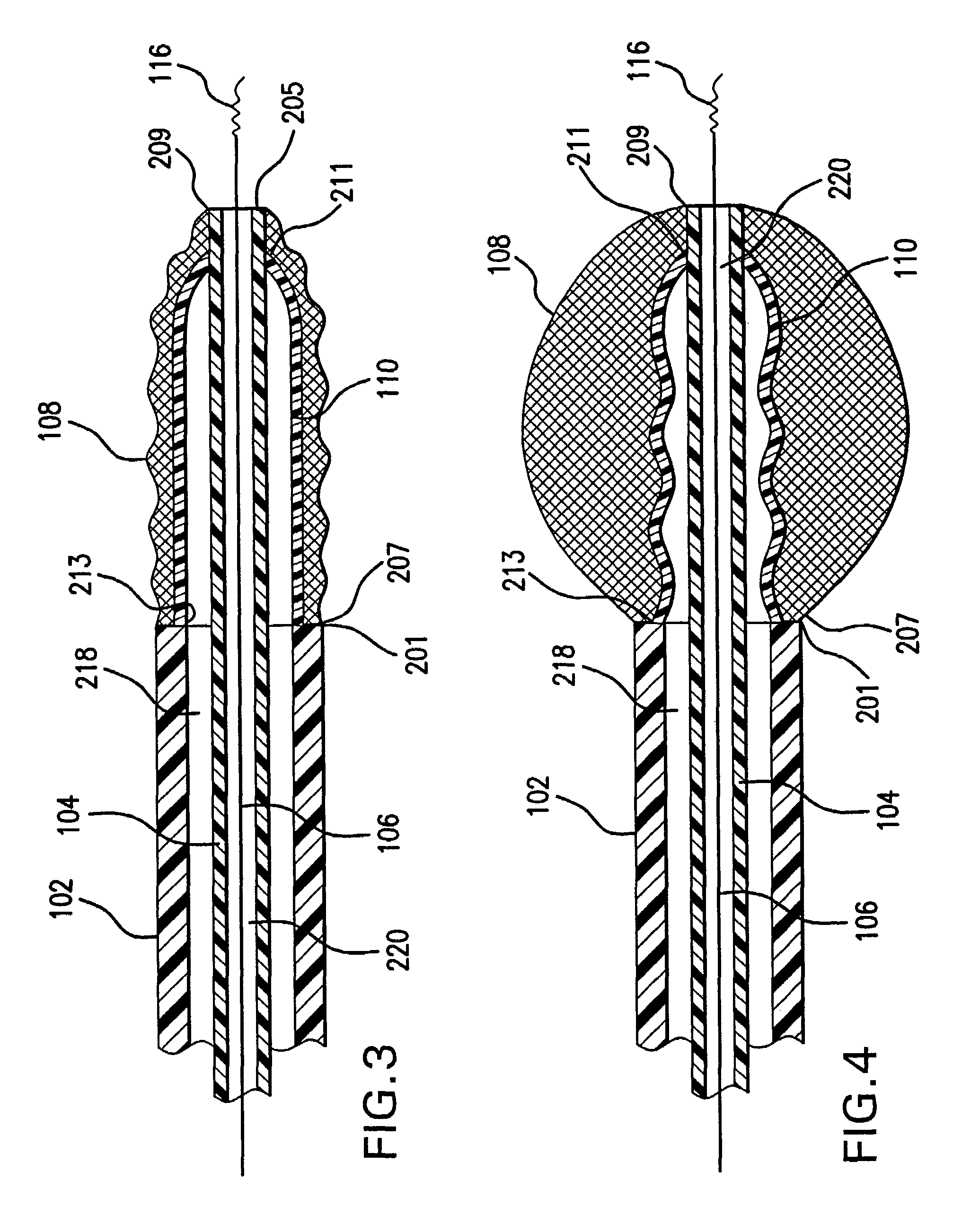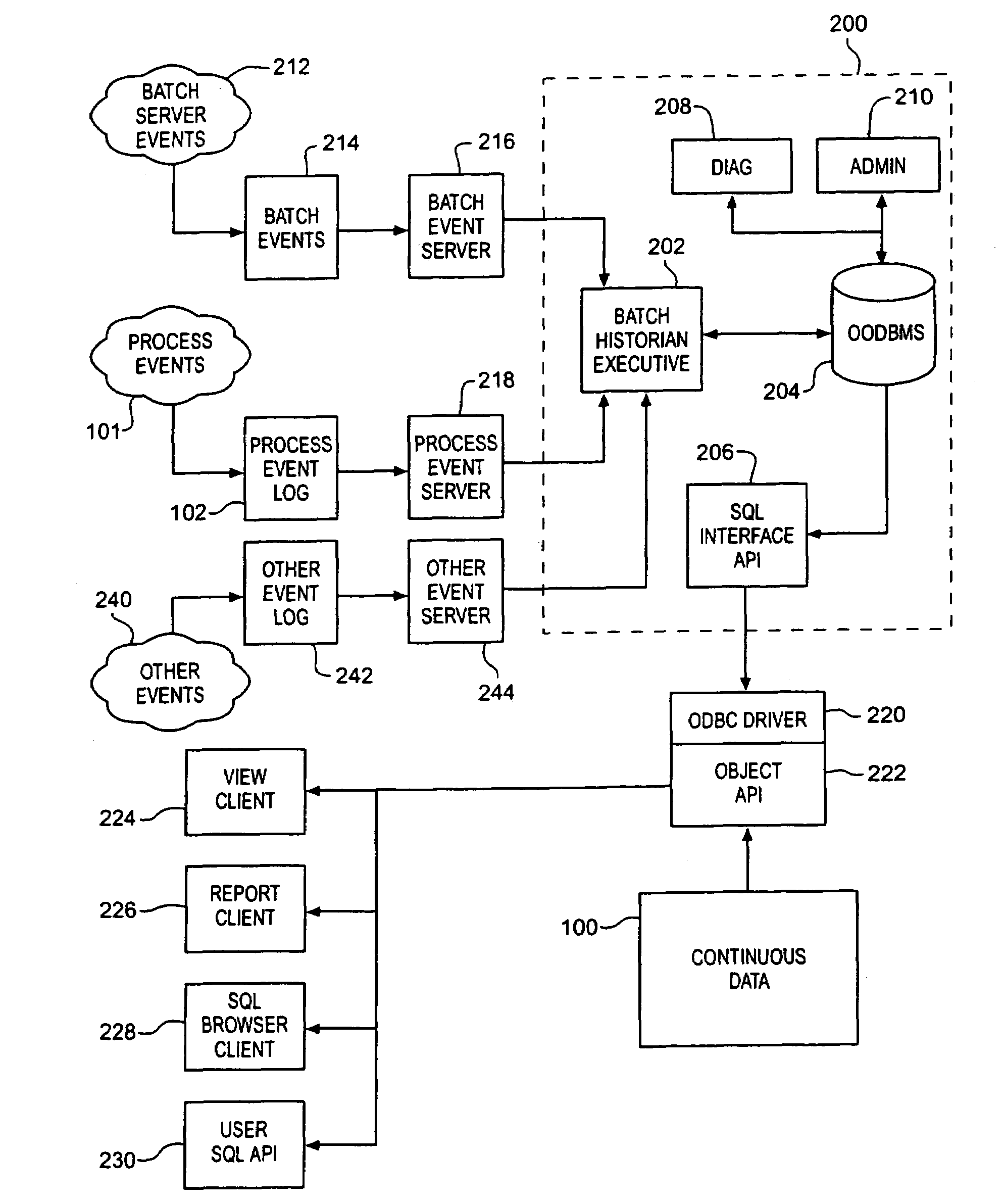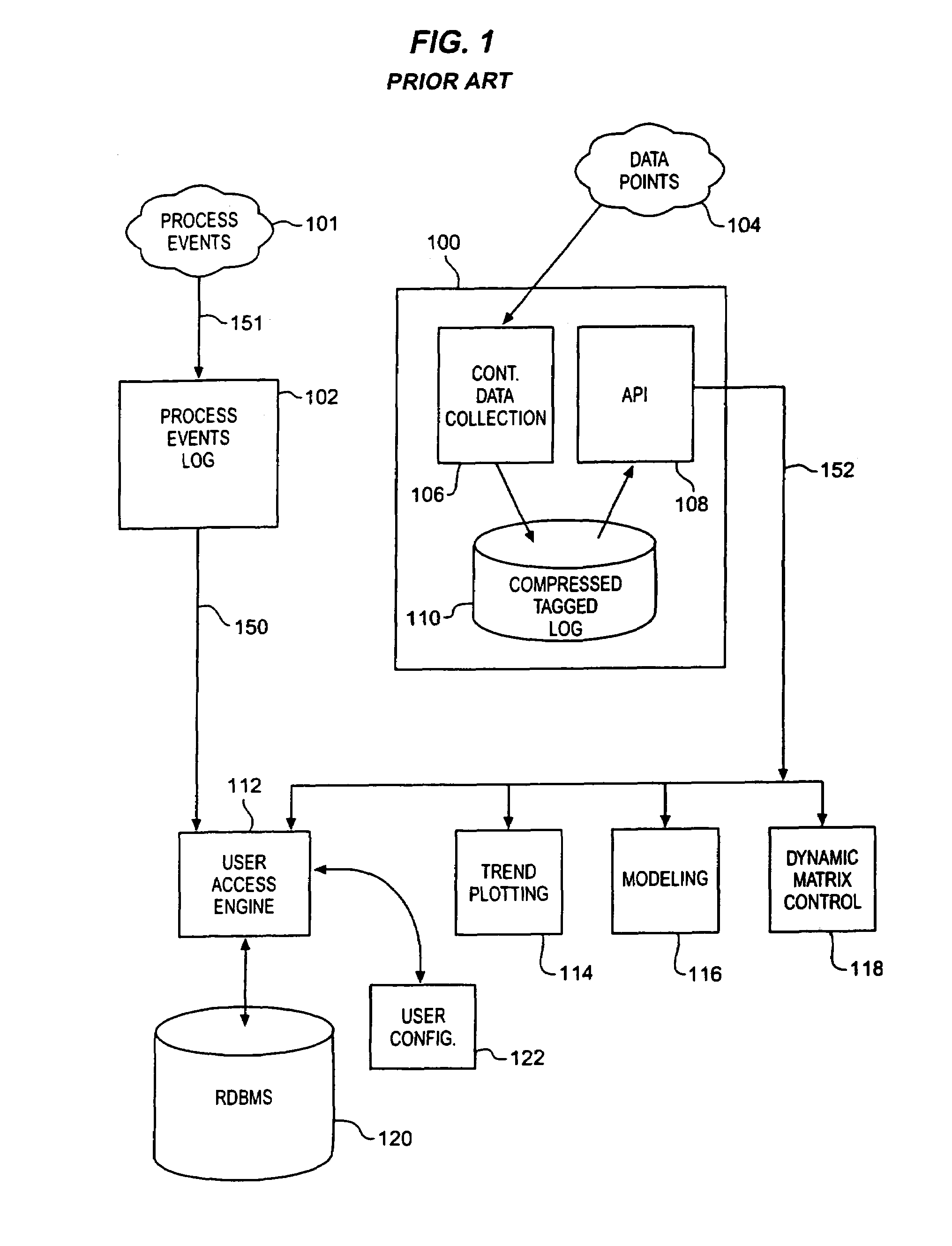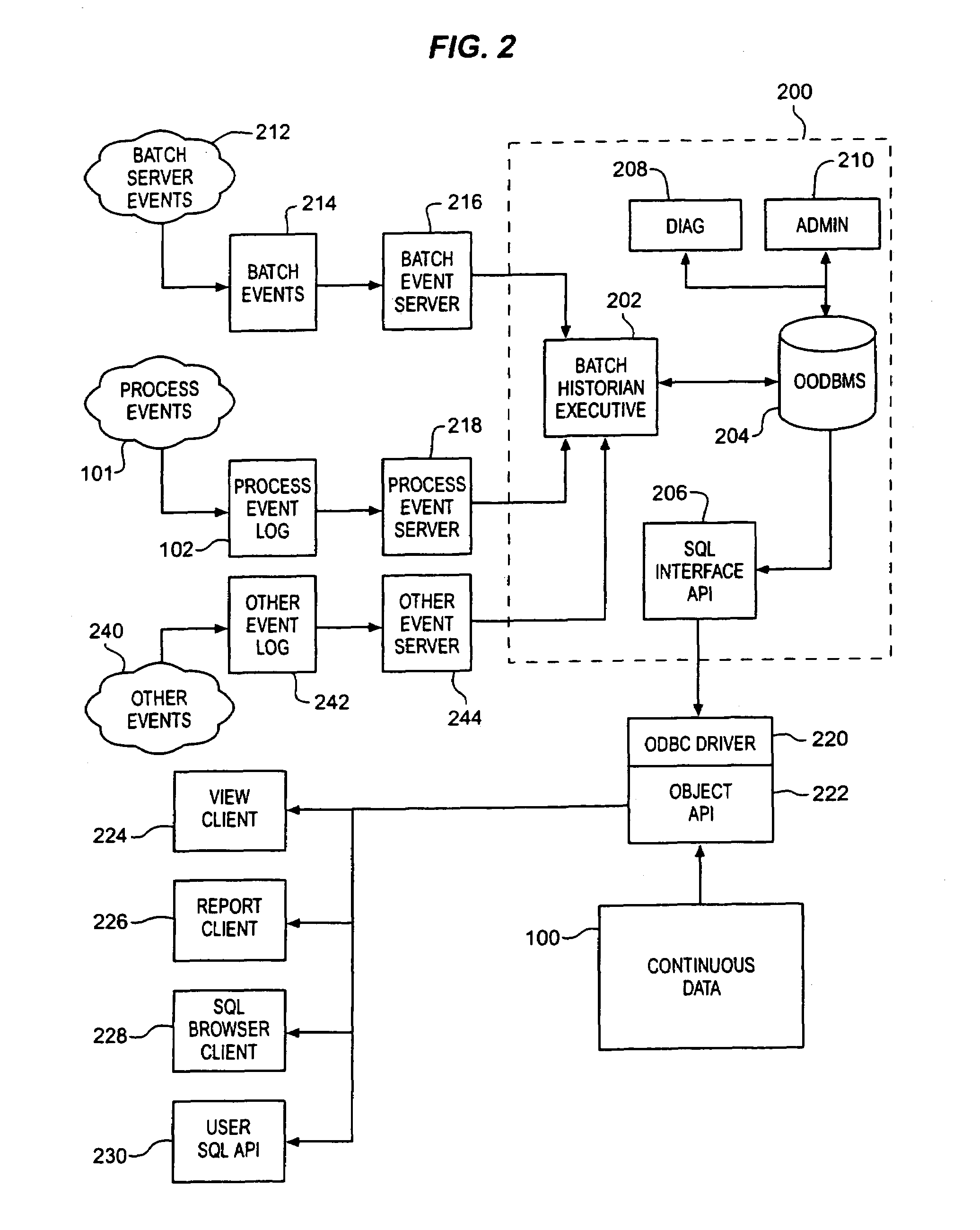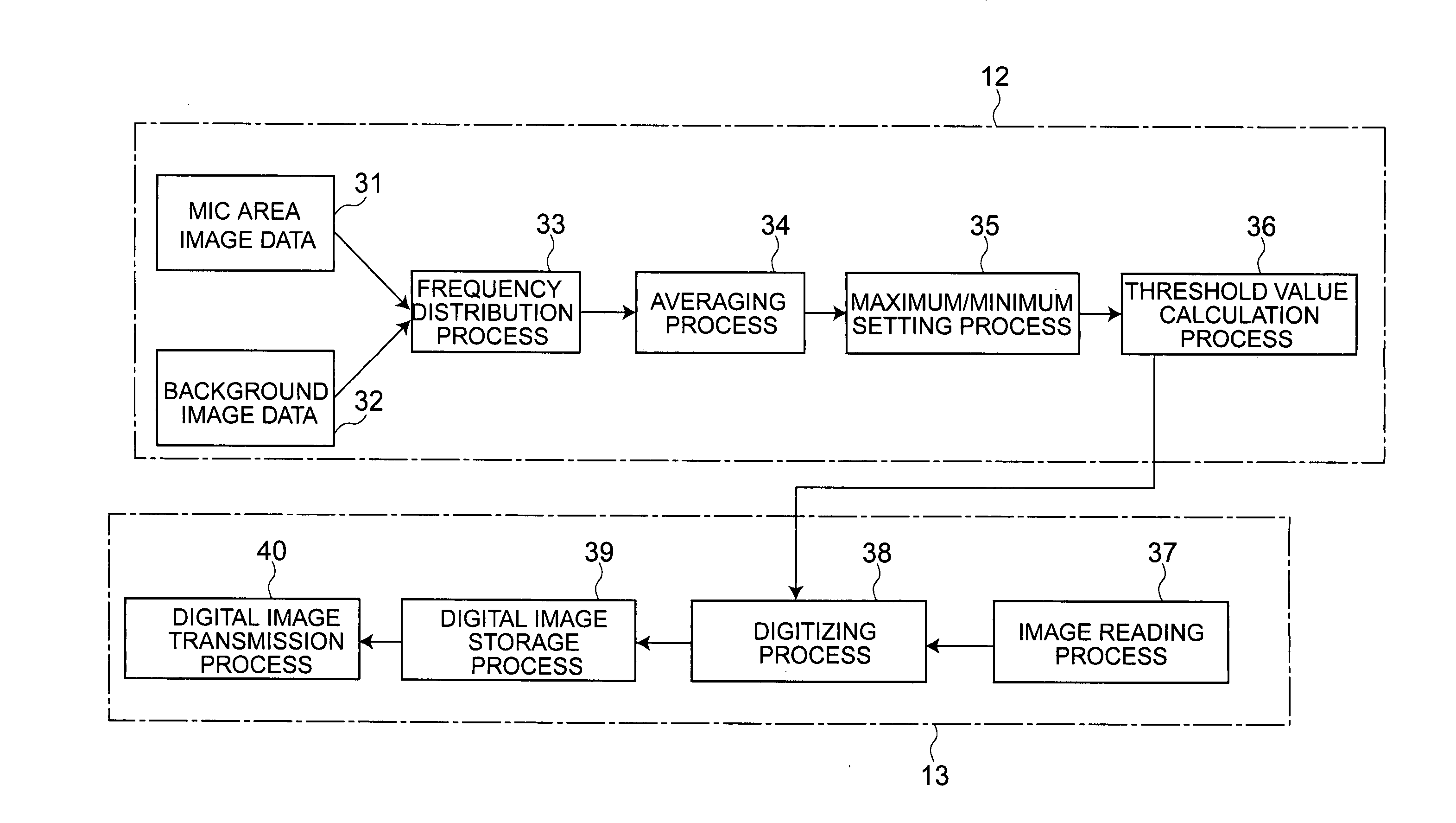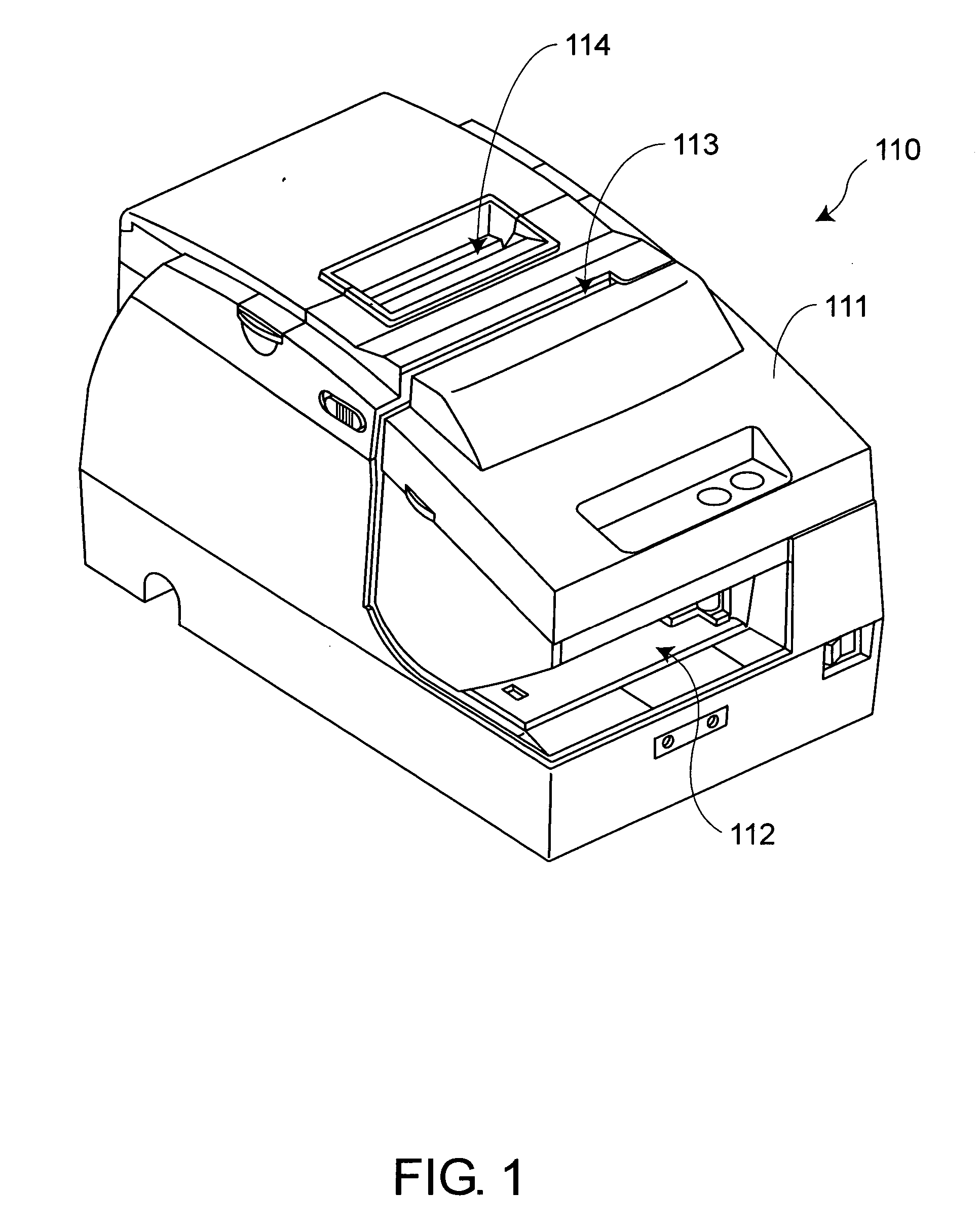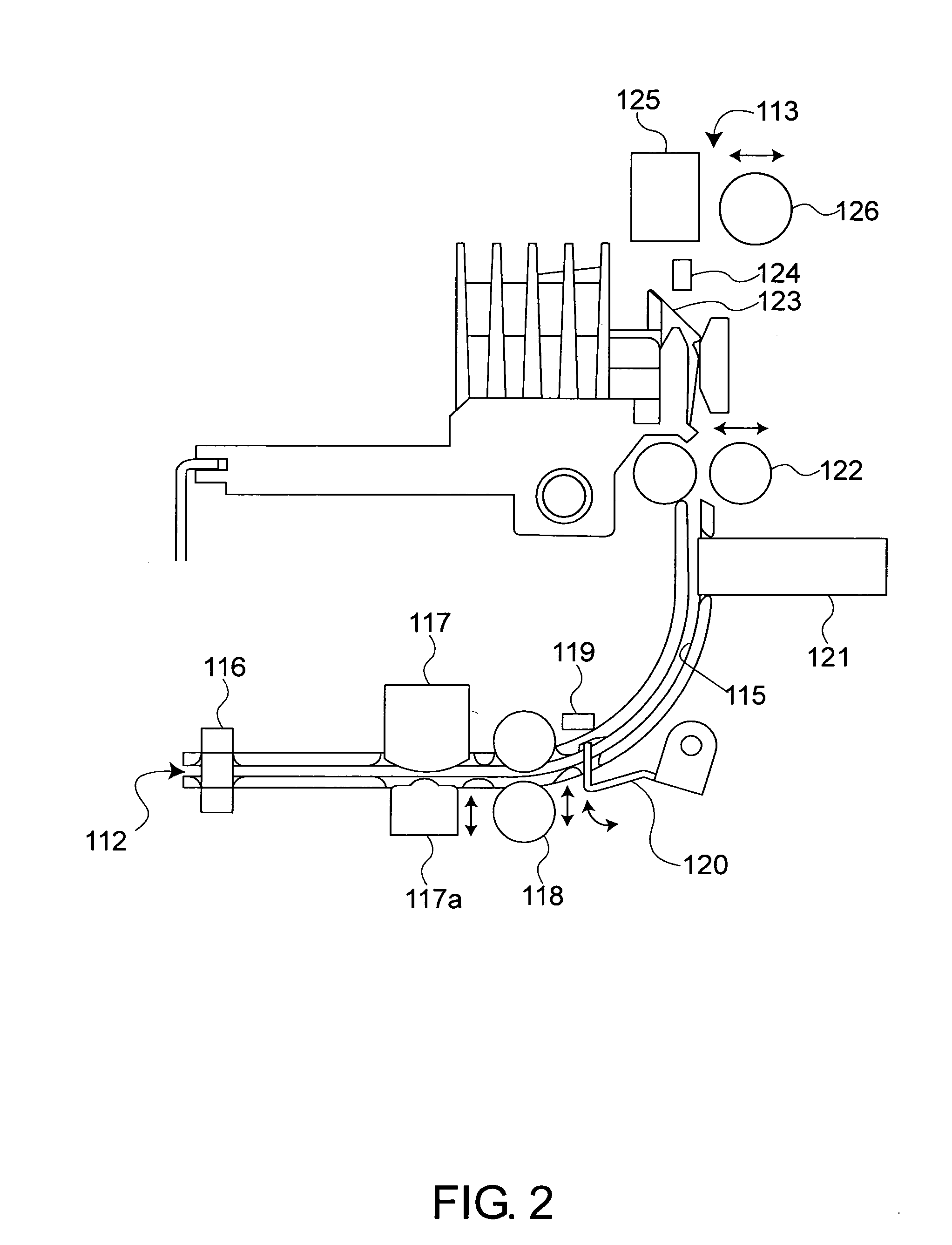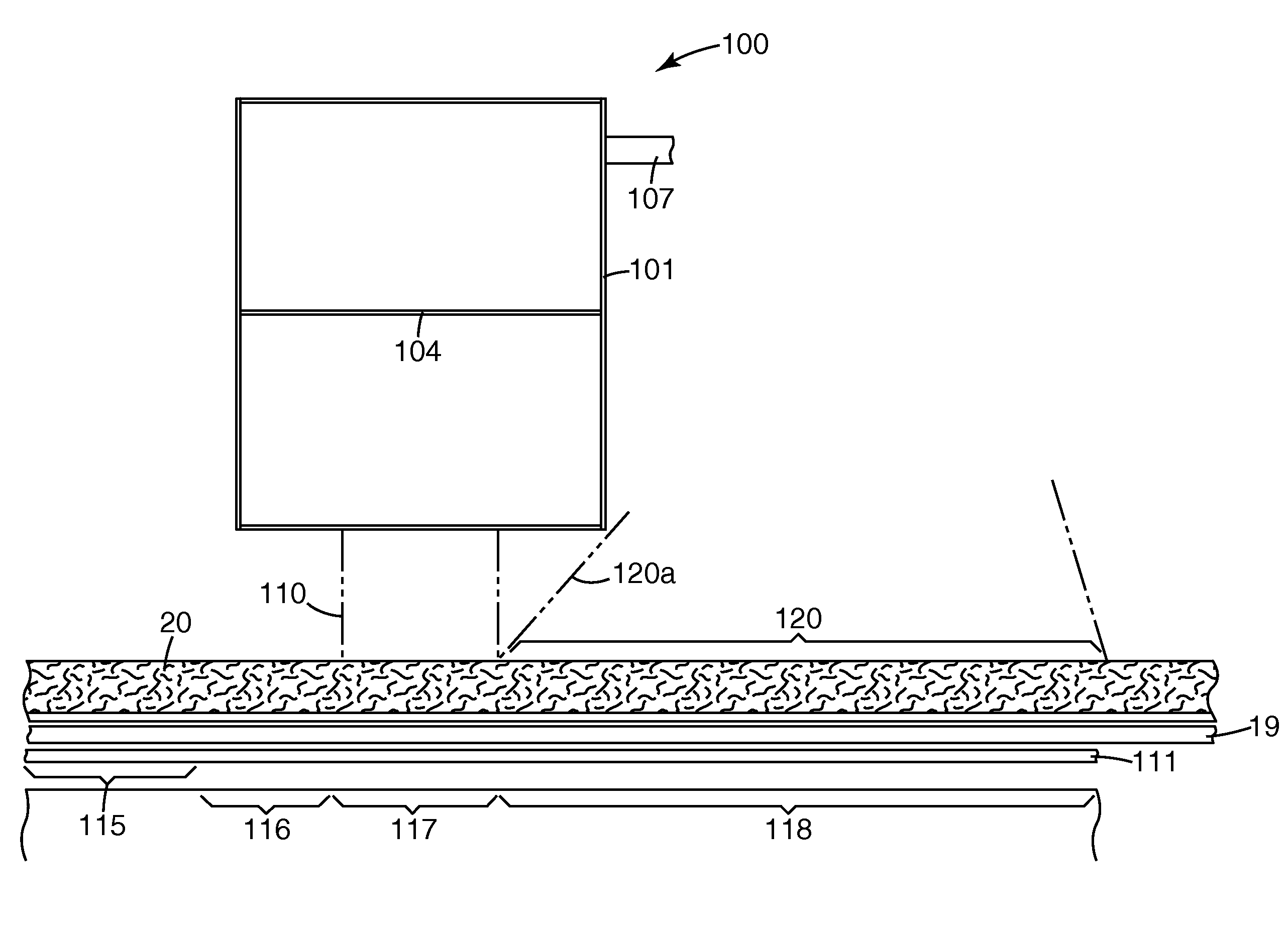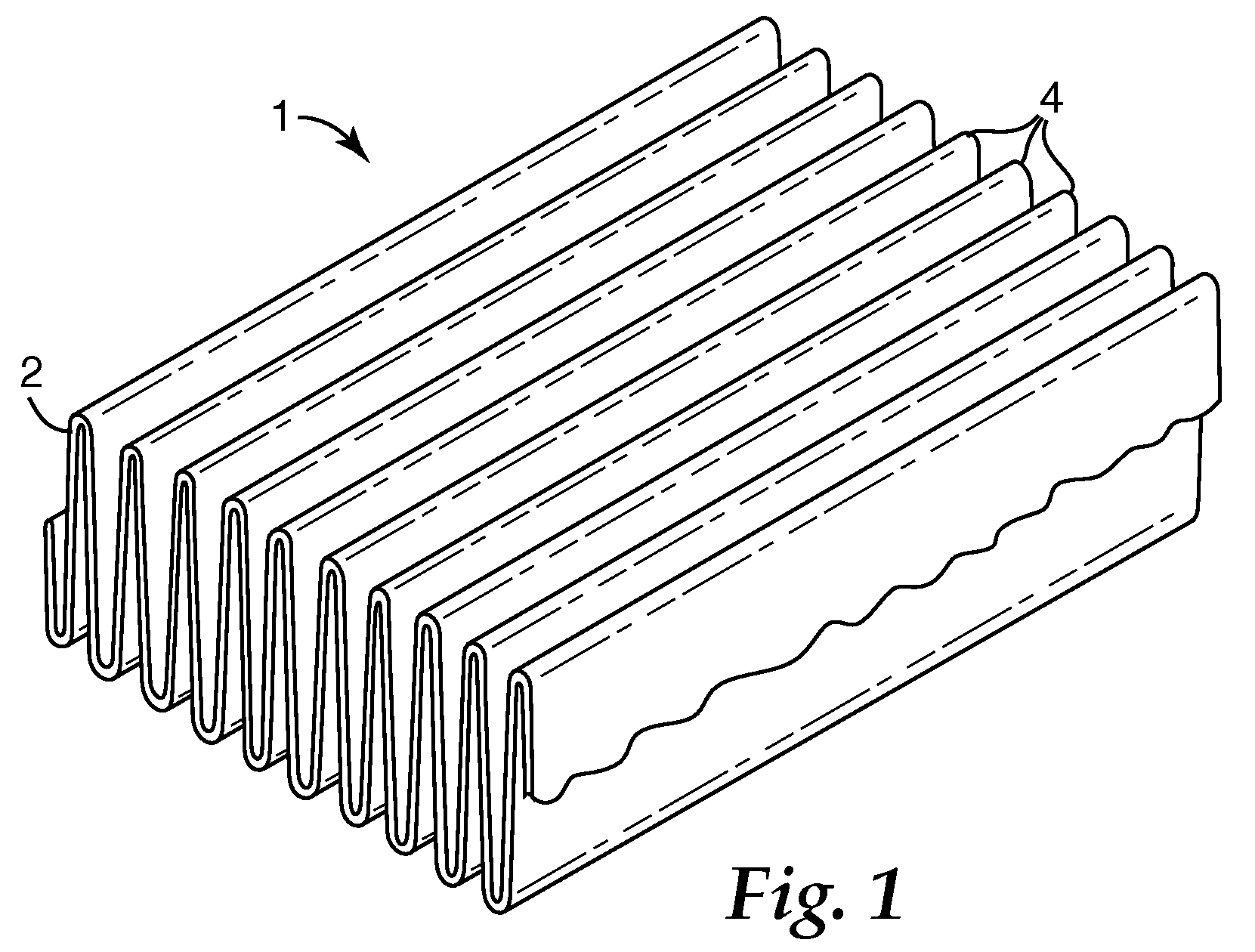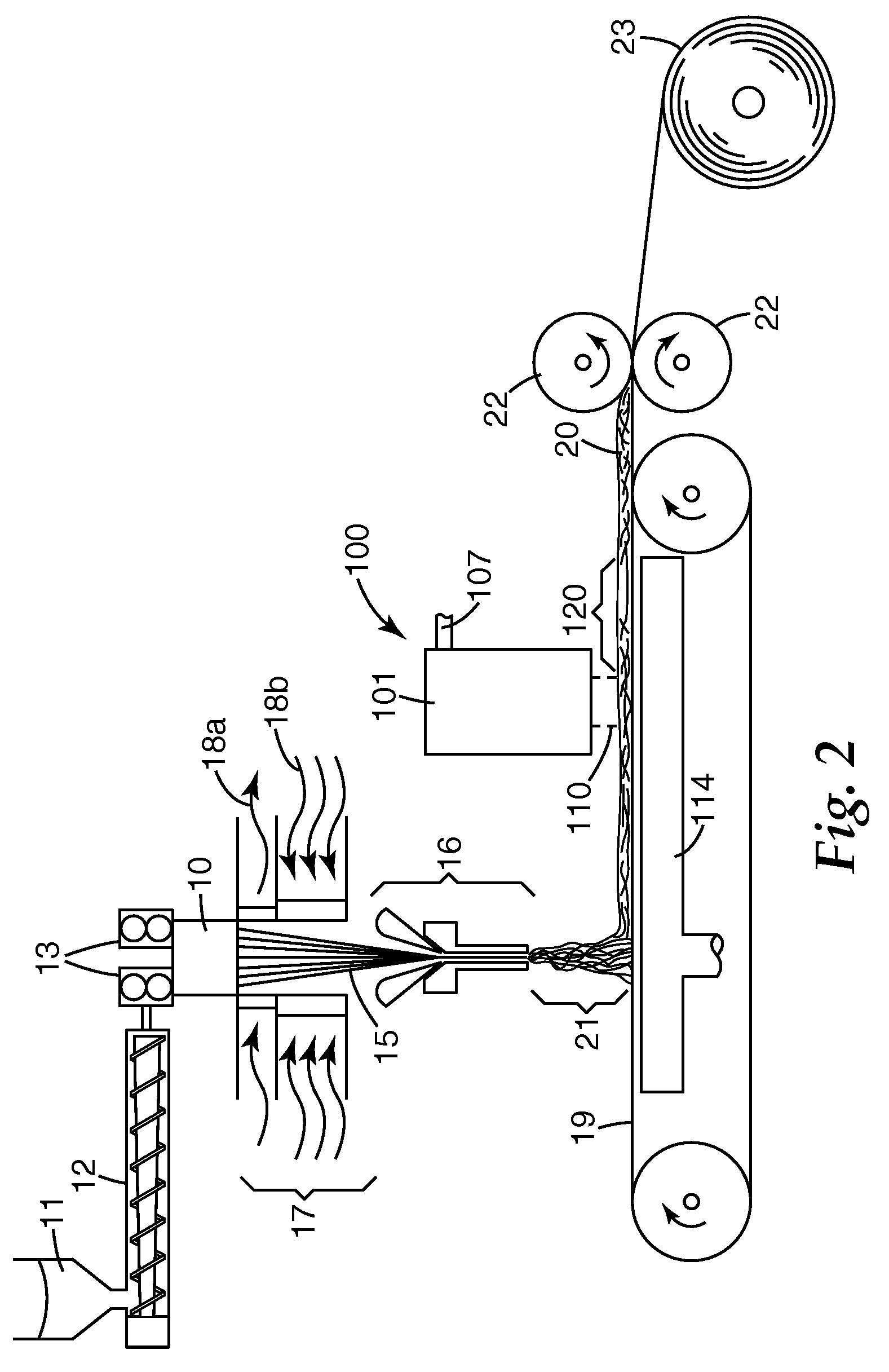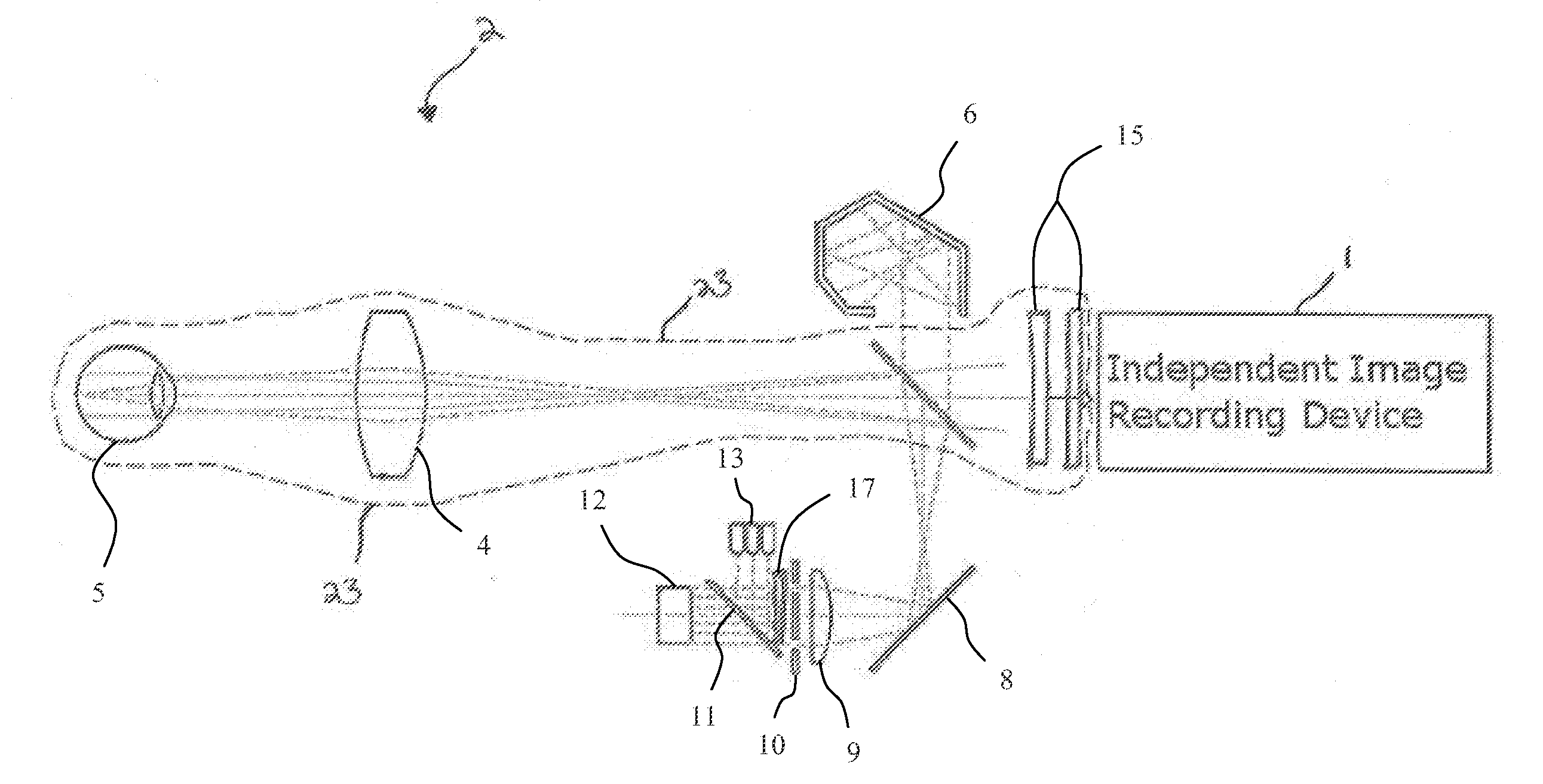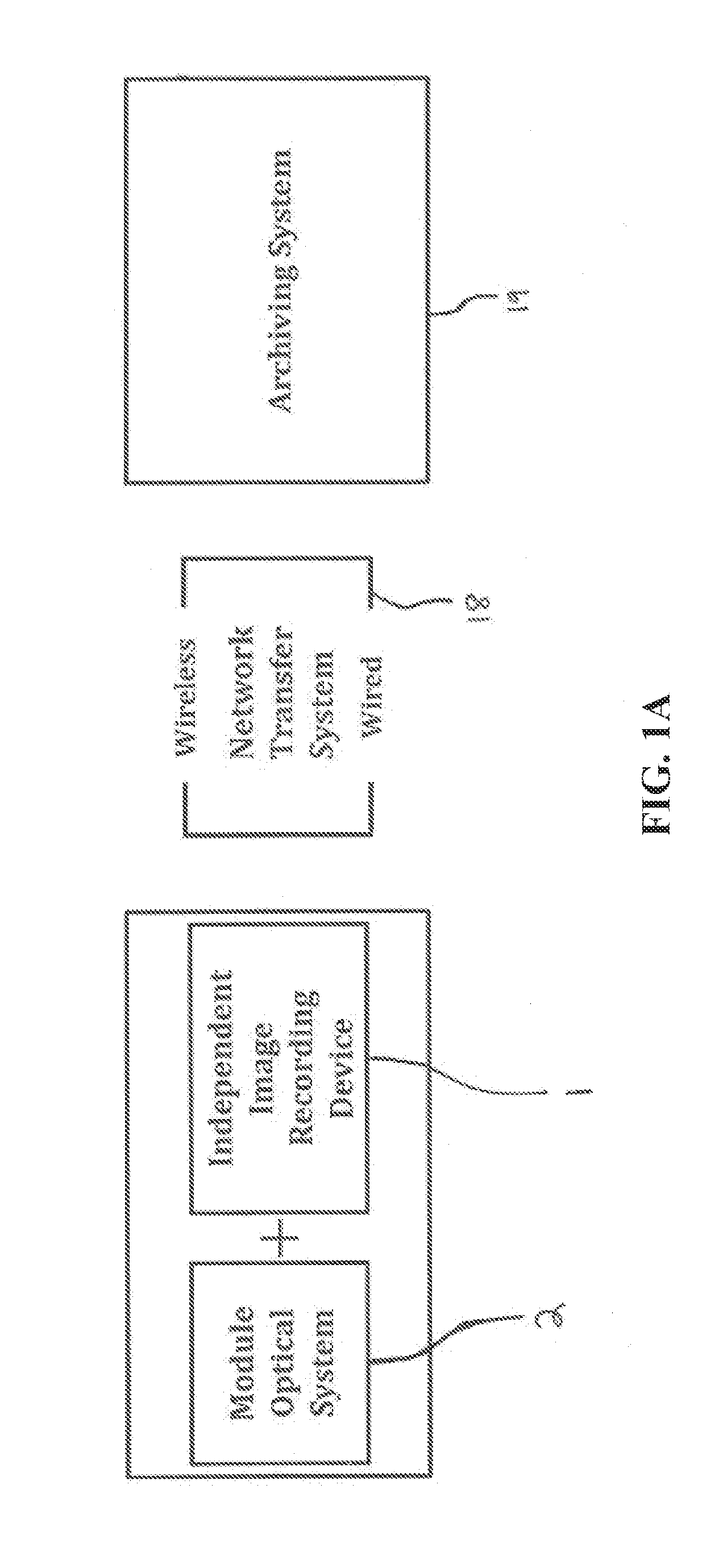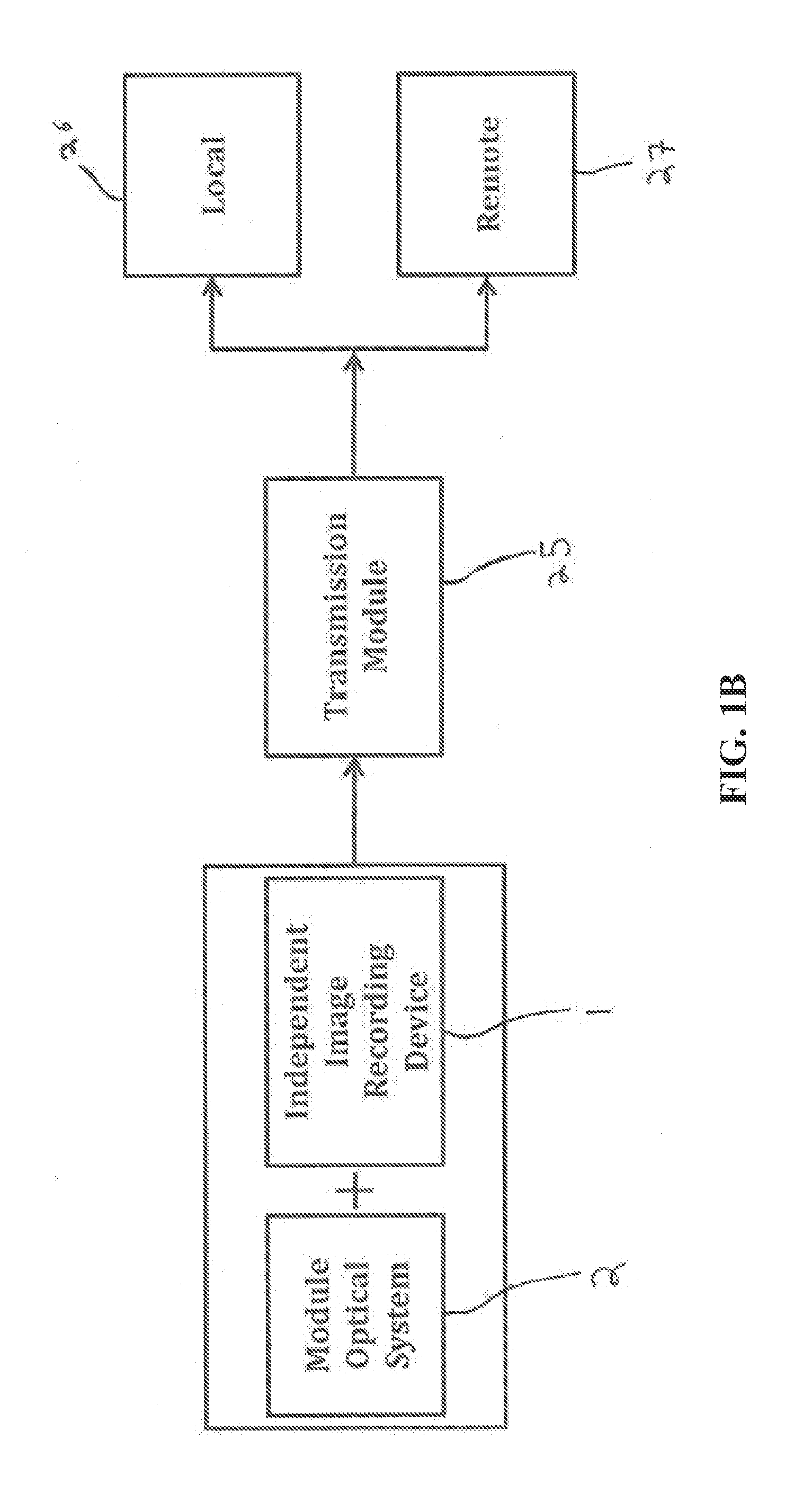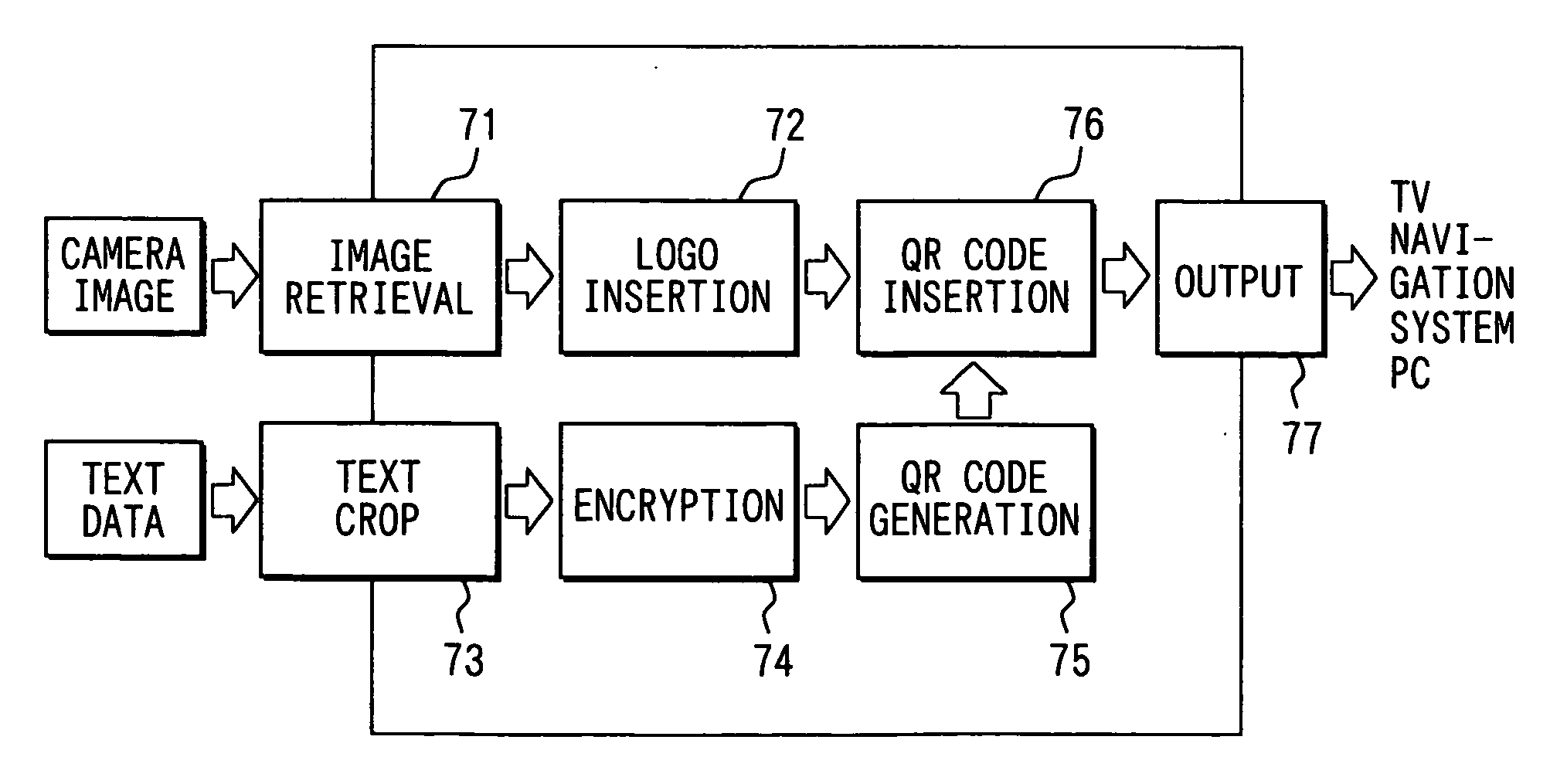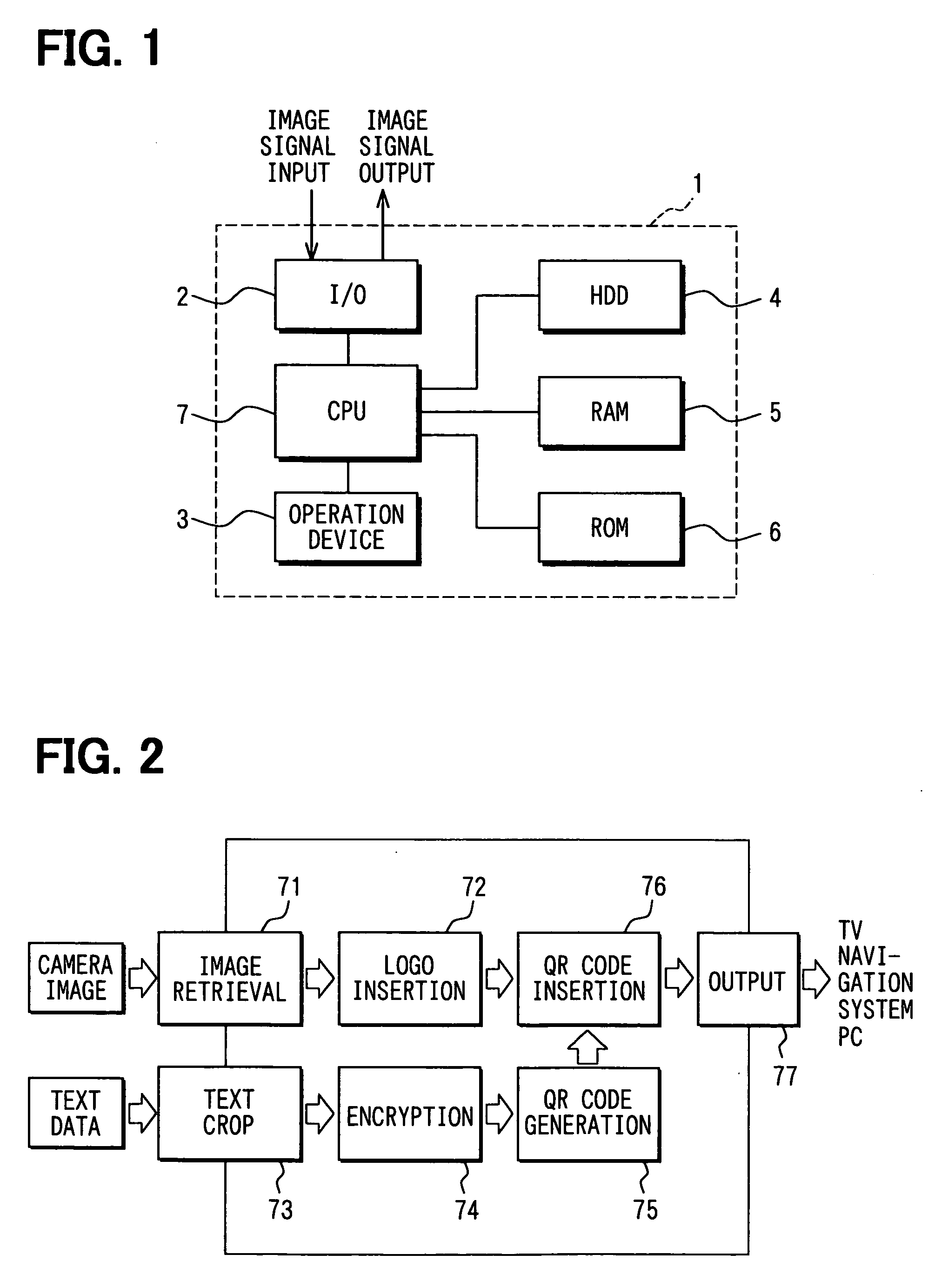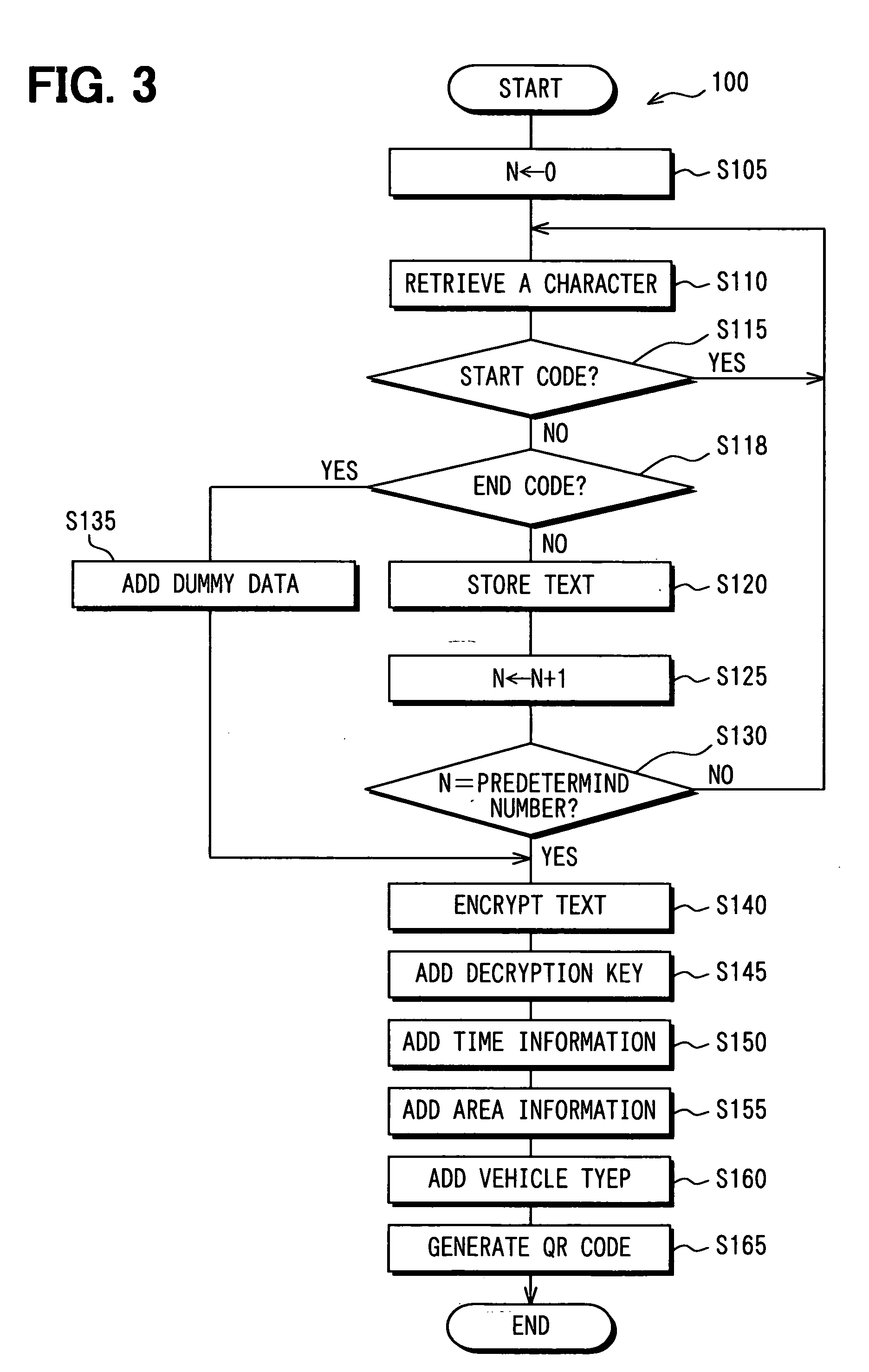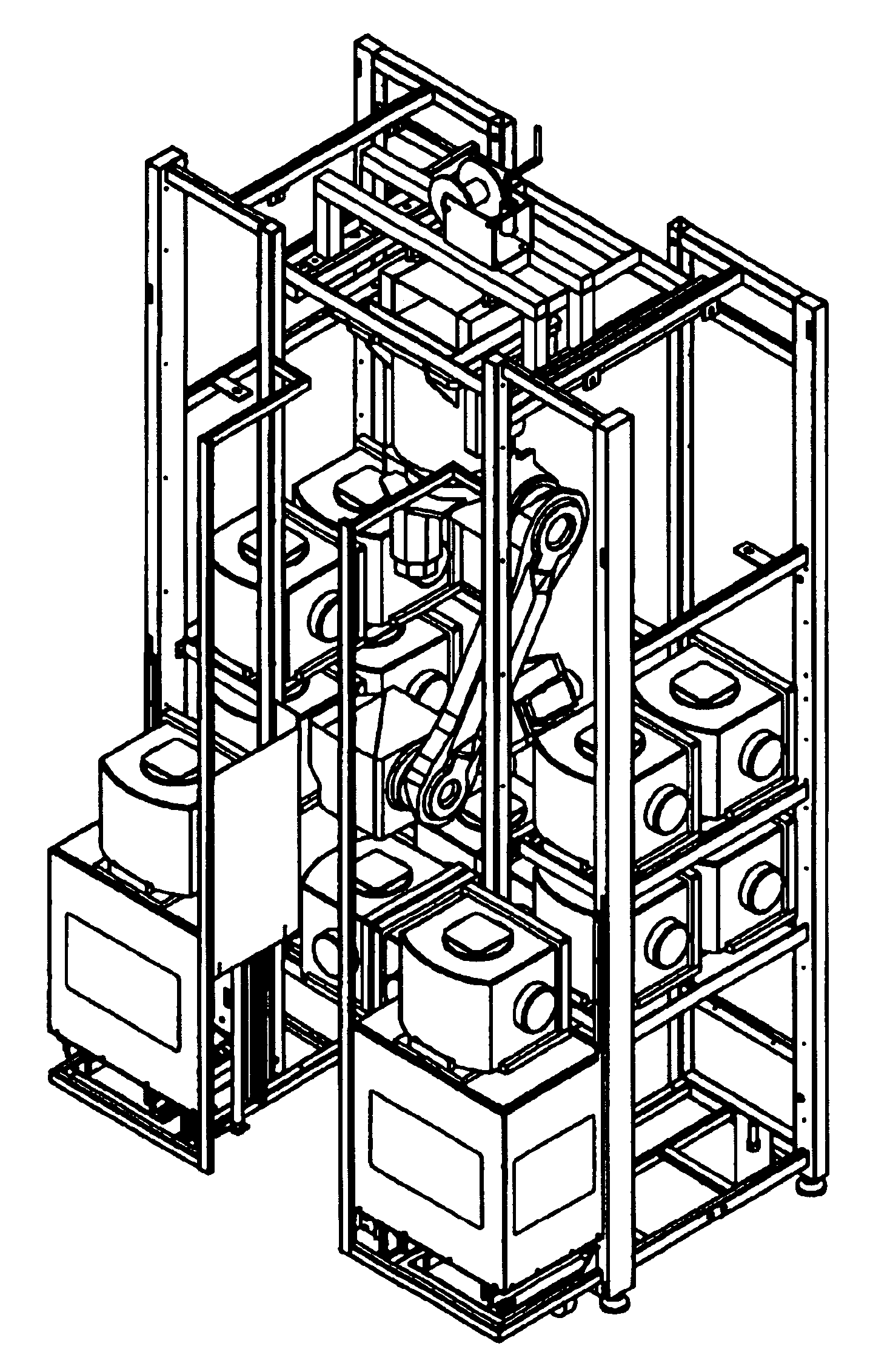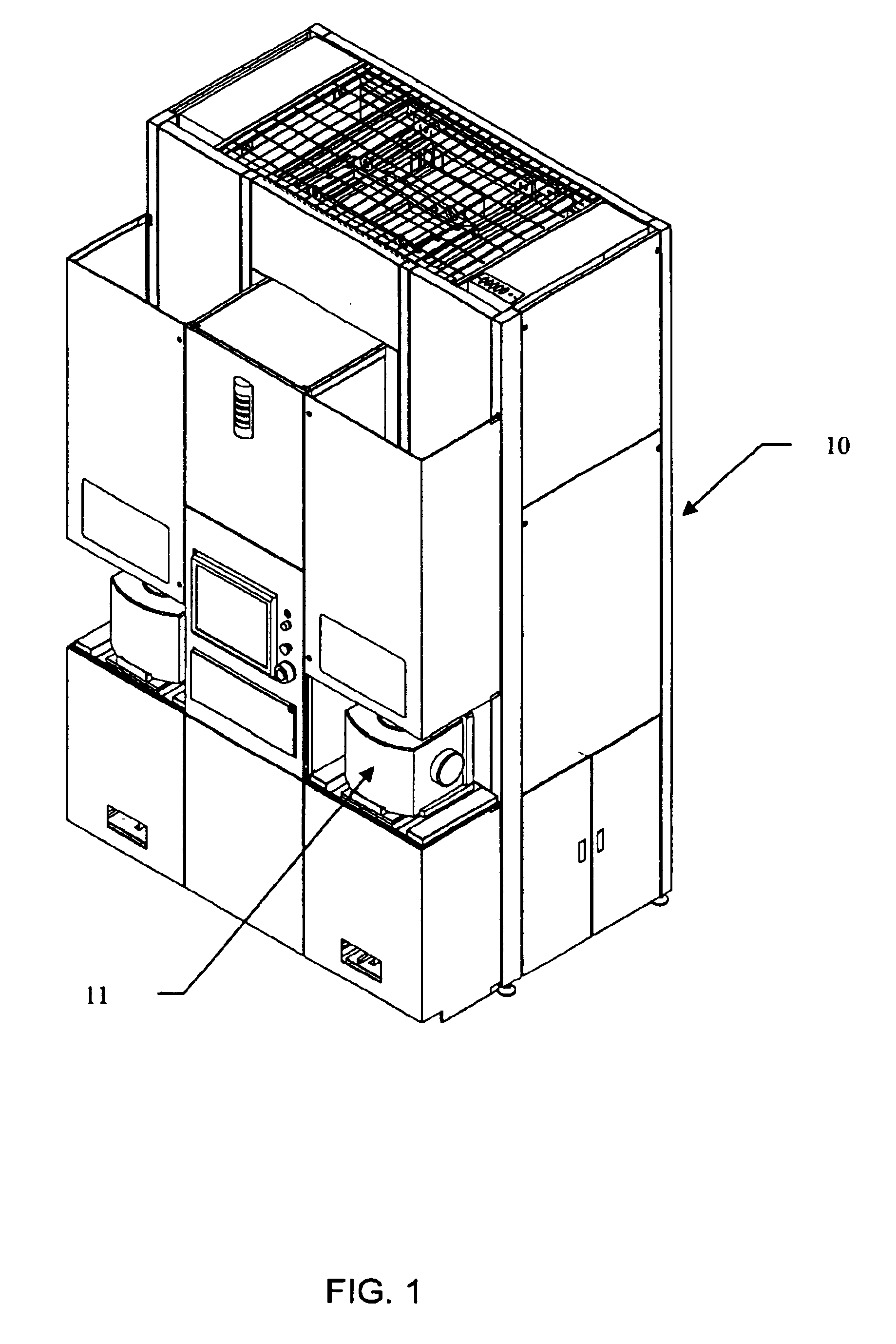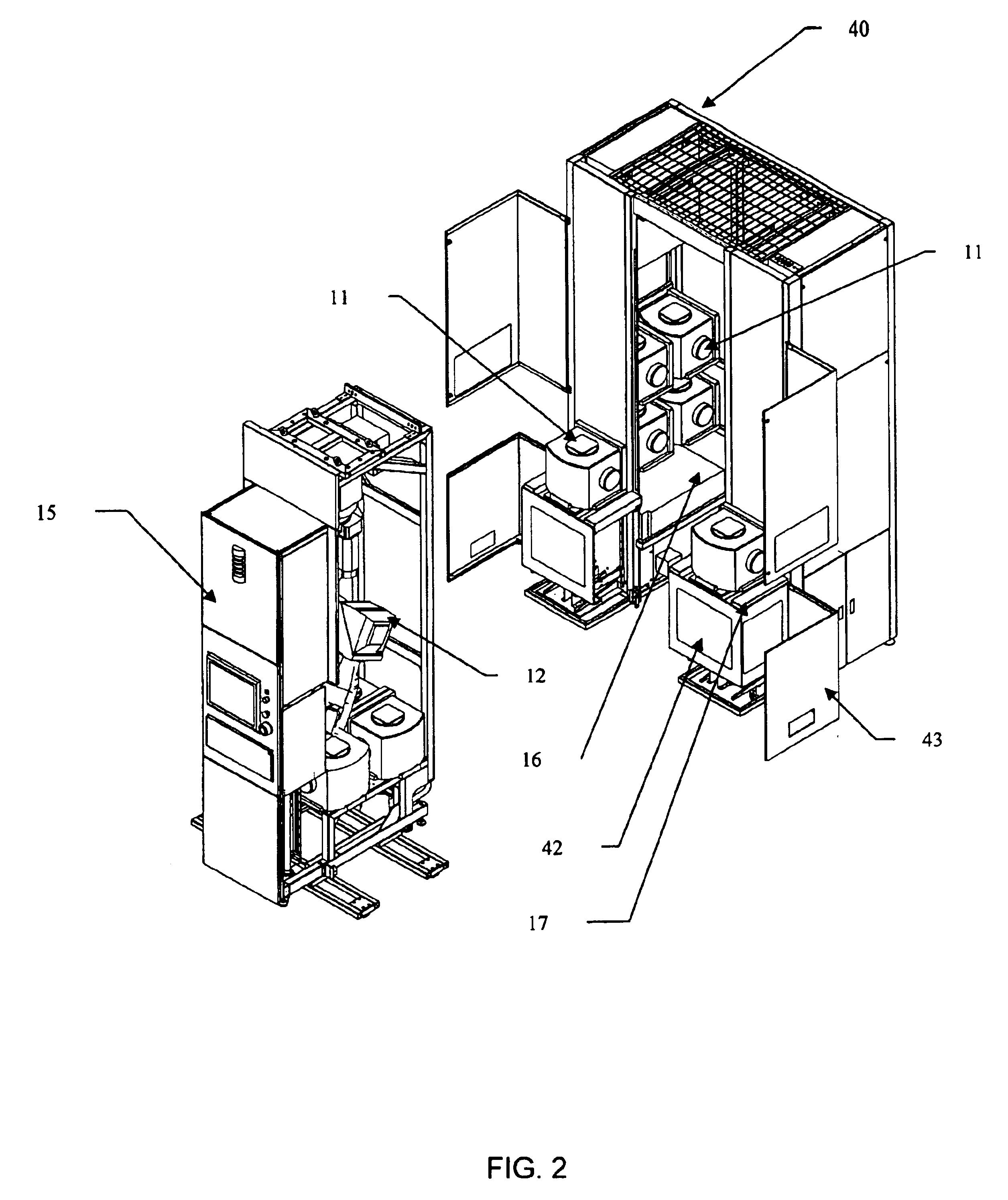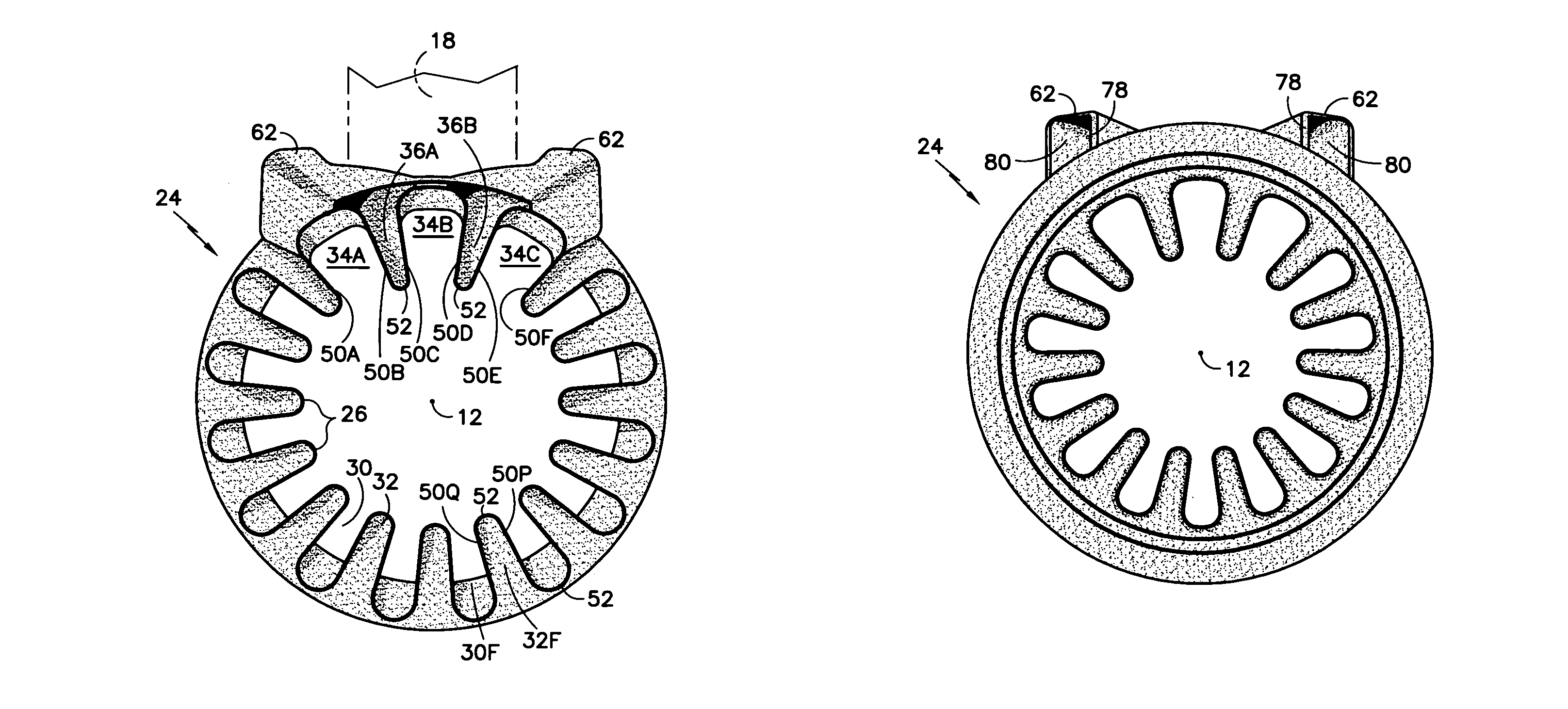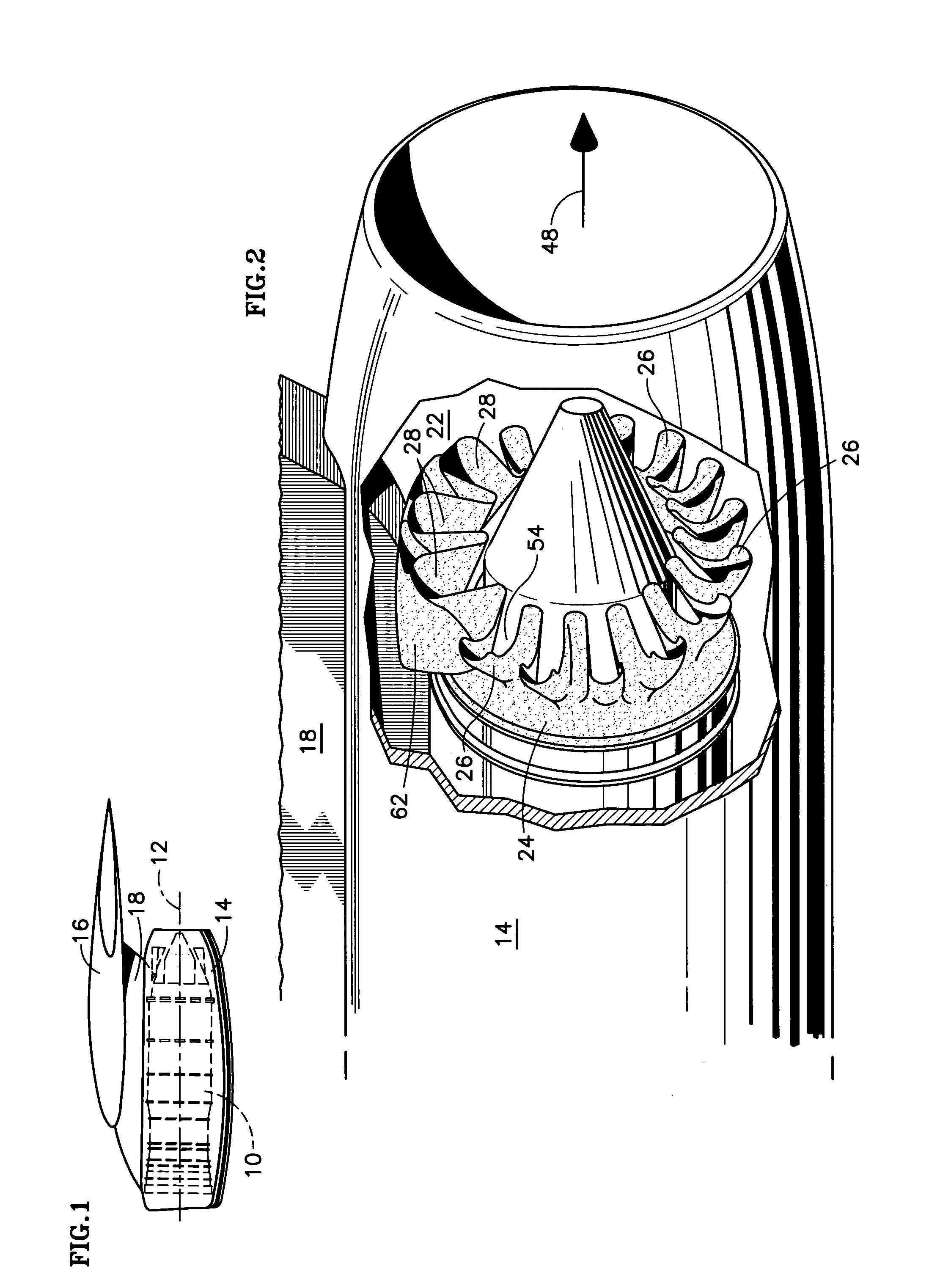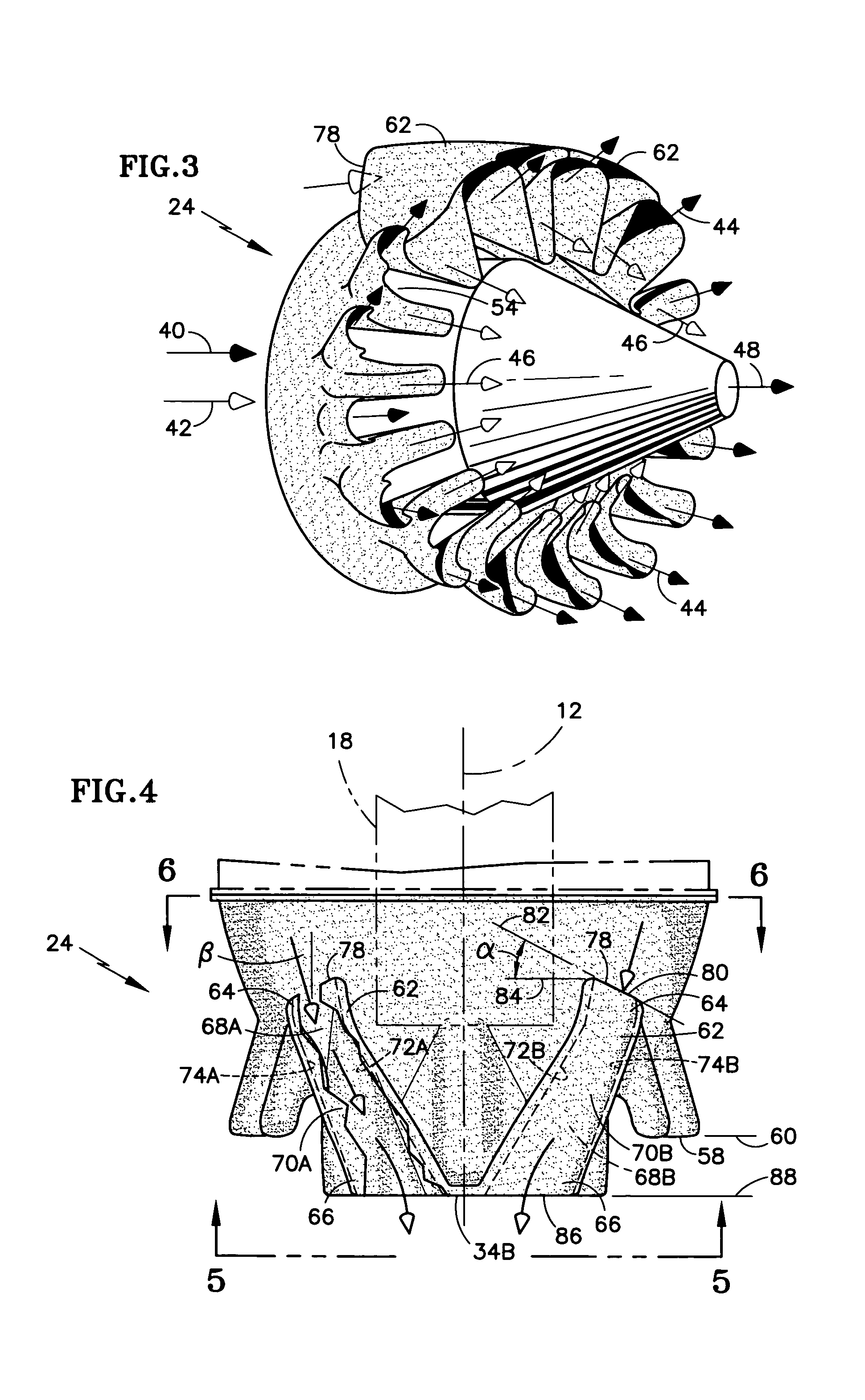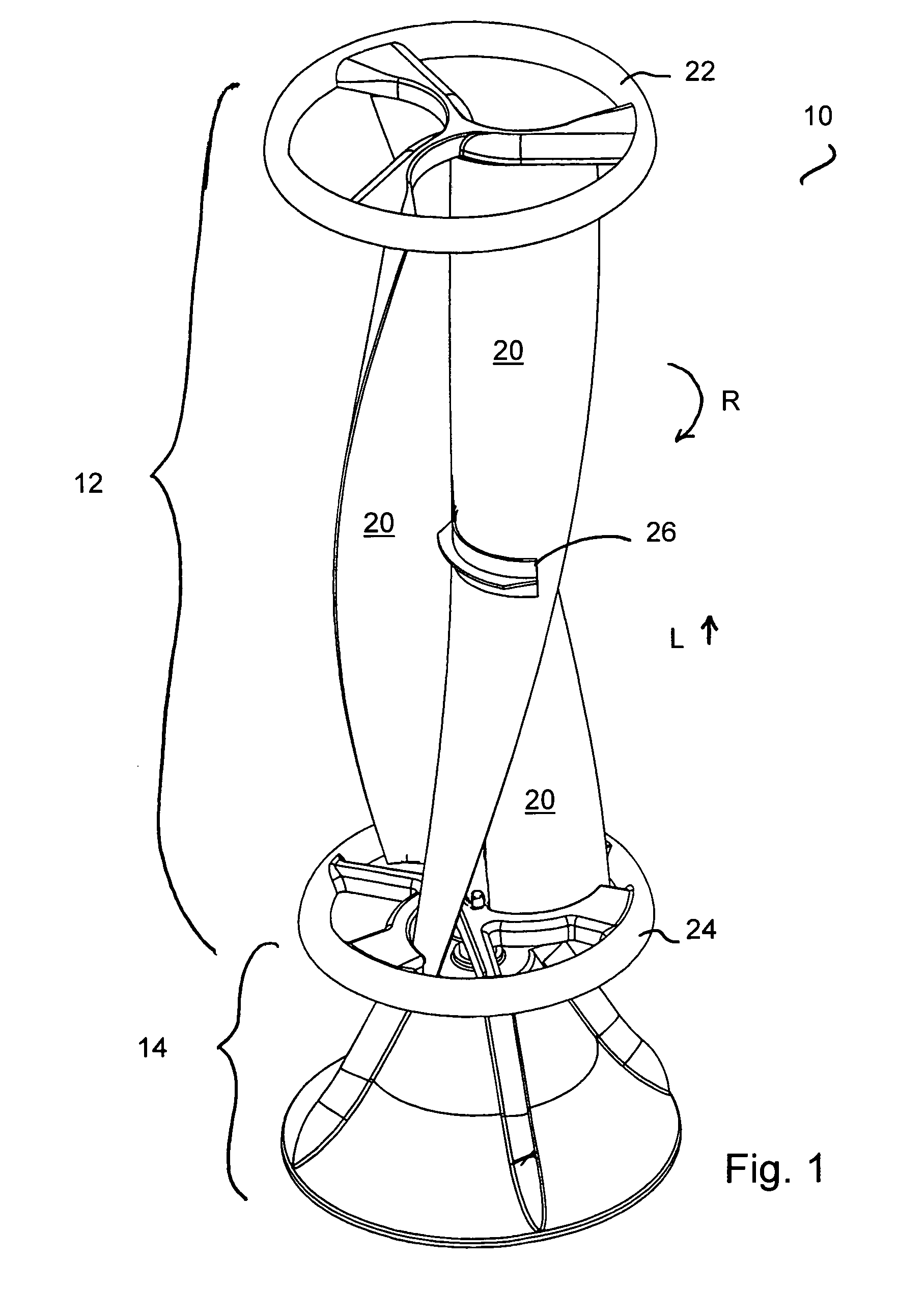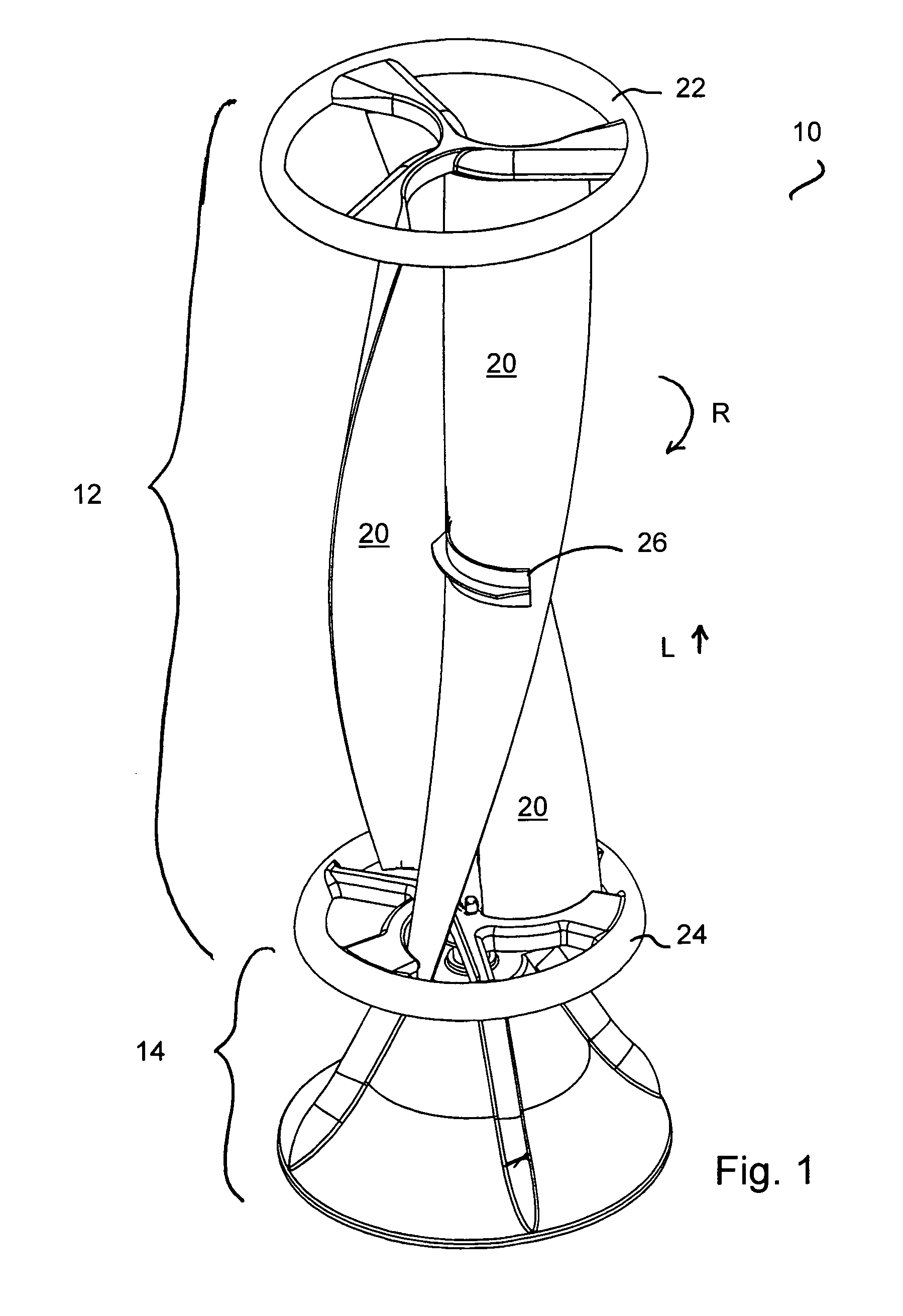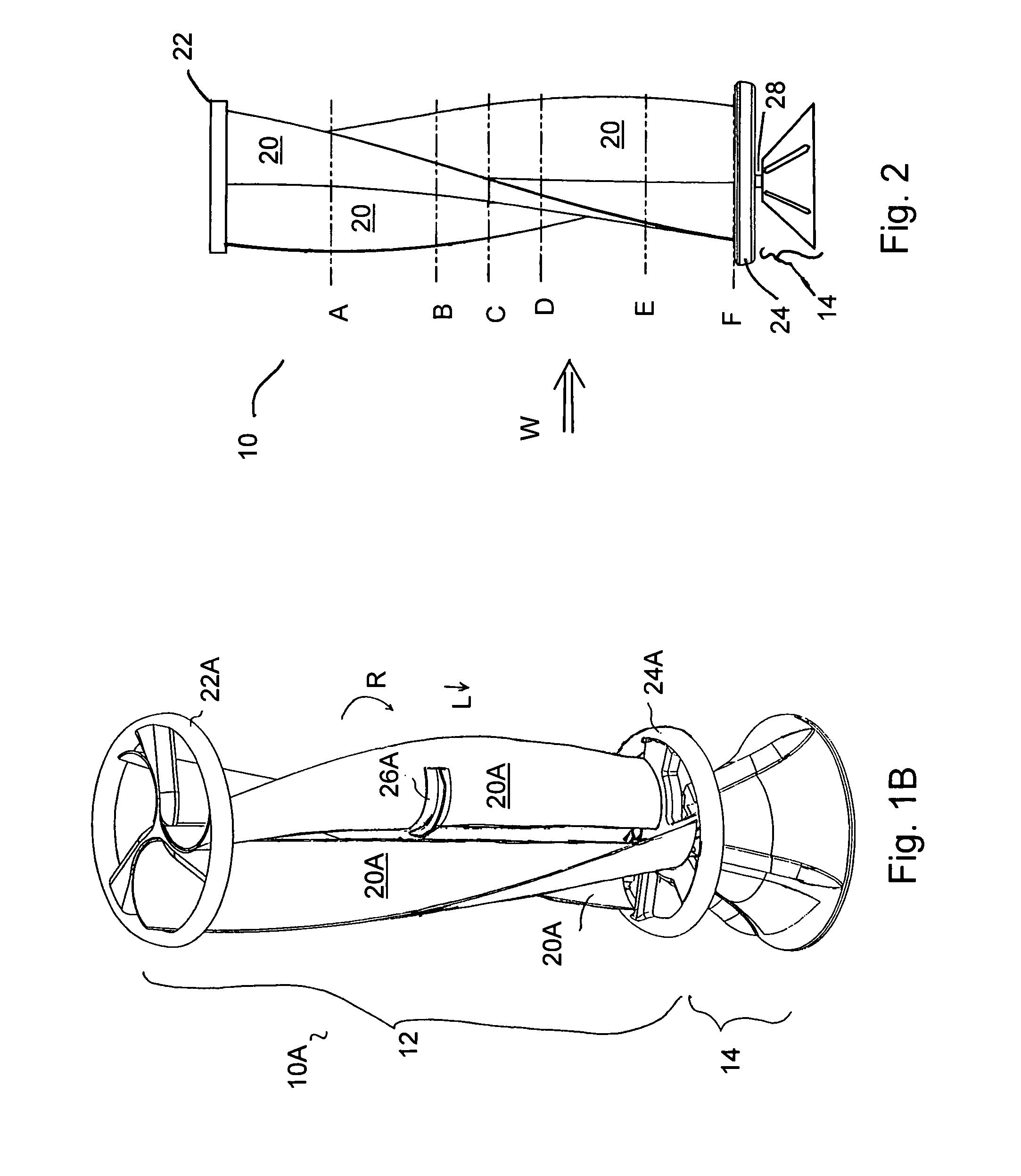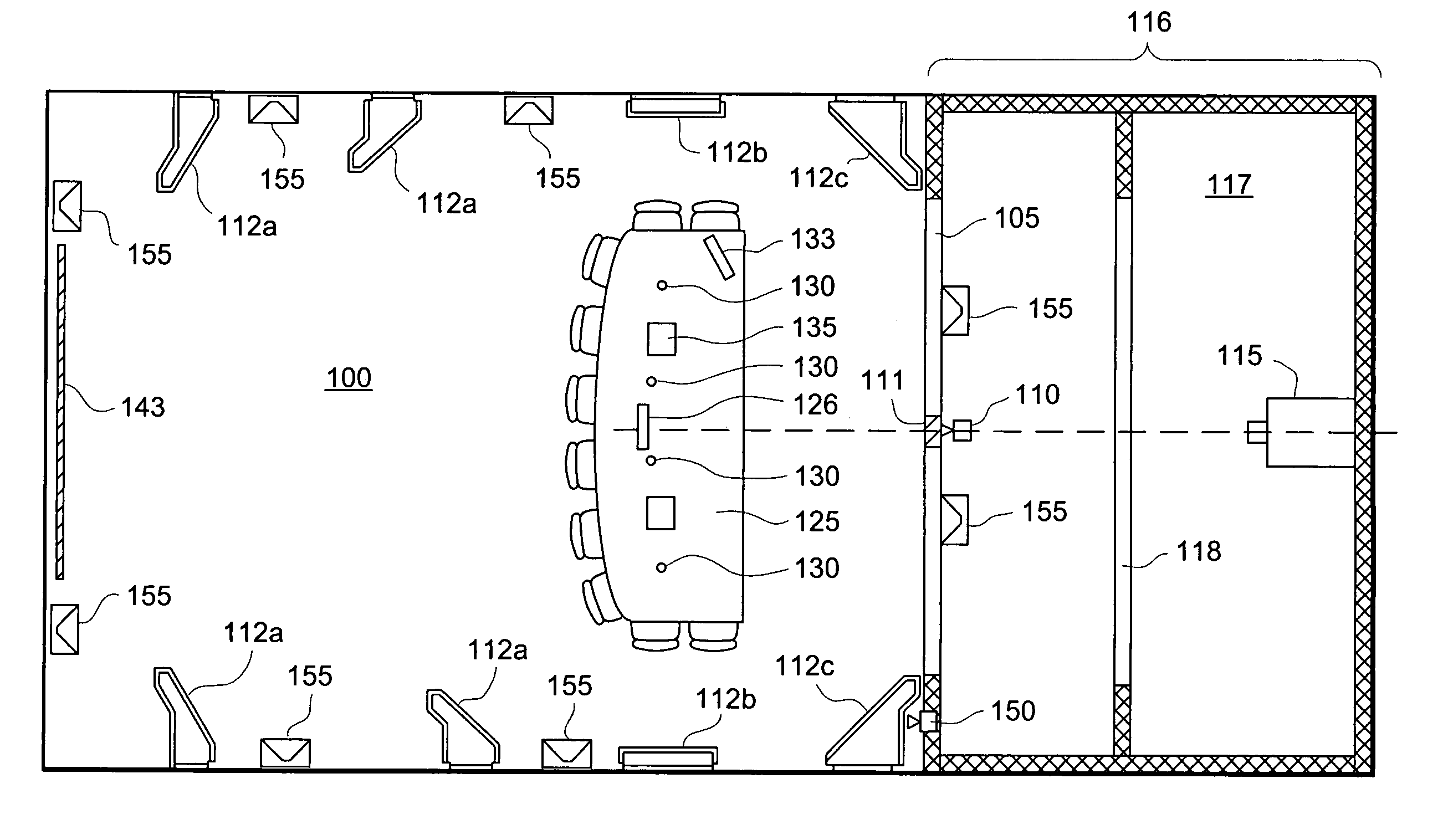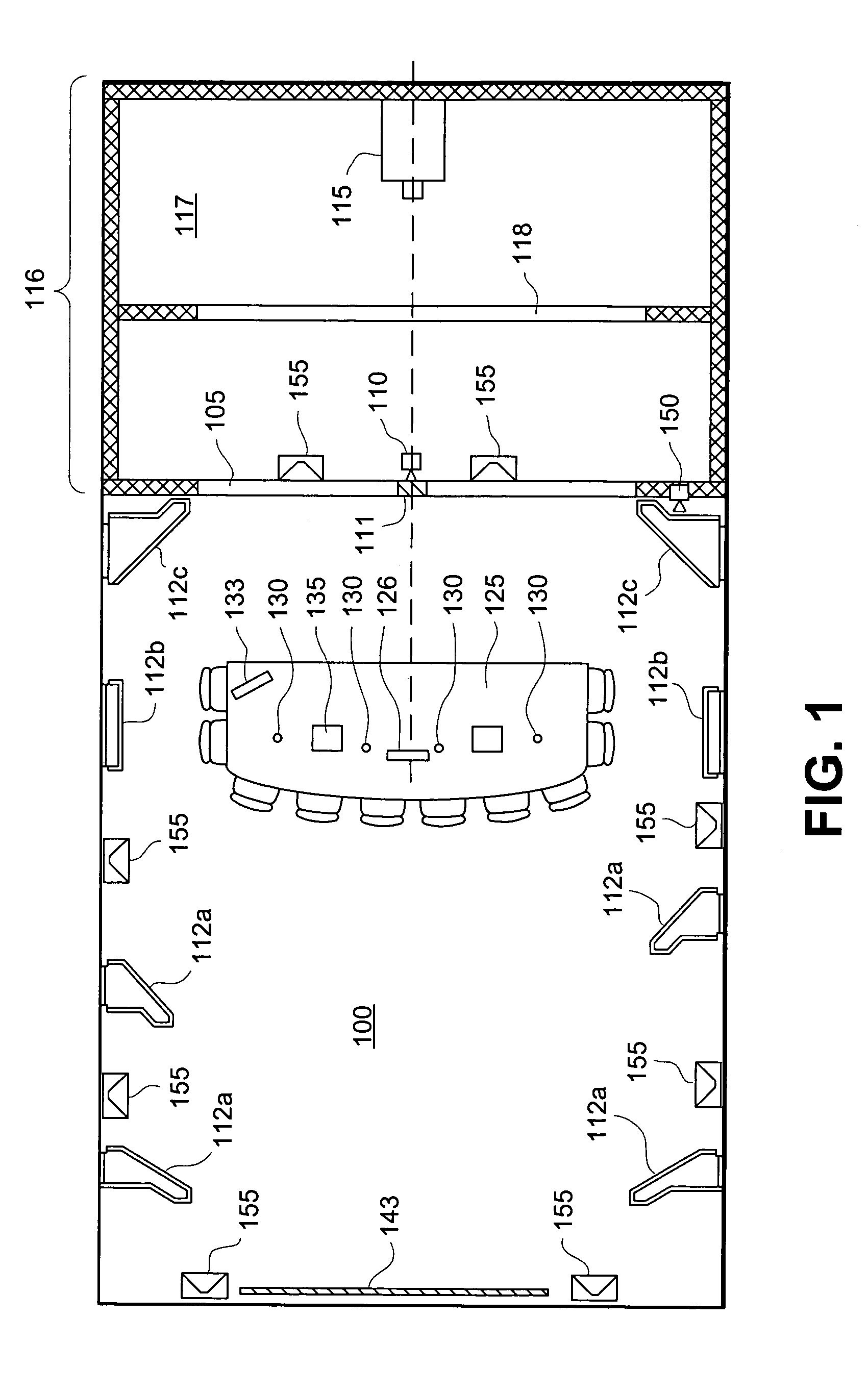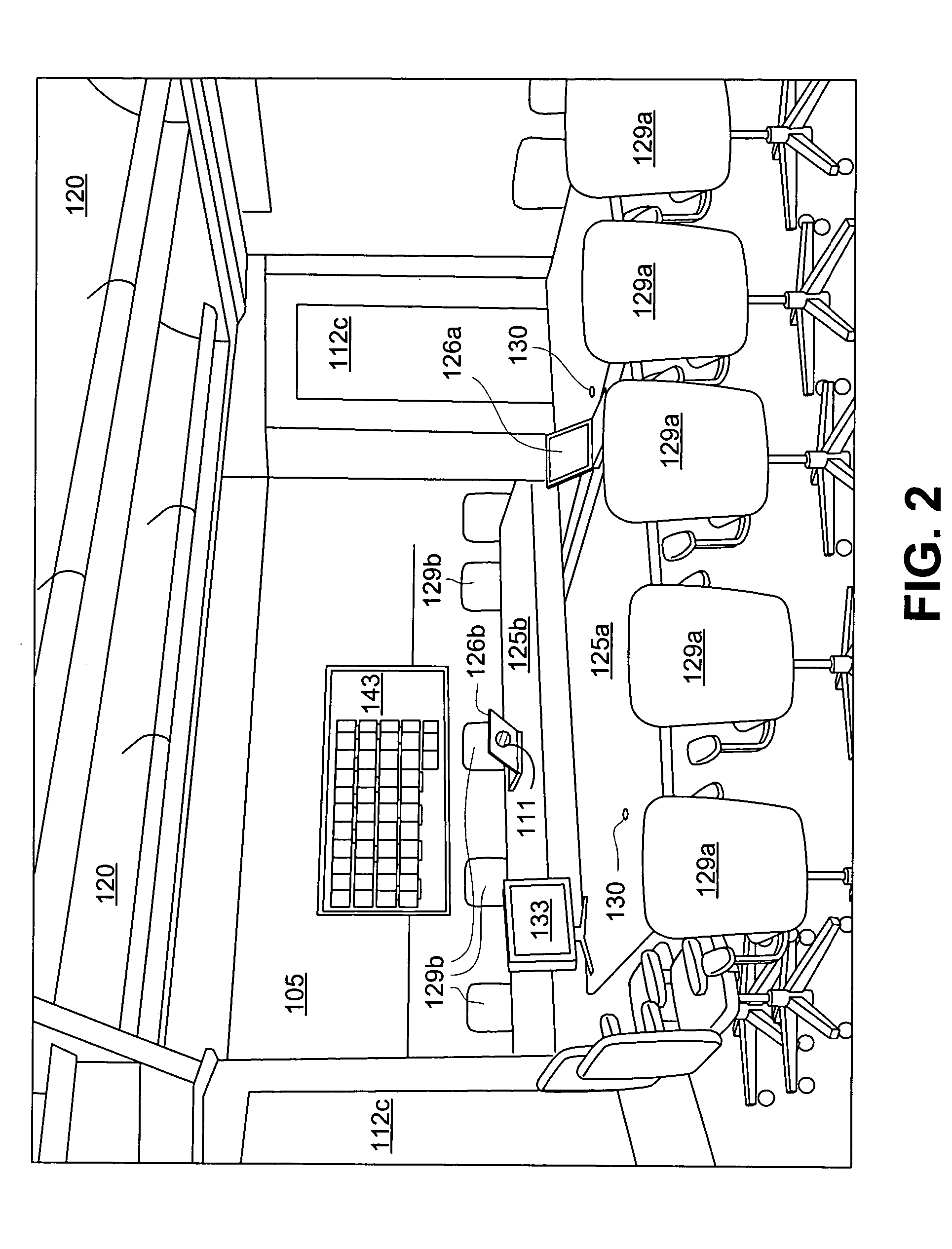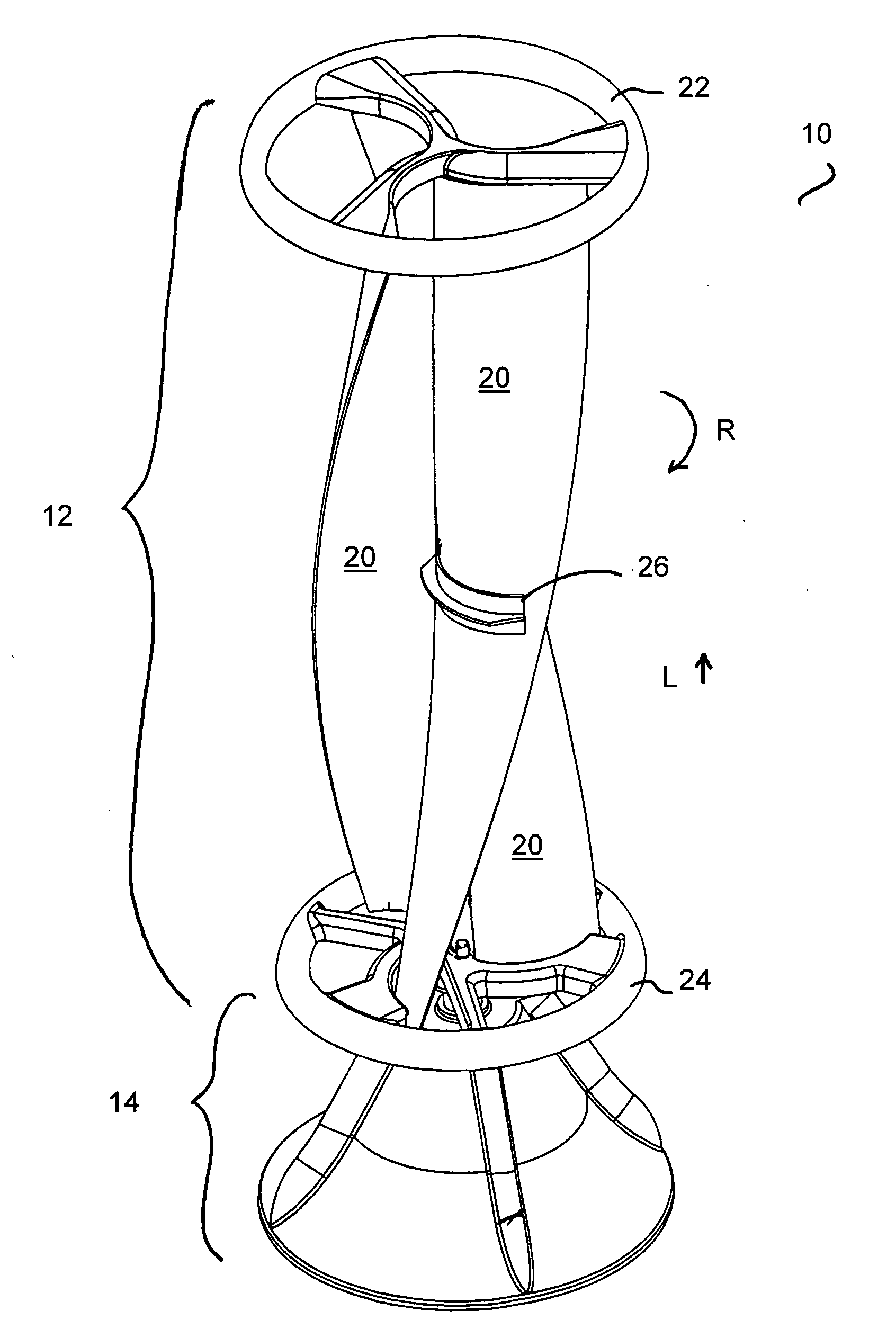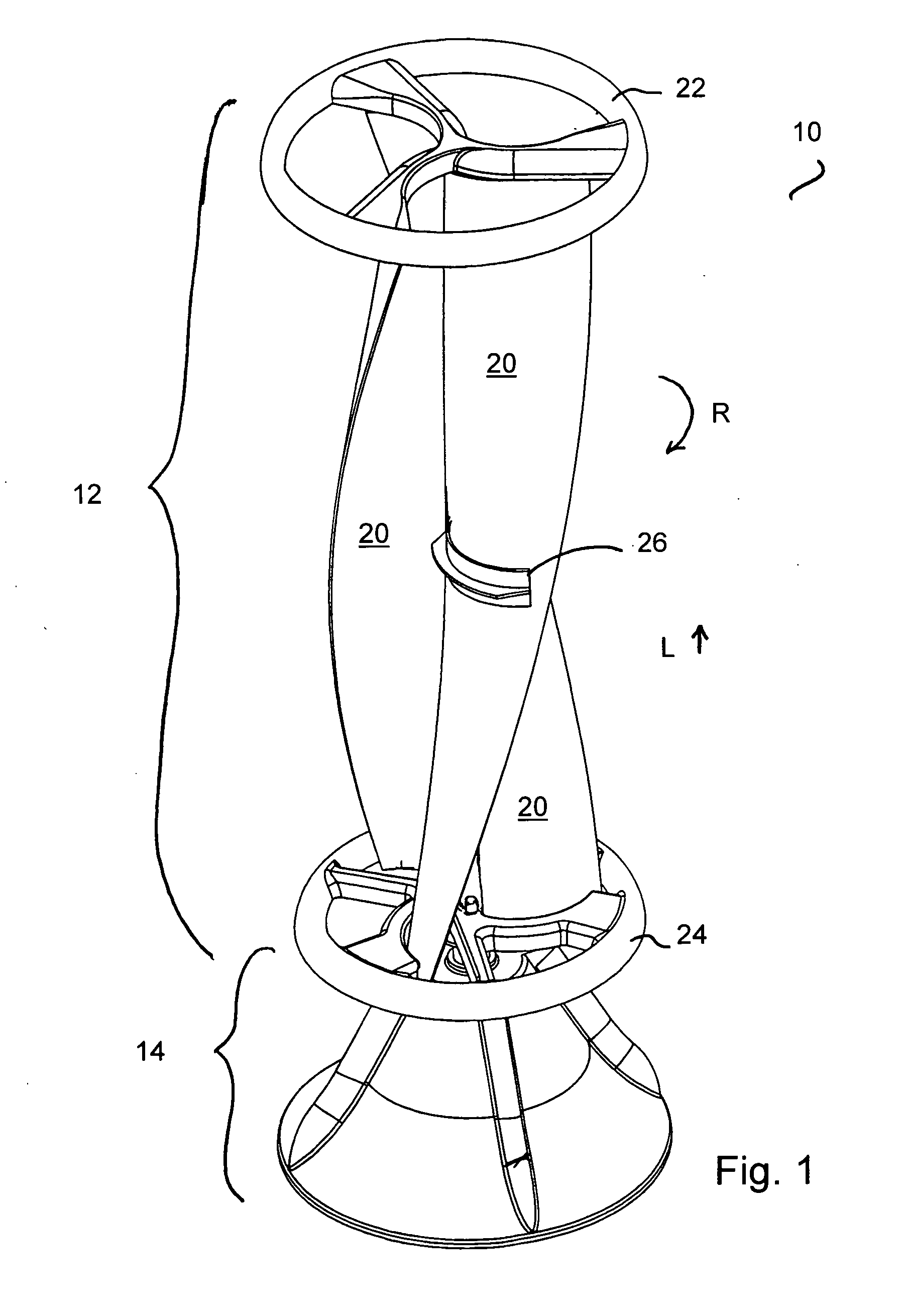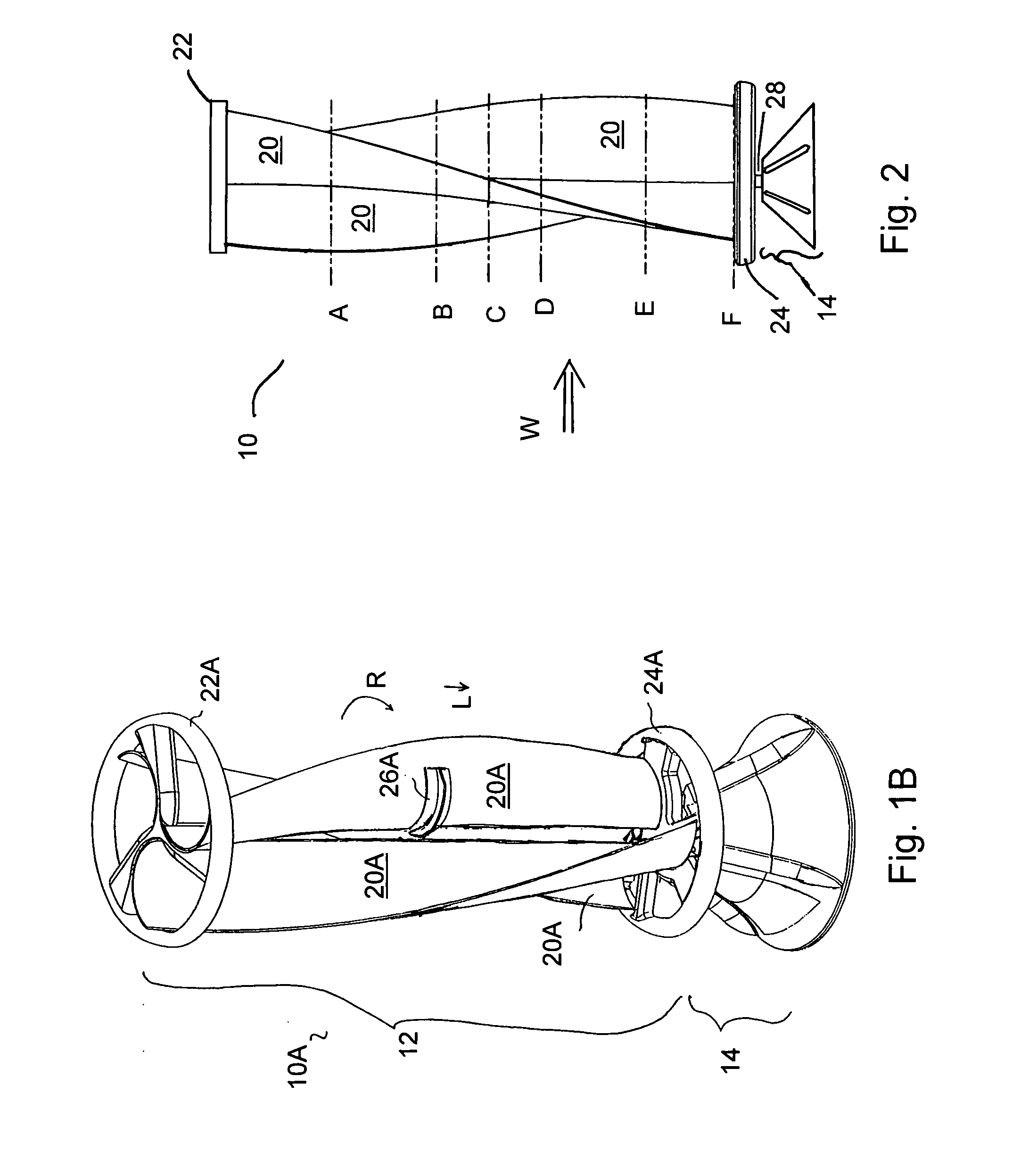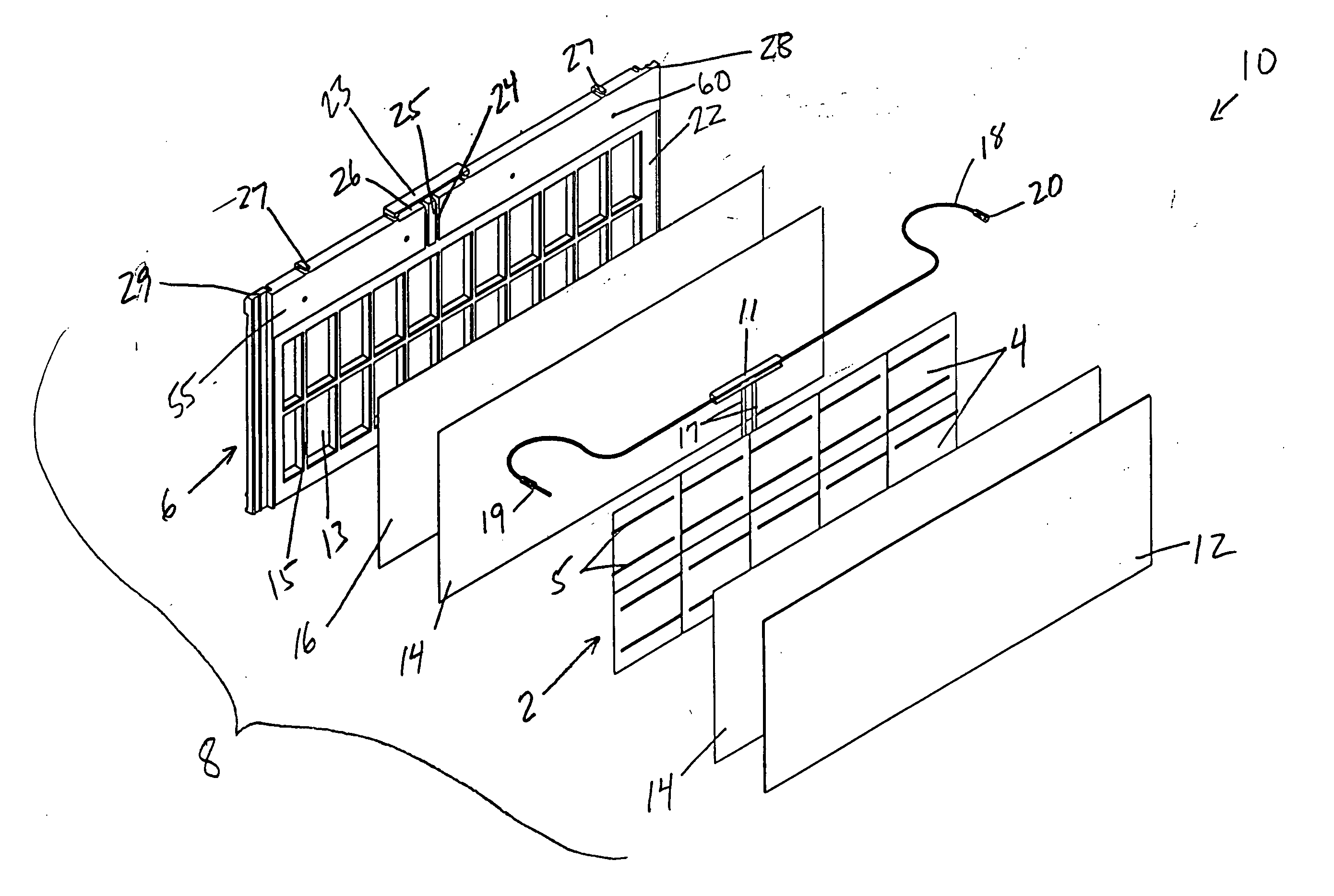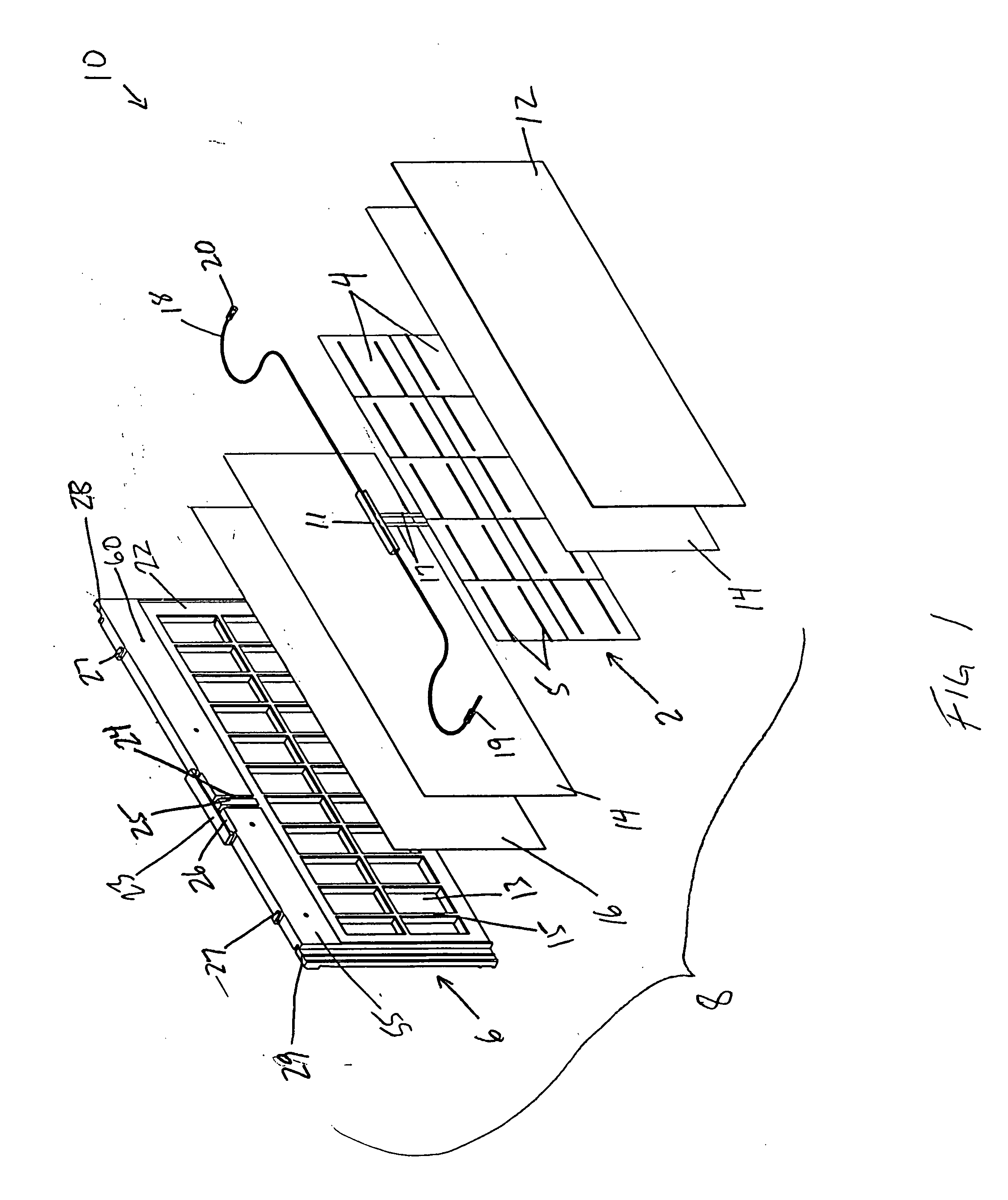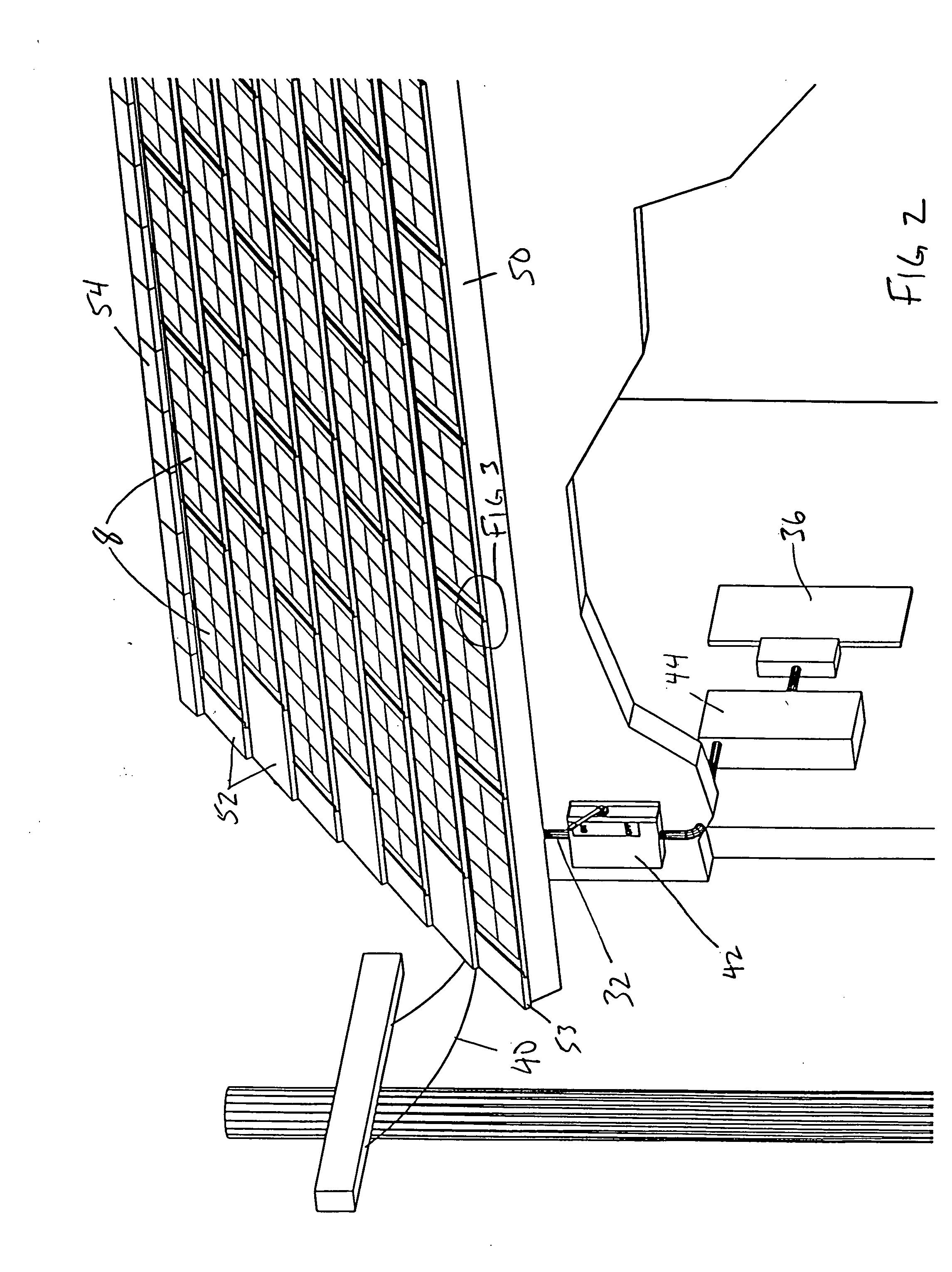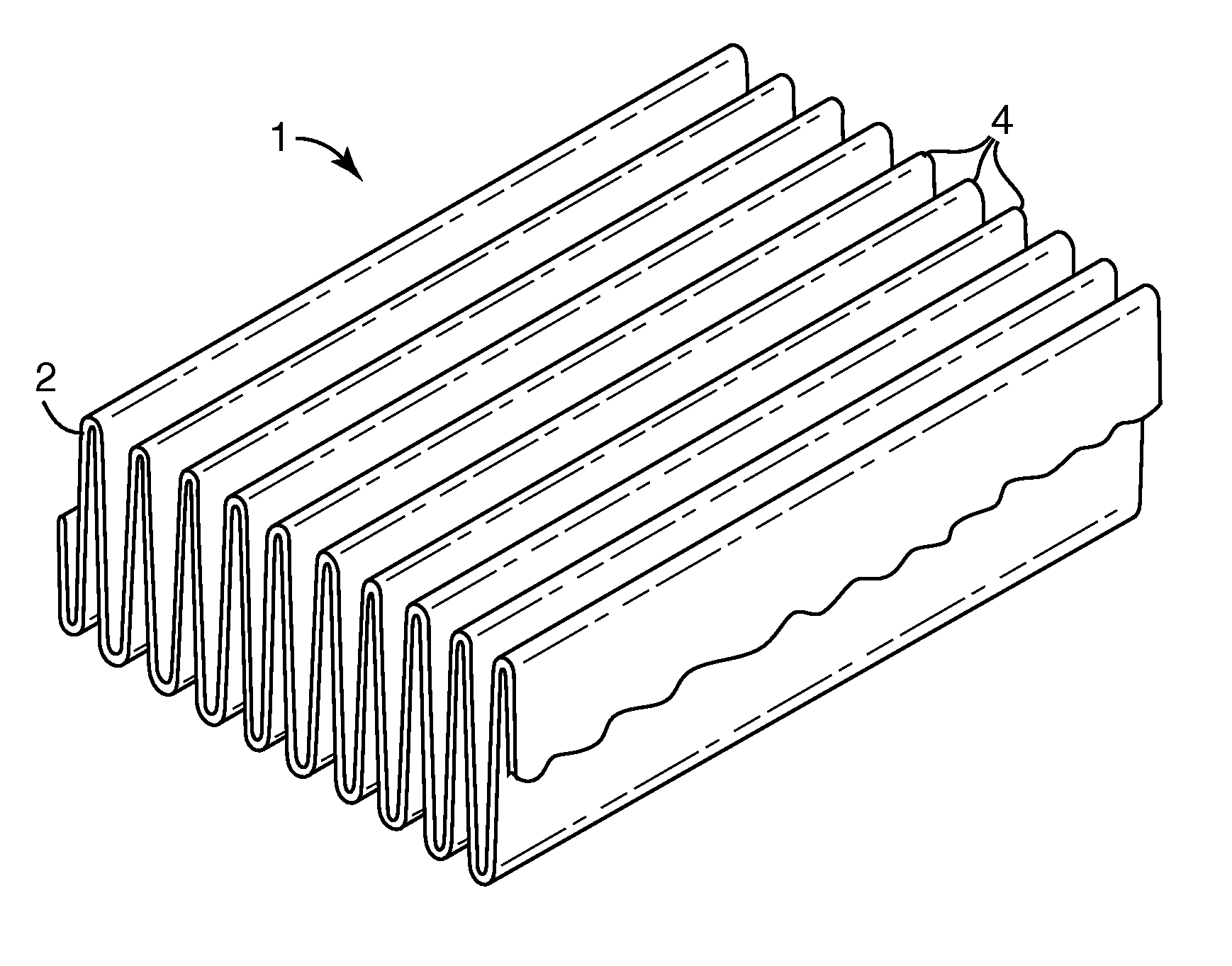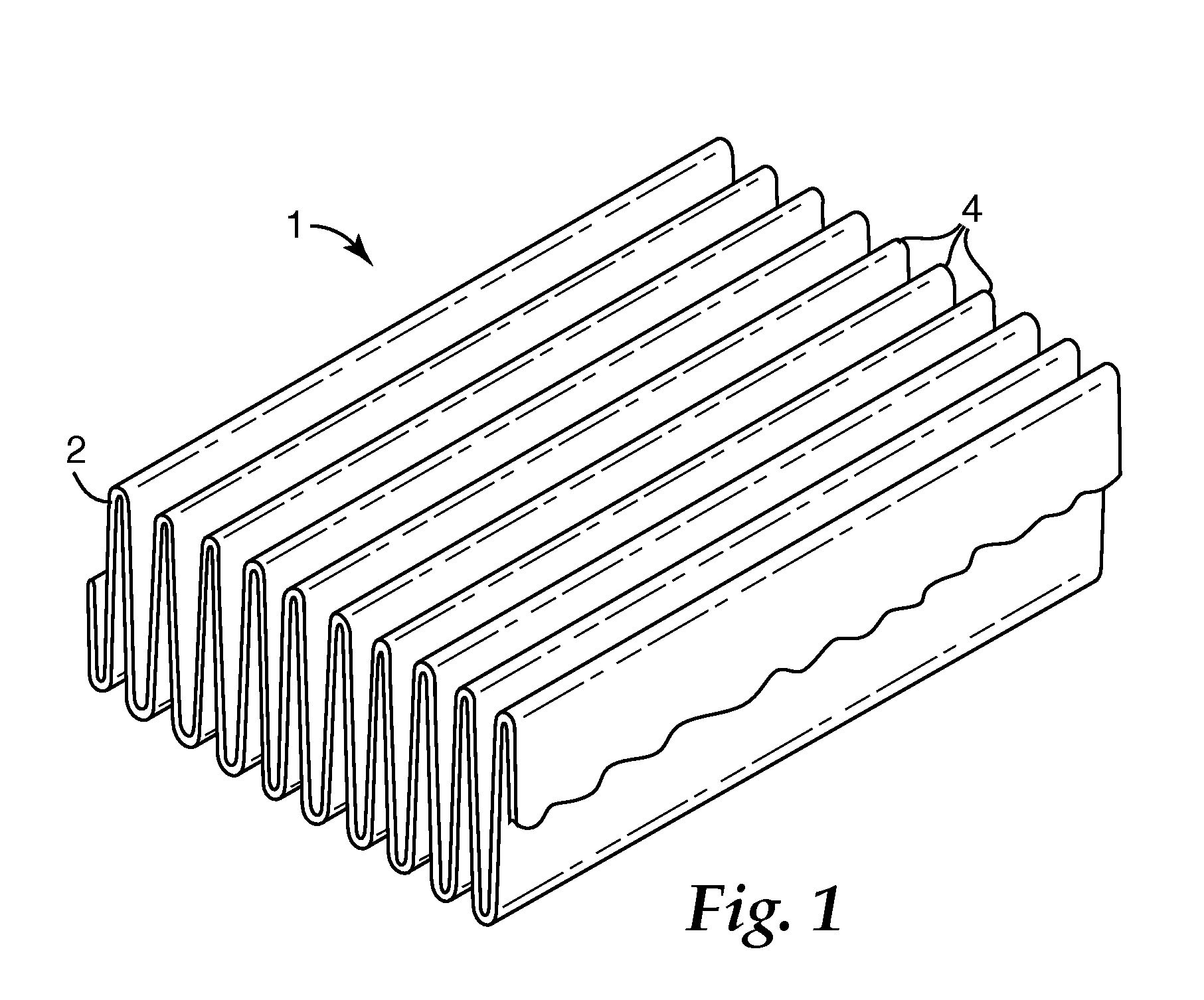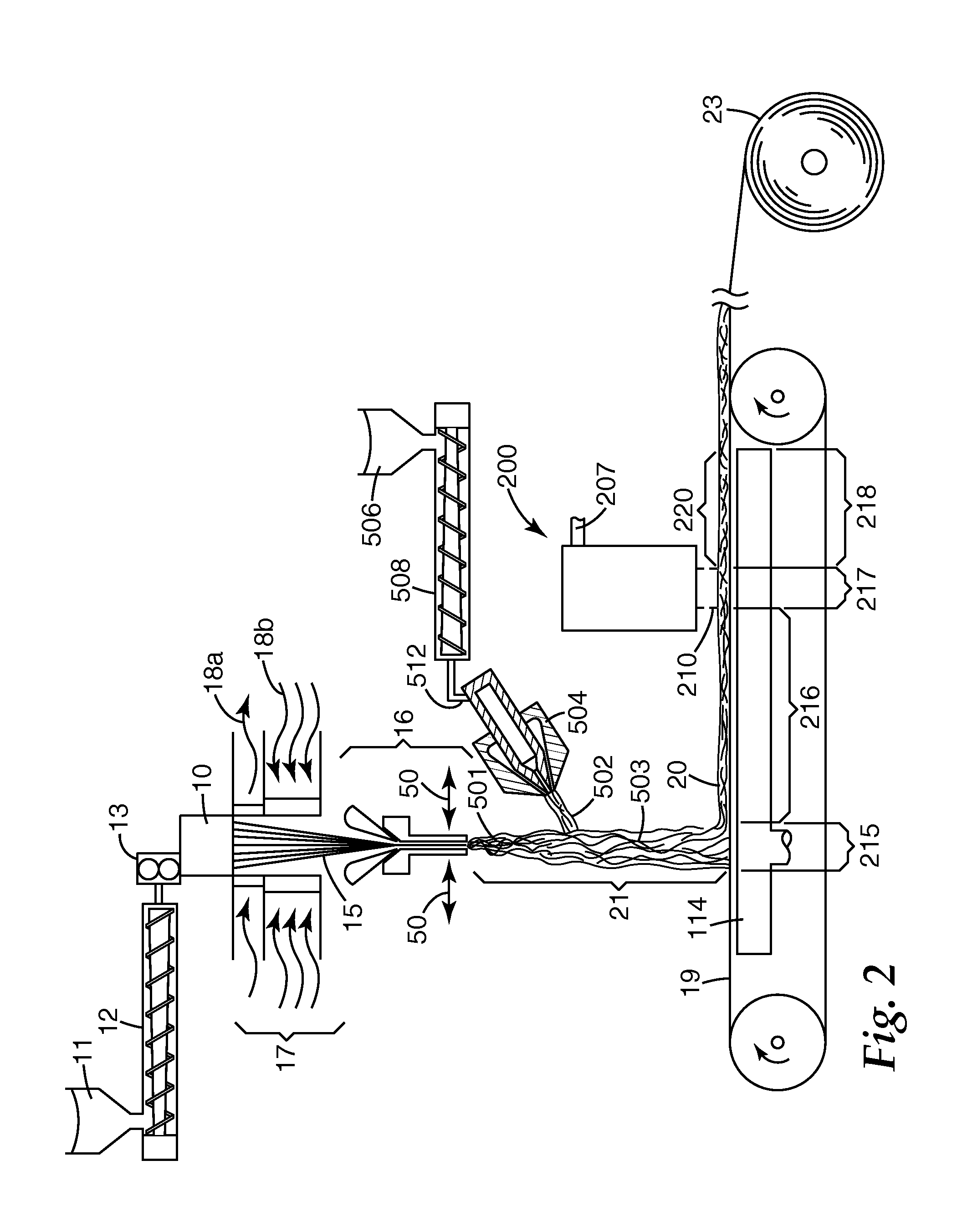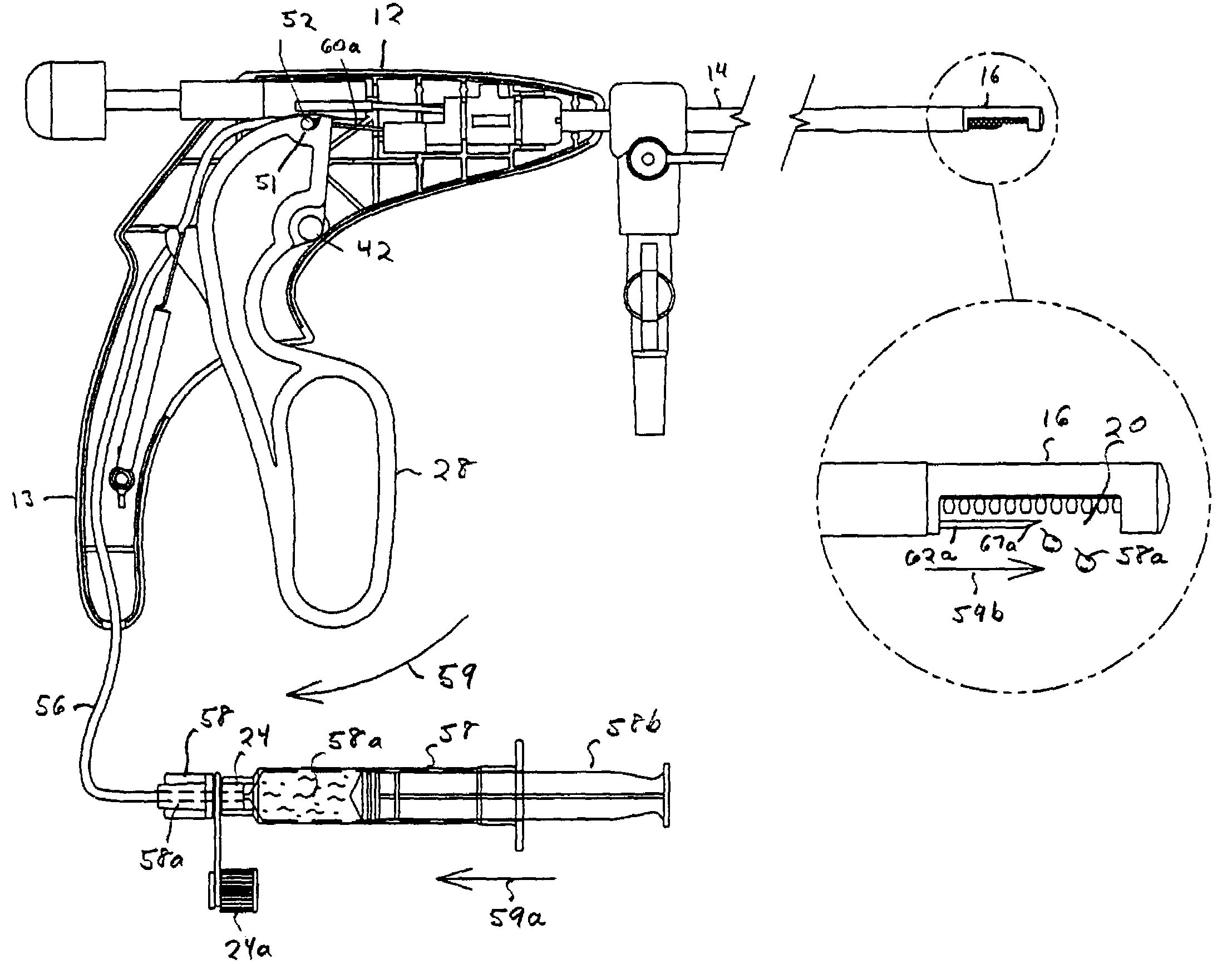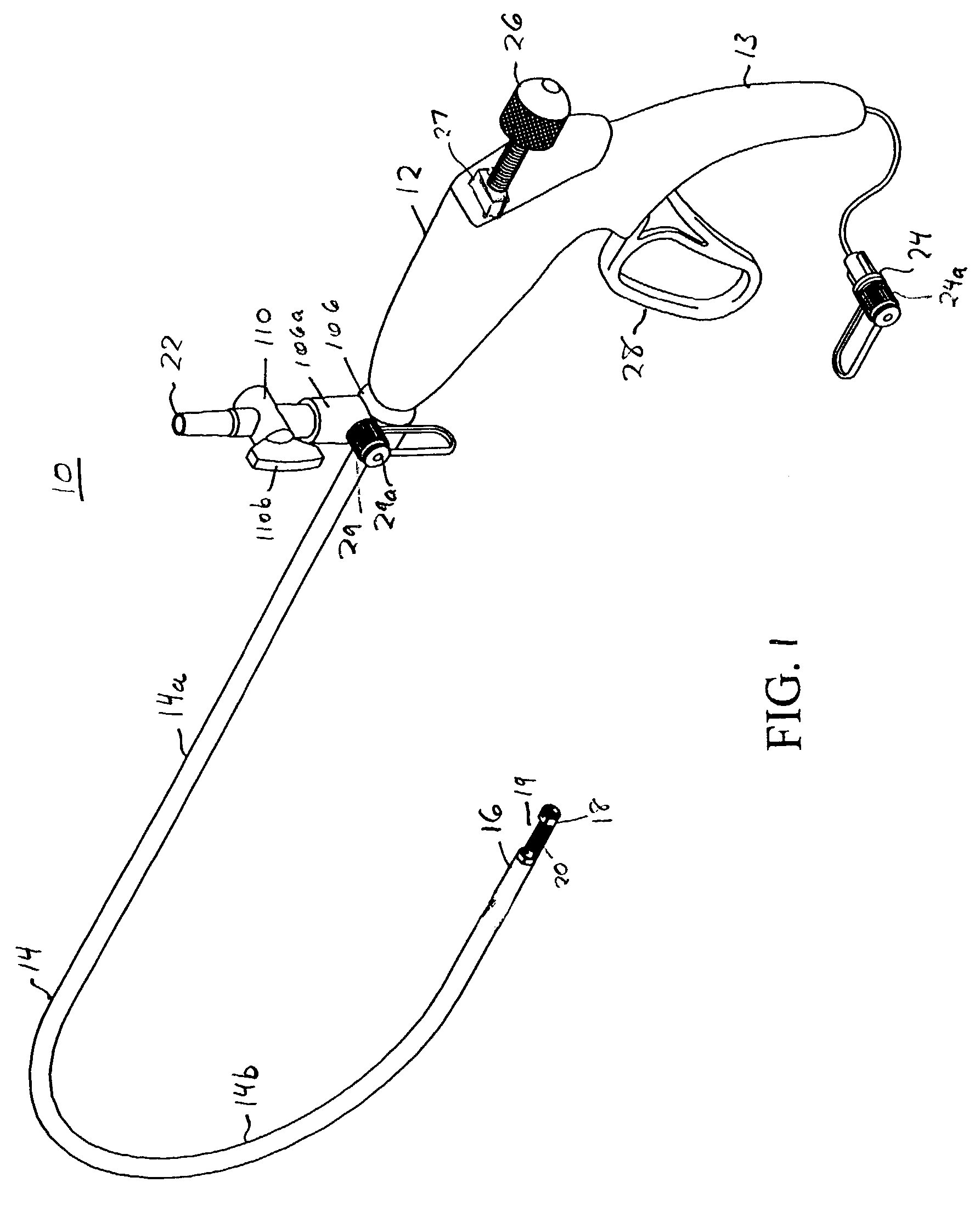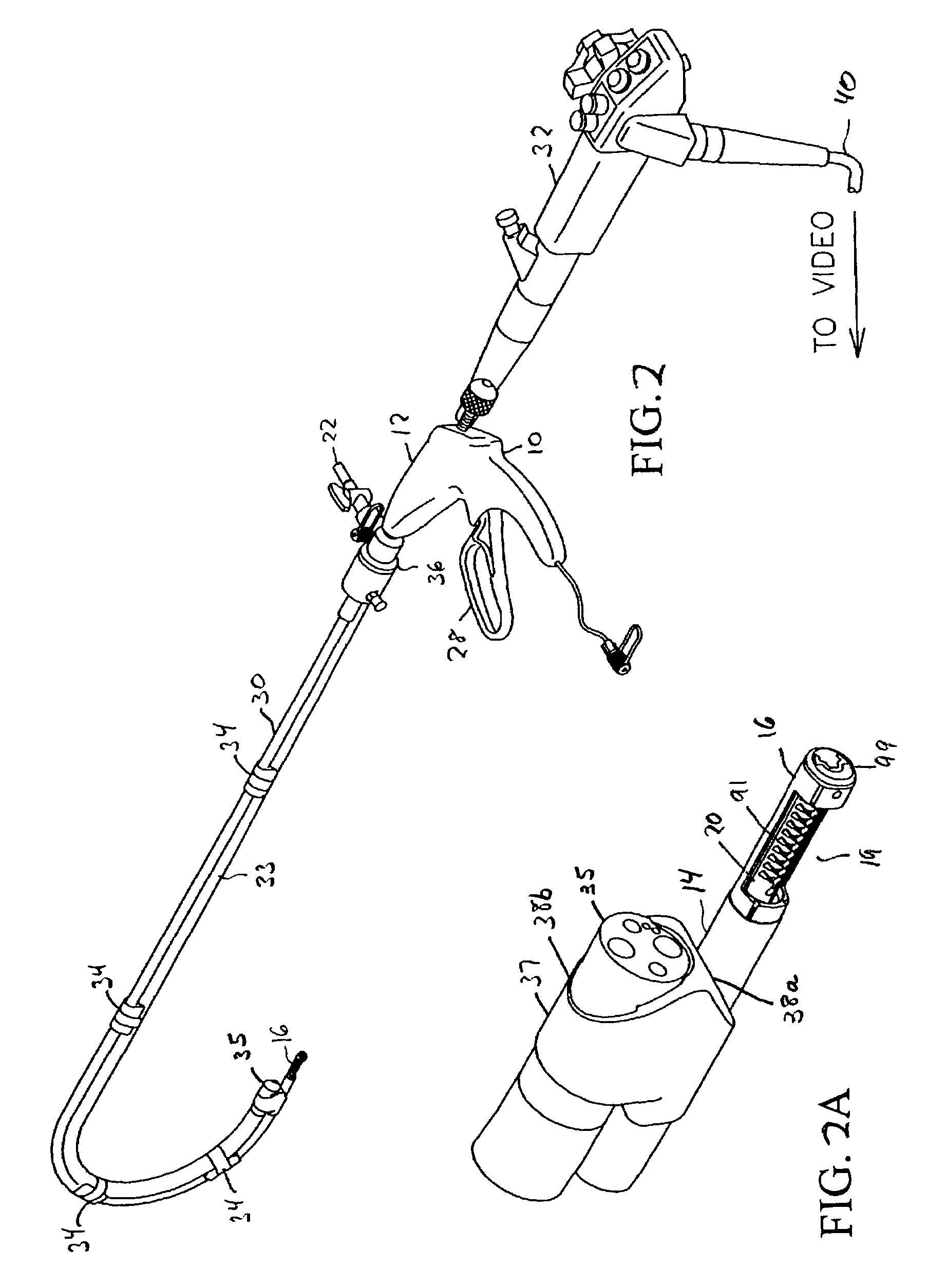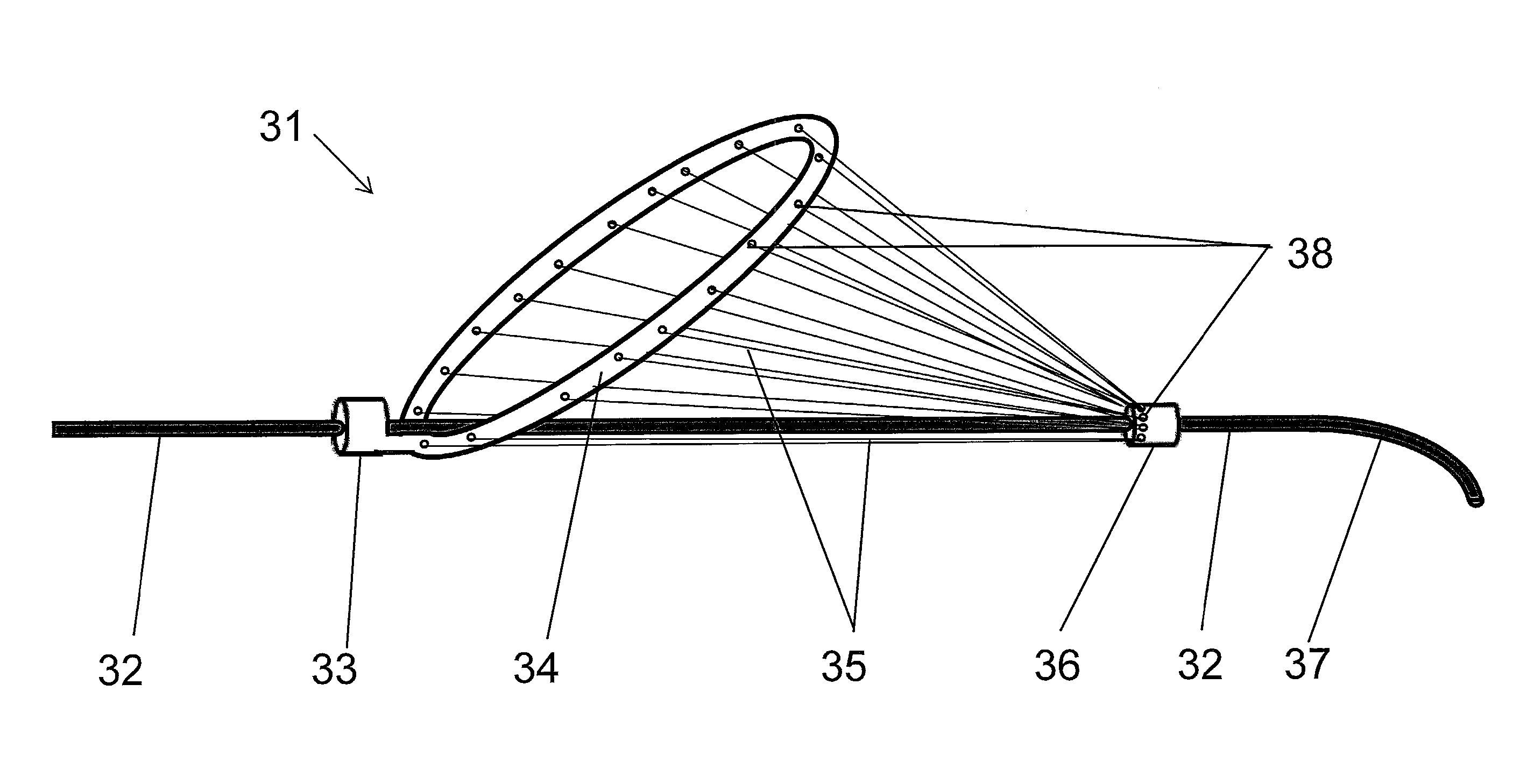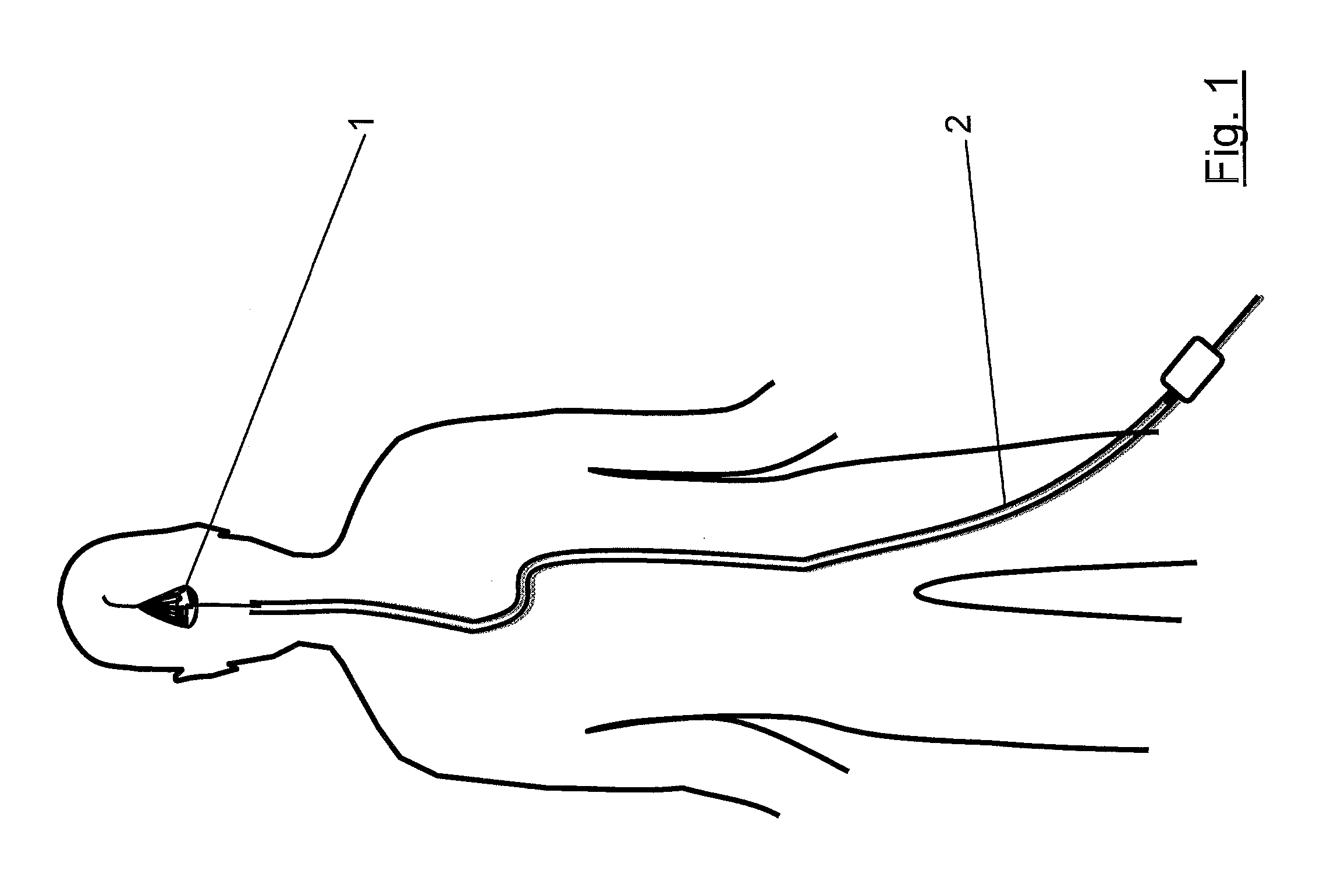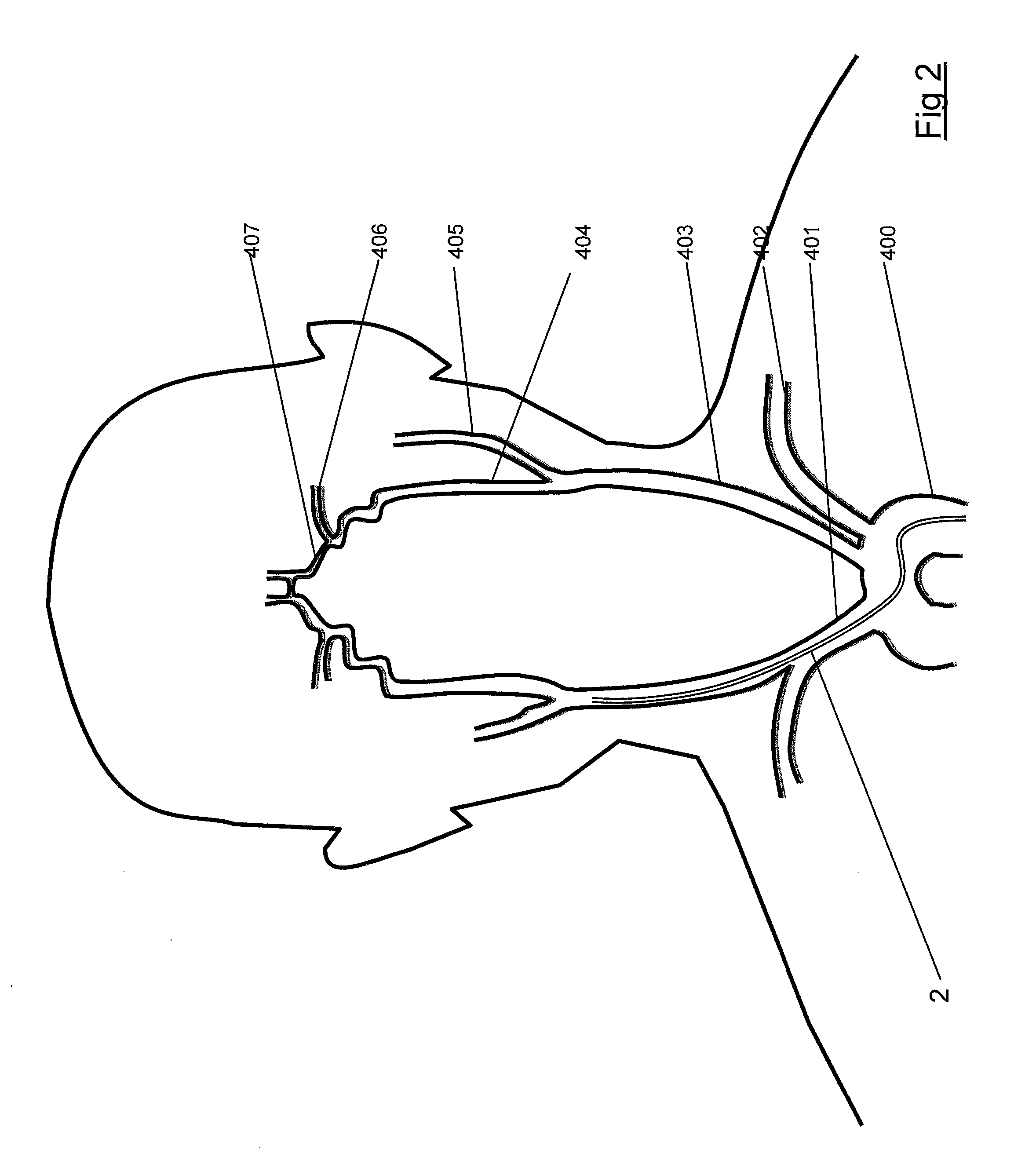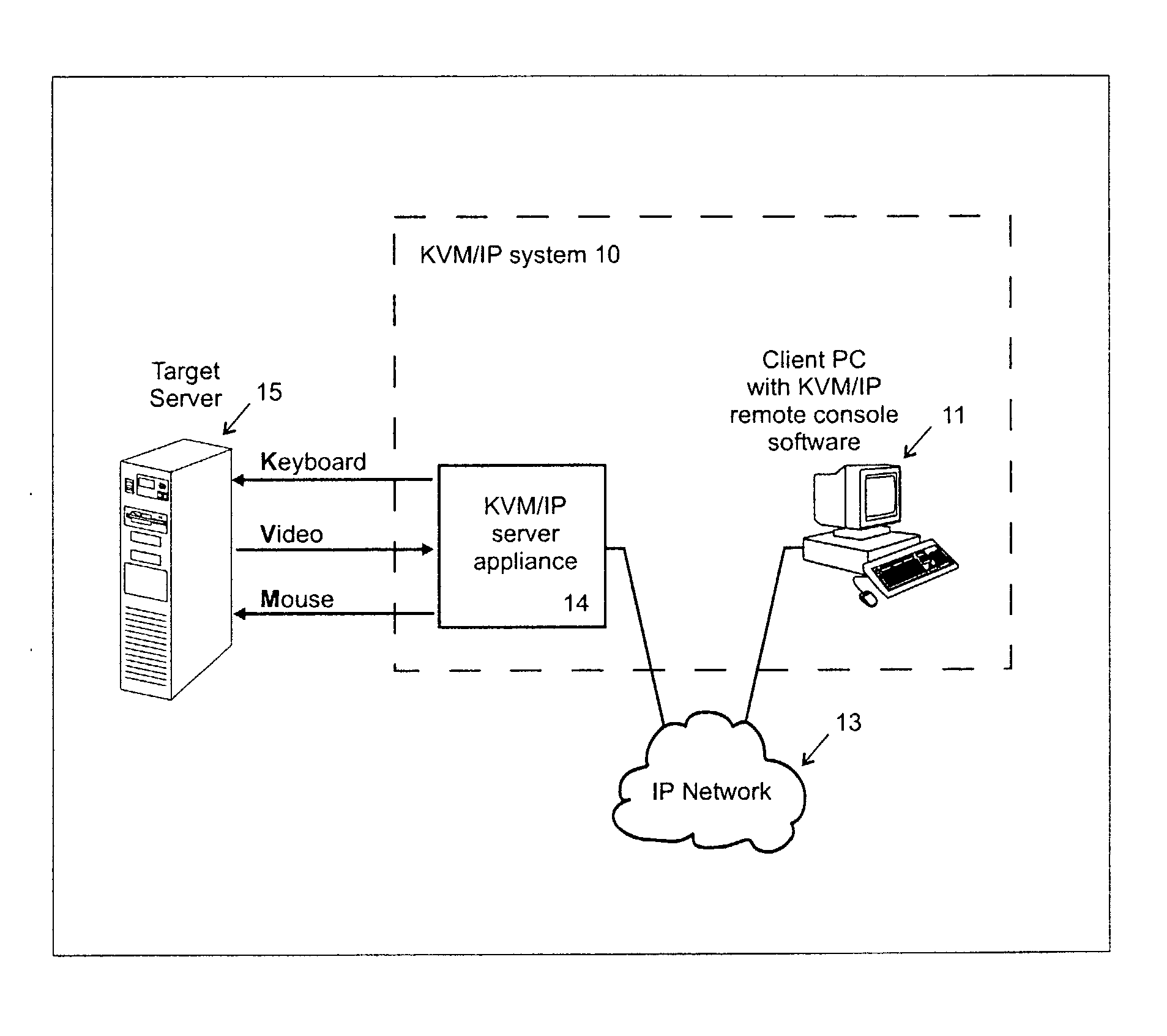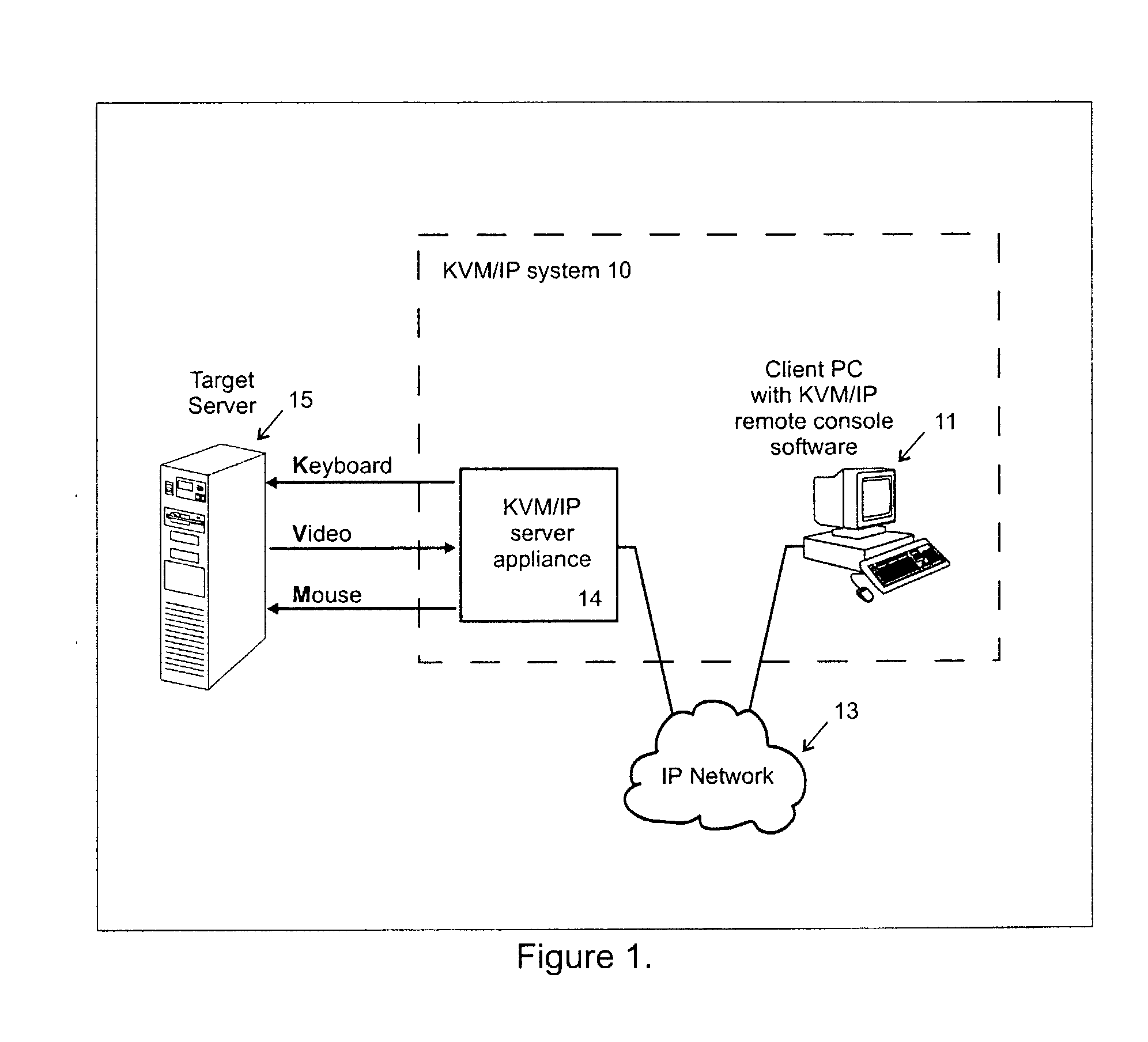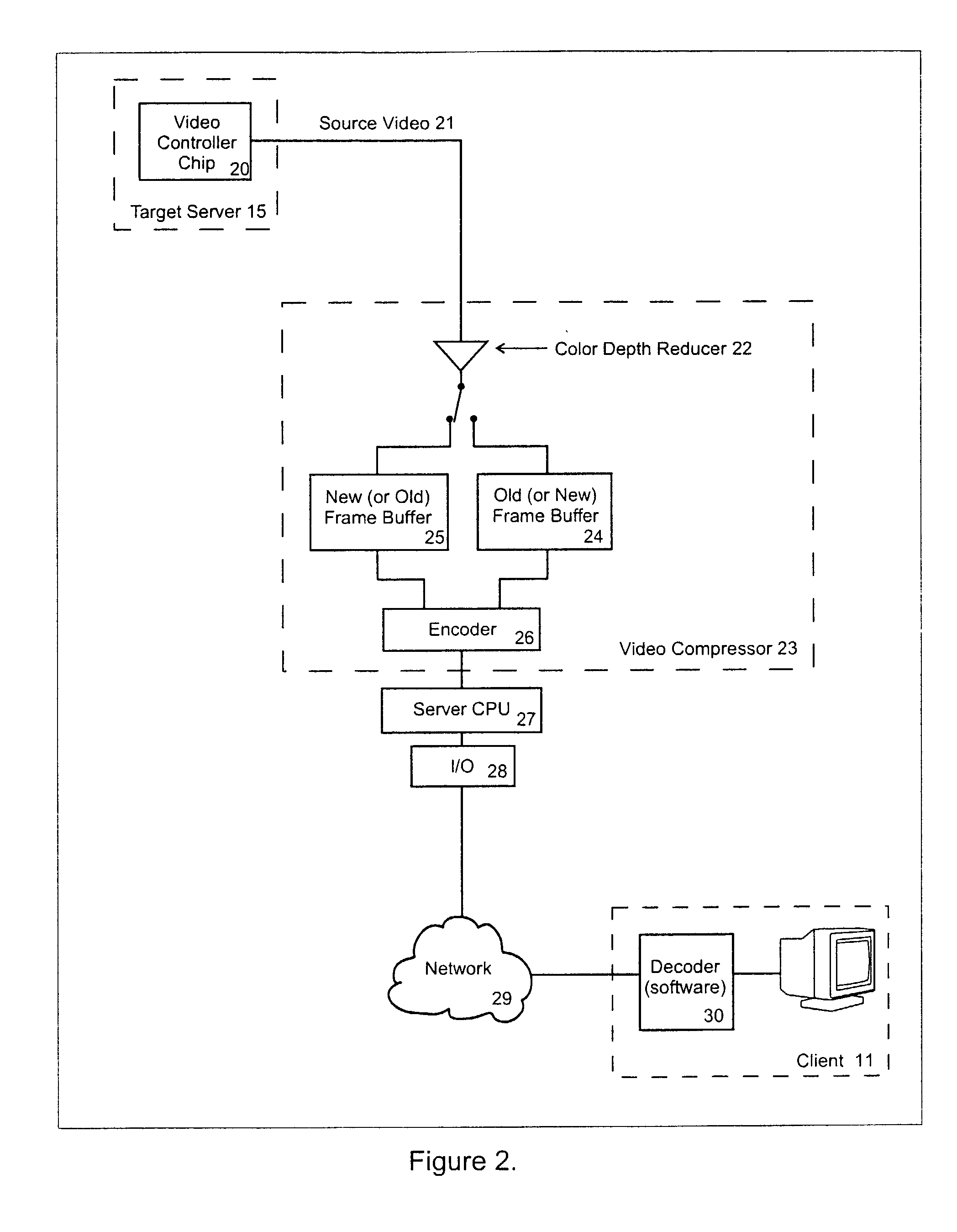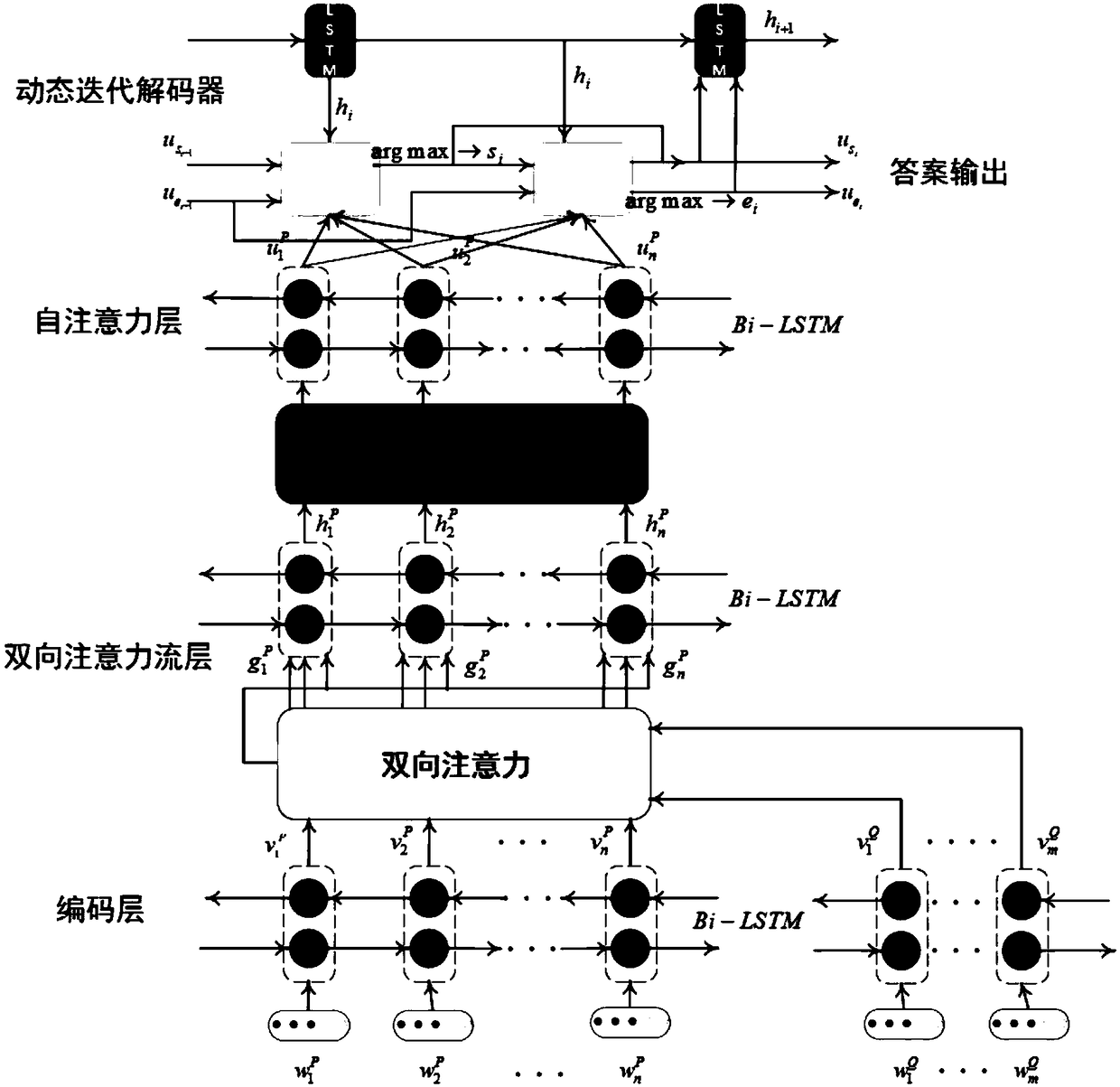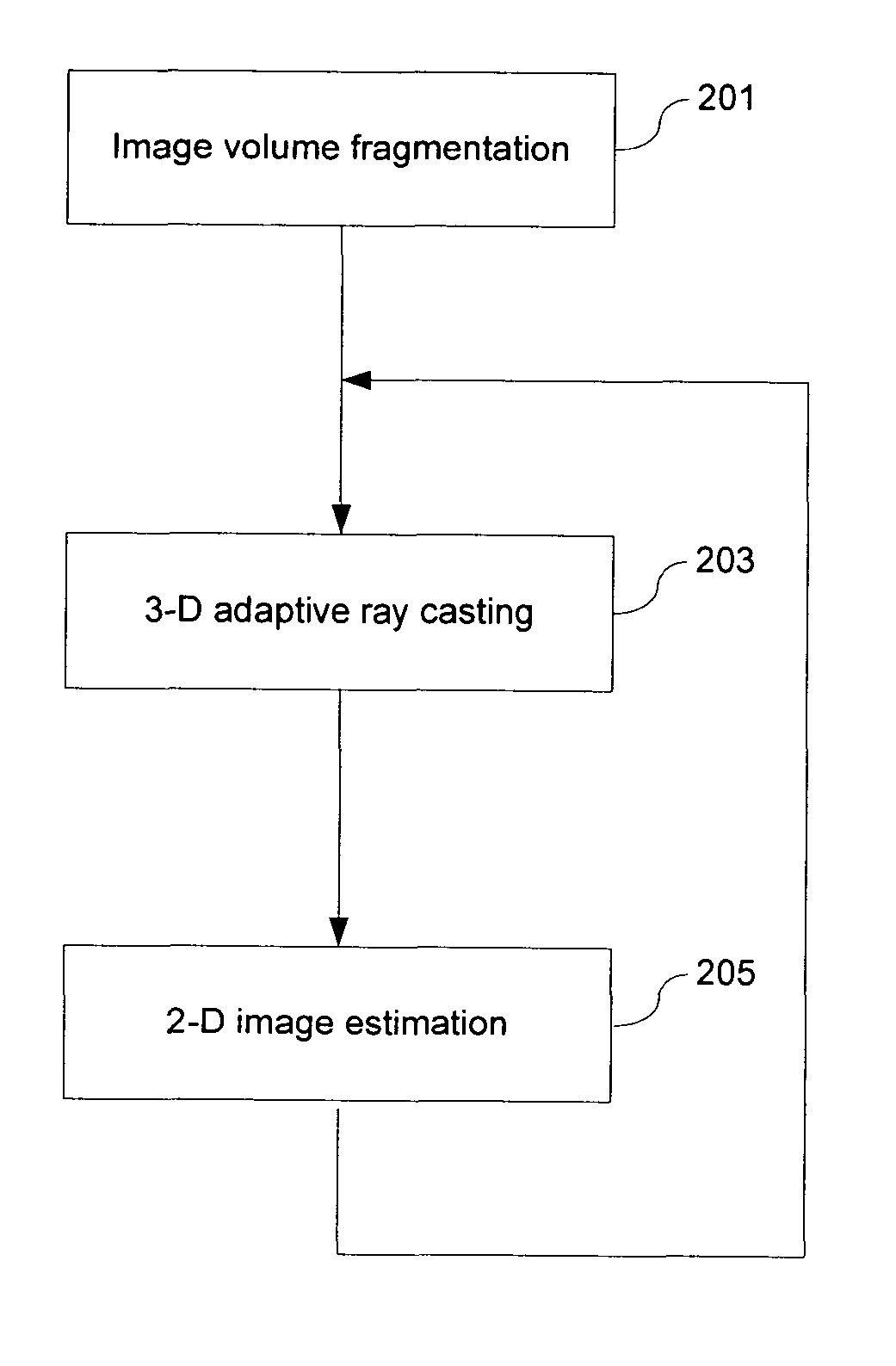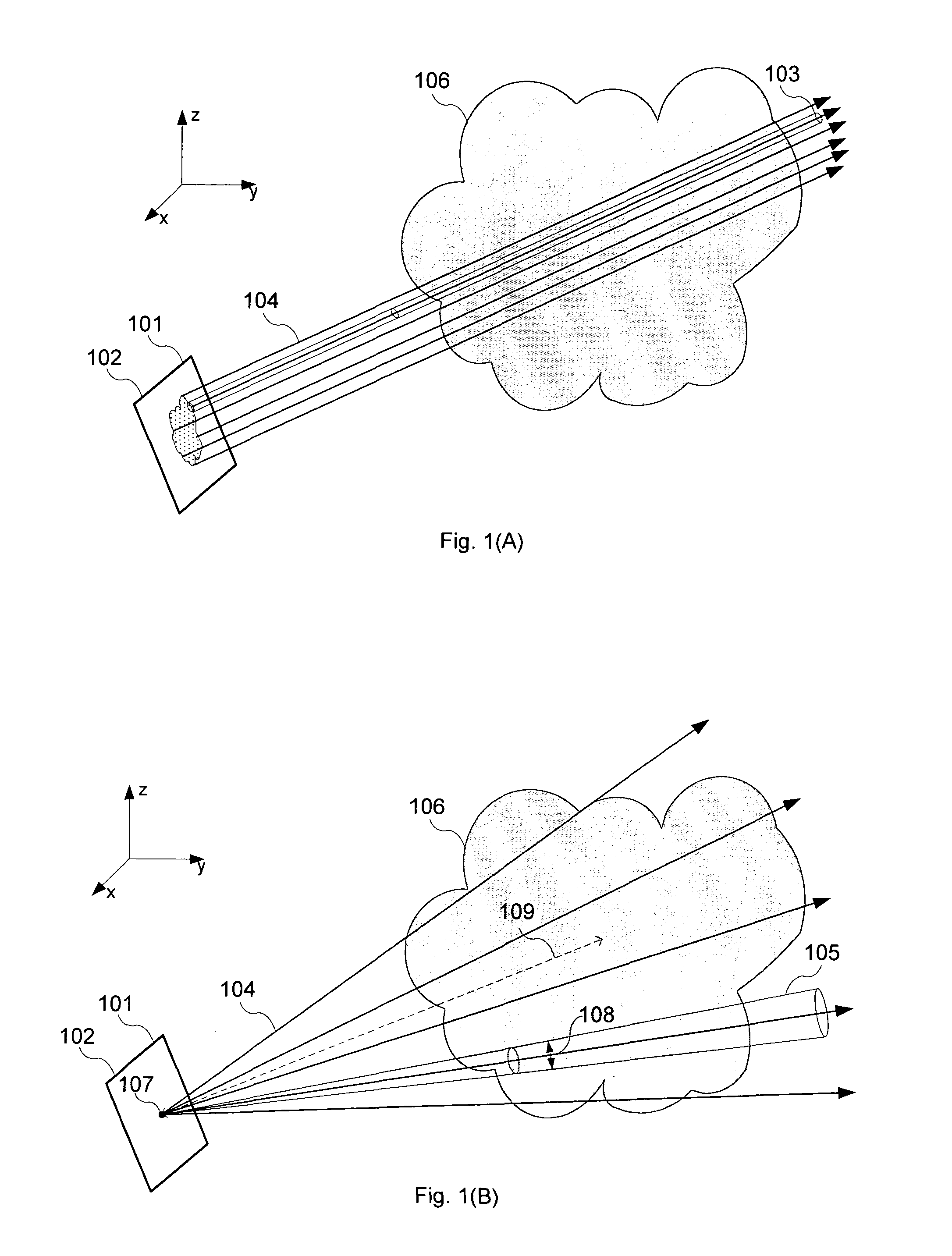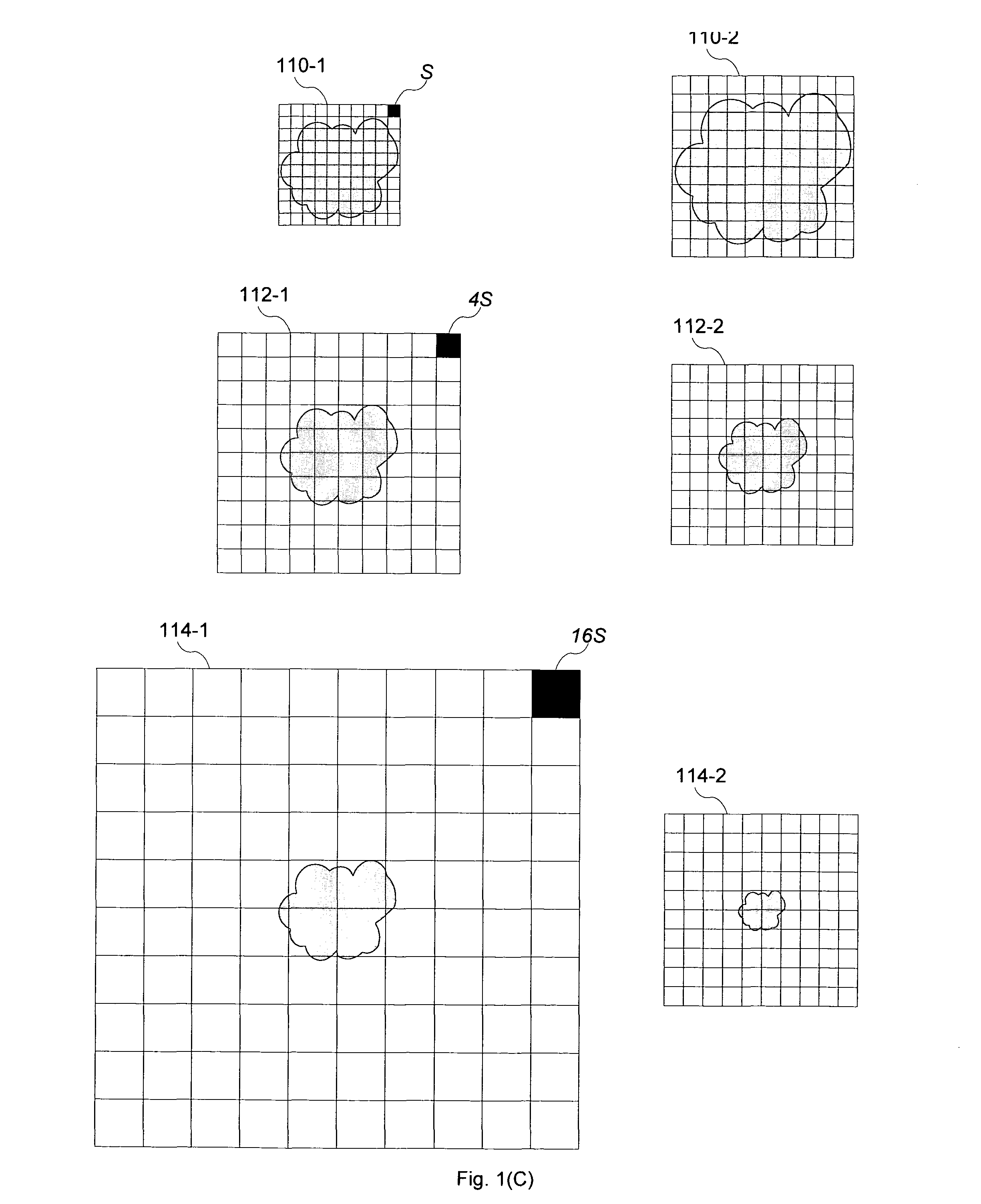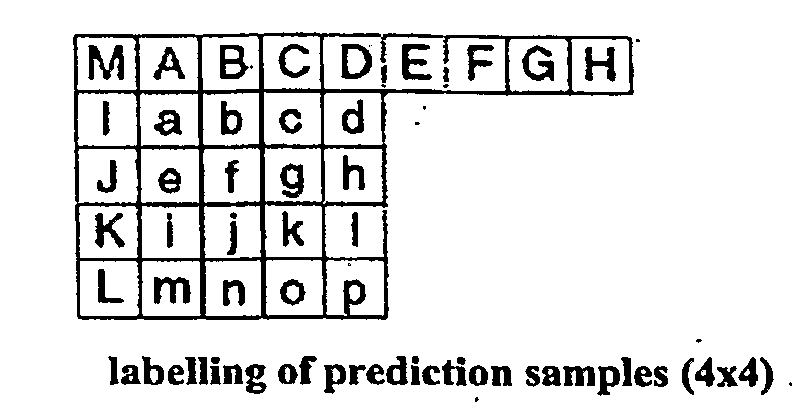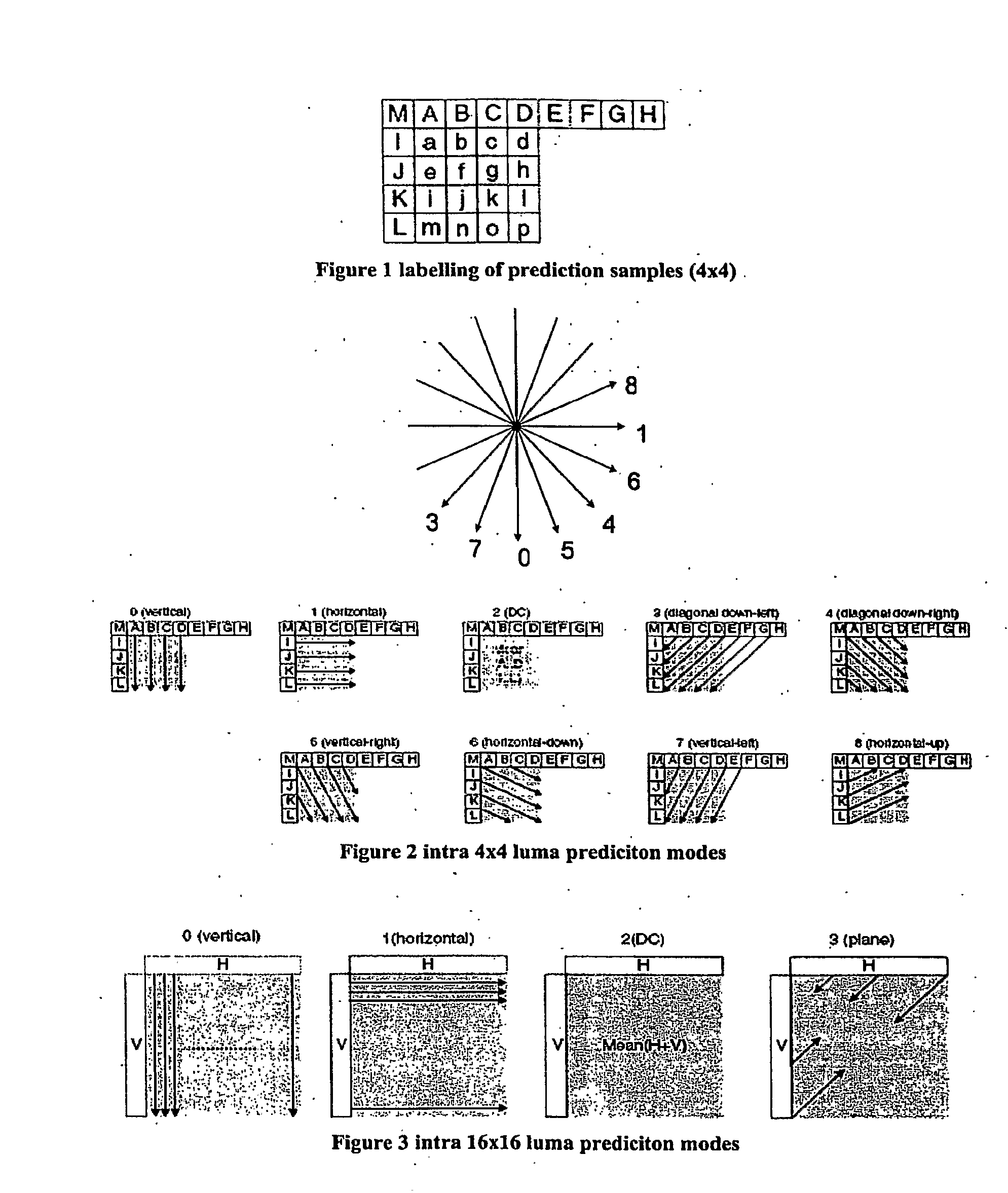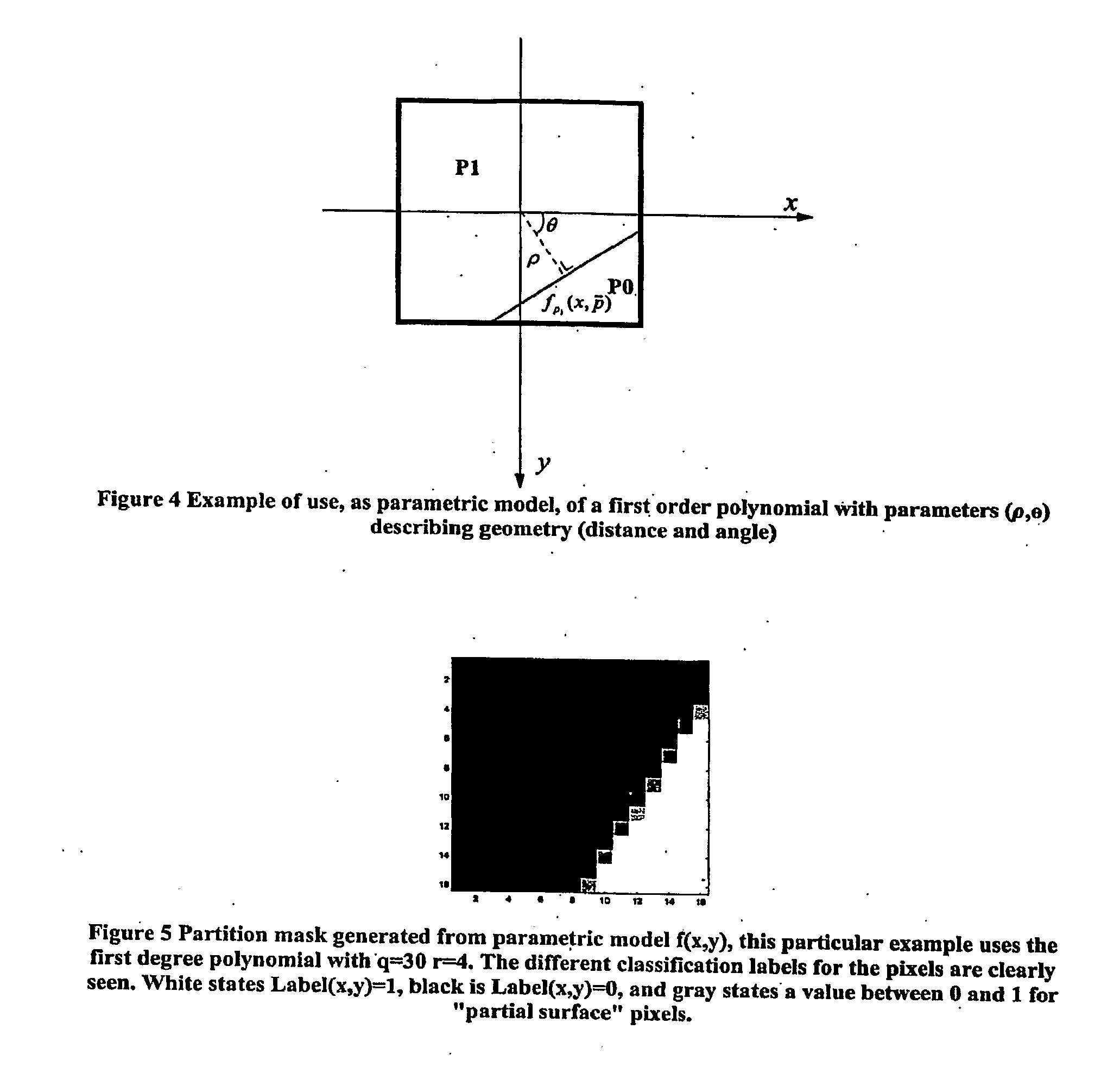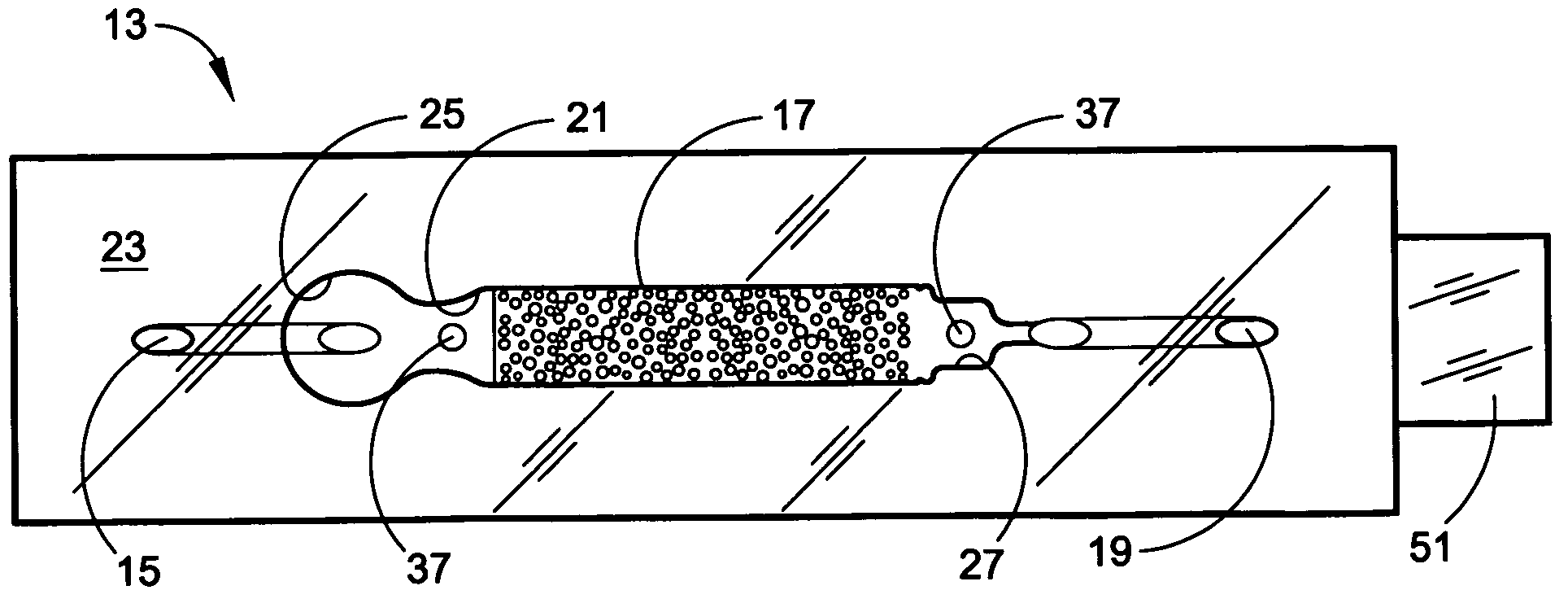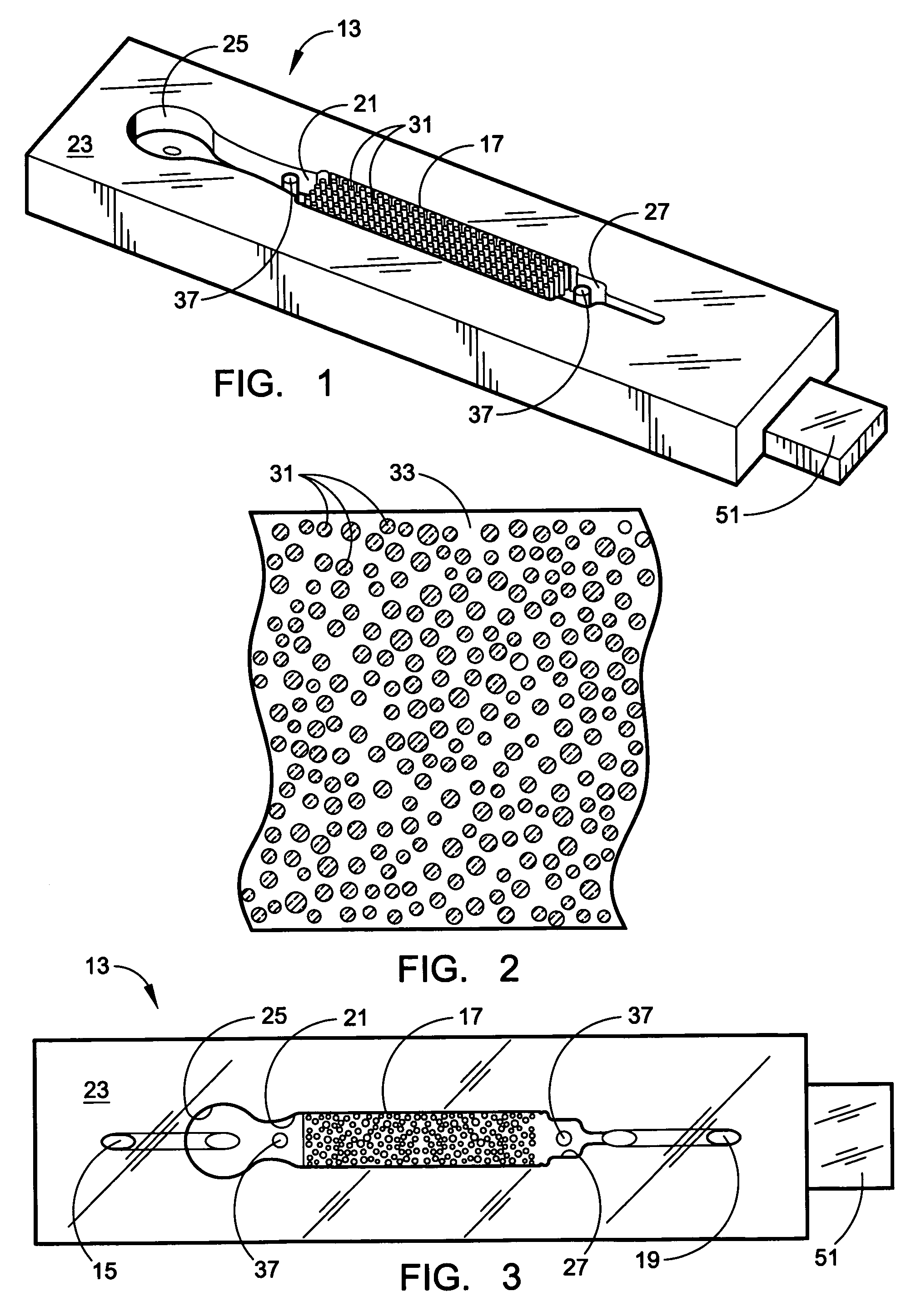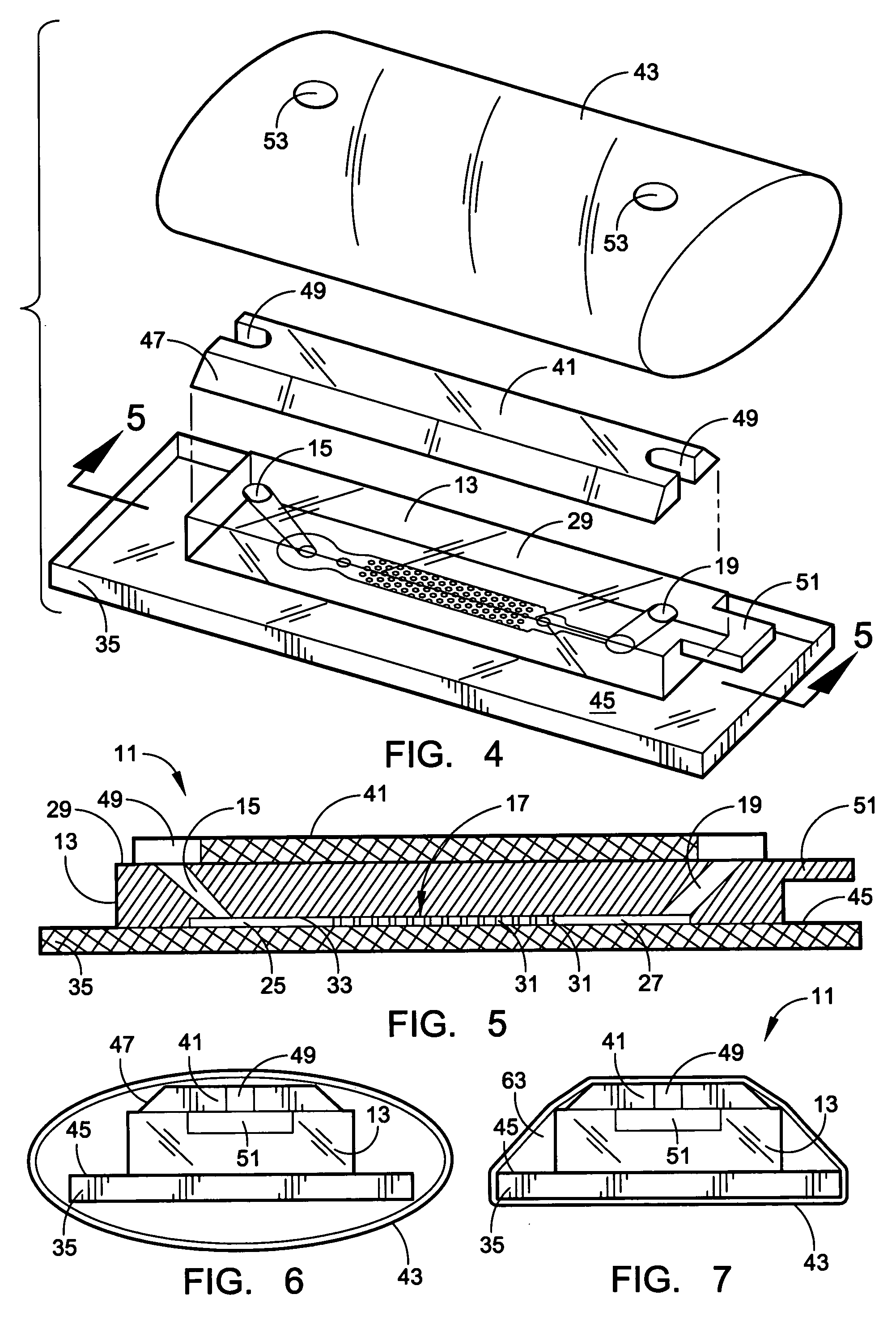Patents
Literature
Hiro is an intelligent assistant for R&D personnel, combined with Patent DNA, to facilitate innovative research.
2594results about How to "Efficient capture" patented technology
Efficacy Topic
Property
Owner
Technical Advancement
Application Domain
Technology Topic
Technology Field Word
Patent Country/Region
Patent Type
Patent Status
Application Year
Inventor
Optically similar reference samples and related methods for multivariate calibration models used in optical spectroscopy
InactiveUS6983176B2Easy to implementAccurately calibrateDiagnostics using spectroscopySensorsMultivariate calibrationSpectral signature
Systems and methods for establishing and / or maintaining the prediction capability over time of a multivariate calibration model designed for quantitative optical spectroscopic measurement of attributes or analytes in bodily tissues, bodily fluids or other biological samples, which are particularly useful when the spectral absorbance of the attribute or analyte is small relative to the background. The present invention provides an optically similar reference sample to capture the characteristics of instrument and environmental variation and to reduce the effect of such variation on the measurement capability of the model. The optically similar reference is preferably stable over time and is designed such that its optical properties are sufficiently matched to the sample of interest that instrument and environmental variations are captured in the same manner in both the test sample of interest and the optically similar reference sample. The optically similar reference sample may include one or more physical components which are spectroscopically measured in a manner which closely mimics the spectroscopic measurement of the test sample of interest. Spectral similarity may also be achieved by using alternative components with spectral characteristics similar to the components contained in the test sample of interest.
Owner:RIO GRANDE MEDICAL TECH
Semiconductor components, in particular photodetectors, light emitting diodes, optical modulators and waveguides with multilayer structures grown on silicon substrates
InactiveUS6403975B1Cost advantagePromote absorptionNanoopticsNon-linear opticsPhotovoltaic detectorsPhotodetector
A semiconductor component, selected from the group comprising a photodetector, a light emitting diode, an optical modulator and a waveguide. The semiconductor component comprises an Si substrate, an active region formed on said substrate, and an Si capping layer on said active region. In one embodiment the active region is a superlattice comprising alternating layers of Si1-yCy and Si1-x-yGexCy, with the atomic fraction y of the Si1-x-yGexCy layers being equal to or different from the atomic fraction y of the Si1-yCy layers. In another embodiment it is a superlattice comprising a plurality of periods of a three-layer structure comprising Si, Si1-yCy and Si1-xGex layers. In a third embodiment it is a superlattice comprising a plurality of periods of a three-layer structure comprising Si, Si1-yCy and Si1-x-yGexCy layers, with the atomic fraction y of the Si1-x-yGexCy layers being equal to or different from the atomic fraction y of the Si1-yCy layers. The components have faborable optical and electrical properties and are suitable for integration on a Si substrate.
Owner:MAX PLANCK GESELLSCHAFT ZUR FOERDERUNG DER WISSENSCHAFTEN EV
Multimodal access of meeting recordings
InactiveUS7606444B1Efficient captureData processing applicationsElectronic editing digitised analogue information signalsVisual perceptionComputer science
Owner:RICOH KK
Multimodal access of meeting recordings
InactiveUS7298930B1Efficient captureData processing applicationsElectronic editing digitised analogue information signalsComputer scienceVisual perception
Owner:RICOH KK
Sintered ceramic compact and ceramic filter
InactiveUS20060051556A1Shock mitigationAvoid micro cracksDispersed particle filtrationExhaust apparatusCeramic sinteringMetallurgy
The present invention provides for a ceramic sintered body and a ceramic filter having a long-term stability which can prevent cracks from occurring due to the breakage of ceramic particles when thermal stress is applied in regeneration process and the like, and can prevent catalyst carried from deteriorating when regeneration treatment is conducted repeatedly. The invention is a ceramic sintered body comprising ceramic coarse particles and porous bonding layers existing between the ceramic coarse particles to connect the particles and comprising ceramic fine particles having an average particle size smaller than that of the ceramic coarse particles and / or the aggregates thereof, and a ceramic filter prepared by using the ceramic sintered body.
Owner:IBIDEN CO LTD
Virtual conference room
ActiveUS20050024484A1Overcomes deficiencyOvercomes limitationTelevision conference systemsTwo-way working systemsVirtual conferenceHuman–computer interaction
An enhanced video conferencing system and method includes at least two conference rooms, the conference rooms connected together electronically to permit the transmission of images and sound from one room to the other room. Each room has a large format display system for projecting images and a camera positioned with respect to the large format display system to capture images of the conference room and its participants while the participants are looking at the large format display system, without obscuring the participants' view of the display system, so as to provide the perception that the participants in one conference room are looking directly at the participants in the other conference room. The enhanced video conferencing system may also include an additional camera for capturing an image of an item located at a pre-determined location within the conference room for ultimate transmission to the other conference room for viewing.
Owner:DREAMWORKS ANIMATION LLC
Recovery of rare cells using a microchannel apparatus with patterned posts
ActiveUS20060160243A1Flow interruptionEfficient captureBioreactor/fermenter combinationsBiological substance pretreatmentsHydrophilic coatingFlow disruption
A microflow apparatus for separating or isolating cells from a bodily fluid or other liquid sample uses a flow path where straight-line flow is interrupted by a pattern of transverse posts. The posts are spaced across the width of a collection region in the flow path, extending between the upper and lower surfaces thereof; they have rectilinear surfaces, have arcuate cross-sections, and are randomly arranged so as to disrupt streamlined flow. Sequestering agents, such as Abs, are attached to all surfaces in the collection region via a hydrophilic coating, preferably a hydrogel containing isocyanate moieties or a PEG or polyglycine of substantial length, and are highly effective in capturing cells or other targeted biomolecules as a result of such streamlined flow disruption.
Owner:BIOCEPT INC
Method and apparatus for distributed compressed sensing
ActiveUS7271747B2Efficient captureAmplifier modifications to reduce noise influenceCode conversionCompressed sensingComputer science
A method for approximating a plurality of digital signals or images using compressed sensing. In a scheme where a common component xc of said plurality of digital signals or images an innovative component xi of each of said plurality of digital signals each are represented as a vector with m entries, the method comprises the steps of making a measurement yc, where yc comprises a vector with only ni entries, where ni is less than m, making a measurement yi for each of said correlated digital signals, where yi comprises a vector with only ni entries, where ni is less than m, and from each said innovation components yi, producing an approximate reconstruction of each m-vector xi using said common component yc and said innovative component yi.
Owner:RICE UNIV
Methods and systems for offer and dynamic gift verification and redemption
InactiveUS20120271697A1Creating processImprove experienceDiscounts/incentivesFinancePaymentNumbering system
Methods and systems are disclosed for using a financial transaction card number system of a payment processing network as part of offer and gift distribution, verification and redemption systems. In an embodiment, a method receives indication of acceptance of an offer from a consumer and initiates processing of consumer payment using a financial transaction card number associated with the consumer. The method sends an intelligent transaction card (ITC) number to be used with a redemption code to purchase products or services contained in the offer. In another embodiment, a system generates and redeems a dynamic gift by requesting a gift code based on controls for the gift. Upon receiving indication that the gift has been redeemed, the system receives the gift code and authorization from a merchant and checks validity of the gift based on the controls. The system approves the gift redemption if the redemption is within the controls.
Owner:MASTERCARD INT INC
Air filter
InactiveUS6843819B2Low costEfficient captureCombination devicesDispersed particle filtrationHigh densityAir filter
There is provided an air filter, which has a long lifetime and permits to capture effectively carbon particles and reduce costs. The air filter has the first filter layer 11 impregnated with oil and the second filter layer 12, which is provided on the downstream side of the first filter layer 11 and serves as a lipophobic layer having an oil-repellent property. The filter material of the first filter layer 11 has a higher density than the filter material of the second filter material 12.
Owner:TOYO ROKI MFG CO LTD +1
Distal protection device for filtering and occlusion
Owner:MEDTRONIC VASCULAR INC
Methods and structure for batch processing event history processing and viewing
InactiveUS7249356B1Efficient captureGood conditionElectric testing/monitoringMultiprogramming arrangementsUser needsBatch processing
A batch event historian gathers, stores and presents data regarding a batch process where relationships among the various elements of data are automatically derived by an executive program. A persistent store includes structure corresponding to the relationships defined among procedural elements and equipment in accordance with batch processing industry S88.01 standards. The executive program gathers event information generated by the batch process and derives the relationships among the events in accordance with these industry standard models. Storage and corresponding retrieval and presentation of such historical data is thereby simplified for a user because the user need not manually configure the historian programs to derive the relationships. Association of any continuous data log with event information is automated thereby obviating the need for manual configuration by a user to establish such associations.
Owner:FISHER-ROSEMOUNT SYST INC
Negotiable instrument processing apparatus
InactiveUS20060115141A1Efficient captureEffectively lead to differentiationImage enhancementPaper-money testing devicesPaymentValue set
An apparatus and a method for processing checks and other negotiable instruments efficiently captures MICR data required for electronic payment and an image of the check or negotiable instrument enabling the amount, payee, and other information printed or written on the check face to be clearly read. The image reading unit 11 of the check processing apparatus 110 scans and outputs a gray scale image of the check. A threshold value determination unit 12 sets a threshold value for digitizing the image data based on the density level frequency distribution of primary gray scale image data obtained by the image data reading unit scanning a first scanning area T. This first scanning area contains part of a printed text area 127 where text is printed on the negotiable instrument and part of the background 49 of the negotiable instrument. A digital image processor 20 digitizes and converts secondary gray scale image data to digital image data based on the threshold value set by the threshold value determination unit 12. The secondary gray scale image data is generated by the image reading unit 11 scanning a predefined second scanning area of the negotiable instrument.
Owner:SEIKO EPSON CORP
Pleated filter with monolayer monocomponent meltspun media
ActiveUS7947142B2Lower overall pressure dropEfficient captureDispersed particle filtrationLaminationFilter mediaEngineering
A pleated filter is made from a monocomponent monolayer nonwoven web of continuous monocomponent meltspun partially crystalline and partially amorphous oriented fibers of the same polymeric composition that are bonded to form a coherent and handleable web having a Gurley Stiffness of at least 100 mg and which further may be softened while retaining orientation and fiber structure. Rows of pleats are formed in the nonwoven web, and the web is cut to a desired size and shape to provide a pleated filter element containing a self-supporting porous monocomponent monolayer matrix of fibers bonded to one another at least some points of fiber intersection and having an average initial submicron efficiency of at least 15% at a 1.52 meters / sec face velocity. The filter element is deformation resistant without requiring stiffening layers, bicomponent fibers, adhesive or other reinforcement in the filter media layer.
Owner:3M INNOVATIVE PROPERTIES CO
Hand-held portable fundus camera for screening photography
ActiveUS20120229617A1Low costEasy to useTelevision system detailsAcquiring/recognising eyesFundus cameraHand held
System and Method pertaining to the modification and integration of an existing consumer digital camera, for example, with an optical imaging module to enable point and shoot fundus photography of the eye. The auto-focus macro capability of existing consumer cameras is adapted to photograph the retina over an extended diopter range, eliminating the need for manual diopter focus adjustment. The thru-the-lens (TTL) auto-exposure flash capability of existing consumer cameras is adapted to photograph the retina with automatic flash exposure eliminating the need for manual flash adjustment. The consumer camera imaging sensor and flash are modified to allow the camera sensor to perform both non-mydriatic focusing of the retina using infrared illumination and standard color flash photography of the retina without the need for additional imaging sensors or mechanical filters. These modifications and integration of existing consumer cameras for fundus photography of the eye significantly improve ease of manufacture and usability over existing fundus cameras.
Owner:UNIV OF VIRGINIA ALUMNI PATENTS FOUND
Image signal output device, coded image signal generation method, image signal output program, camera operation system, camera operation program, matrix code decoding device, and matrix code decoding program
InactiveUS20060086796A1Efficient captureEasy to decryptTelevision system detailsCharacter and pattern recognitionCoding decodingOutput device
An image signal output device includes a code generating means for generating a two-dimensional geometrical code based on a source data, a obtaining means for retrieving a sequential image signal, a code inserting means for inserting the two-dimensional geometrical code in the sequential image signal and a output means for outputting the sequential image signal. The code inserting means imperceptibly inserts the two-dimensional geometrical code in the sequential image signal, and the output means outputs the sequential image signal having the two-dimensional geometrical code inserted therein. The imperceptible two-dimensional geometrical code is captured by a camera in a cell phone to be decoded and stored in a memory medium.
Owner:DENSO CORP
Robotic storage buffer system for substrate carrier pods
InactiveUS7039499B1Expand capacityMinimal footprintProgramme-controlled manipulatorDigital data processing detailsCartActuator
A storage / buffering system for the stocking and / or buffering of substrate and / or substrate carriers in a process environment includes a 6-axis robot. An end-effector is connected with the robot providing an additional one degree of freedom and a mechanism for grabbing and moving of substrate and / or substrate carriers. The robot is mounted in an inverted orientation to a removable service cart for easy removal of the robot to a service area in the event of breakdown. The robot receives commands from a programmable controller connected to control the robot and configured to direct the arm of the robot through a set of movements. Product is loaded in and out of the system through I / O load ports. Product is stored inside the storage / buffering system on a plurality of storage locations, each with product presence / absence detect sensor. The robot can alternatively be mounted directly to the storage system enclosure structure.
Owner:SEMINET
Fluid mixer with an integral fluid capture ducts forming auxiliary secondary chutes at the discharge end of said ducts
ActiveUS7434384B2Improve performanceEfficient capturePower plant exhaust arrangementsPower plant constructionEngineeringMain lobe
A fluid mixer for mixing two fluid streams 40, 42 includes a set of main lobes 26 defining alternating primary and secondary main chutes 30, 32, one or more auxiliary lobes 28 intermediate two of the main lobes, and an auxiliary fluid capture duct 62. The auxiliary lobes are defined, at least in part, by the discharge end of the duct. In operation, the duct conveys secondary fluid to secondary chutes 36 defined by the lobes thereby improving the performance of the mixer despite the presence of an obstruction 18 that would otherwise impede thorough mixing of two fluid streams.
Owner:RTX CORP
Helical wind turbine
InactiveUS7344353B2Efficient captureLower resistanceWind motor controlPump componentsLinear configurationWing configuration
A vertical axis wind turbine wherein the blades of the rotor section of the wind turbine comprise at least sections wherein the blades have a non-linear configuration in the “z” axis. In a preferred embodiment, the blades of the rotor section have a linear trailing edge with a non-linear, and preferably helical, surface configuration. This particular design allows the blades to provide both a rotational force and a positive or negative lift component. Further, the blades define an open area in the center of the rotor section through which air flow can pass in order to create a vertical vortex of air. As such, a more efficient vertical axis wind turbine provided.
Owner:ARROWIND CORP
Virtual conference room
InactiveUS7119829B2Overcomes deficiencyOvercomes limitationTelevision conference systemsTwo-way working systemsVirtual conferenceHuman–computer interaction
An enhanced video conferencing system and method includes at least two conference rooms, the conference rooms connected together electronically to permit the transmission of images and sound from one room to the other room. Each room has a large format display system for projecting images and a camera positioned with respect to the large format display system to capture images of the conference room and its participants while the participants are looking at the large format display system, without obscuring the participants' view of the display system, so as to provide the perception that the participants in one conference room are looking directly at the participants in the other conference room. The enhanced video conferencing system may also include an additional camera for capturing an image of an item located at a pre-determined location within the conference room for ultimate transmission to the other conference room for viewing.
Owner:DREAMWORKS ANIMATION LLC
Helical wind turbine
InactiveUS20060257240A1Efficient captureLower resistancePump componentsWind motor controlLinear configurationSpecial design
A vertical axis wind turbine wherein the blades of the rotor section of the wind turbine comprise at least sections wherein the blades have a non-linear configuration in the “z” axis. In a preferred embodiment, the blades of the rotor section have a linear trailing edge with a non-linear, and preferably helical, surface configuration. This particular design allows the blades to provide both a rotational force and a positive or negative lift component. Further, the blades define an open area in the center of the rotor section through which air flow can pass in order to create a vertical vortex of air. As such, a more efficient vertical axis wind turbine provided.
Owner:ARROWIND CORP
System and method for mounting photovoltaic cells
InactiveUS20060042683A1Maximize energy productionPromote absorptionPhotovoltaic supportsPhotovoltaic energy generationEngineeringAC power
A system for mounting photovoltaic cells on a surface and utilizing the energy produced therefrom. Several cells are connected in series to produce DC power. The DC power is converted to AC power suitable for use in utility lines. The cells are pigmented to ensure efficient collection of available radiation.
Owner:THE QUERCUS TRUST
Pleated filter with bimodal monolayer monocomponent media
InactiveUS20080022643A1Improve filtering effectIncrease fiber surface areaDispersed particle filtrationLoose filtering material filtersPolymer scienceFilter media
A pleated filter is made from a monocomponent monolayer nonwoven web containing a bimodal mass fraction / fiber size mixture of intermingled larger size and smaller size continuous monocomponent polymeric fibers of the same polymeric composition. Rows of pleats are formed in the nonwoven web, and the pleated web is cut to a desired size and shape to provide a filter element containing a self-supporting porous monocomponent monolayer matrix of fibers bonded to one another at at least some points of fiber intersection and having an average initial submicron efficiency of at least 15% at a 1.52 meters / sec face velocity. The filter element is deformation resistant without requiring stiffening layers, bicomponent fibers or other reinforcing measures in the filter media layer.
Owner:3M INNOVATIVE PROPERTIES CO
Instrument for surgically cutting tissue and method of use
InactiveUS7481817B2Easy diagnosisFacilitates accurate appositionSurgical needlesVaccination/ovulation diagnosticsVia incisionVascular structure
An instrument for precisely cutting tissue to controlled dimensions (length, width, depth, and shape) is provided for the removal of tissue specimens from remote sites in the body of a patient, such as from the gastrointestinal tract, urinary tract, or vascular structures, or any tissue surface or soft tissue of the body. The instrument has a housing and a substantially flexible shaft extending from the housing to a distal end. The distal end of the instrument has an open cavity into which tissue is receivable. Suction can be communicated along the shaft to the distal end for distribution across the cavity utilizing a manifold having a grated tissue engaging surface with opening(s) for applying the suction, thereby pulling tissue adjacent to the distal end into the cavity against the tissue engaging surface of the manifold. One or more hollow needles are extendable from the housing through the shaft into the cavity to enable infusion of fluid, such as saline or a hemostatic agent, into the tissue. A blade in the distal end is extendable through the cavity over the manifold and across the opening to cut the tissue held by suction and stabilized by the needles in the cavity. The shape and depth of the tissue removed by the cuts is in accordance with the contour of the tissue engaging surface and the size and shape of the cavity at the distal end. The tissue so removed by the instrument may be for therapeutic intervention and / or represent a tissue specimen for biopsy suitable of diagnostic evaluation. The tissue edges in the patient's body left after cutting with this instrument readily avail themselves to apposition for enhanced healing.
Owner:LSI SOLUTIONS
Clot capture systems and associated methods
ActiveUS20130144326A1Promote effective engagementEfficient captureSurgeryDilatorsBiomedical engineeringBlood vessel
A clot capture system for disengaging a clot from a vessel wall and removing the clot from the vessel, comprises a clot capture device for placement on a distal side of a clot. The clot capture device has a retracted delivery configuration and an expanded deployed configuration. The clot removal device has a proximal support frame, and a distal fibre net. The support frame has a retracted delivery configuration and an expanded deployed configuration. The proximal support frame in the expanded configuration defines a proximal inlet mouth for engaging a clot and a net for confining the clot. An elongate member facilitates capture and / or withdrawal of a clot from a vessel.
Owner:NEURAVI
Video compression system
ActiveUS20050069034A1Efficient captureMinimum delayStatic indicating devicesPicture reproducers using cathode ray tubesComputer usersComputer graphics (images)
A video compression system is disclosed that is optimized to take advantage of the types of redundancies typically occurring on computer screens and the types of video loss acceptable to real time interactive computer users. It automatically adapts to a wide variety of changing network bandwidth conditions and can accommodate any video resolution and an unlimited number of colors. The disclosed video compression encoder can be implemented with either hardware or software and it compresses the source video into a series of data packets that are a fixed length of 8 bits or more. Sequences of one or more of these packets create unique encoding “commands” that can be sent over any network and easily decoded (decompressed) with either software or hardware. The commands include 3 dimensional copying (horizontal, vertical and time) and unique efficiencies for screen segments that are comprised of only two colors (such as text). Embodiments are also disclosed that improve the video compression depending on the popularity of pixel colors.
Owner:VERTIV IT SYST INC
Machine reading understanding method based on a multi-head attention mechanism and dynamic iteration
InactiveCN109492227AEfficient captureRich semantic informationSemantic analysisSpecial data processing applicationsSelf attentionAlgorithm
The invention provides a machine reading understanding method based on a multi-head attention mechanism and dynamic iteration, and belongs to the field of natural language processing. The constructionmethod of the machine reading understanding model comprises the following steps: constructing an article and problem coding layer; constructing a recurrent neural network based on bidirectional attention flow; a self-attention layer is constructed and answer output is predicted based on a dynamic iterative decoder. According to the method, answer prediction can be carried out on questions in a machine reading understanding task text; according to the invention, a new end-to-end neural network model is established, and a new idea is provided for exploring a machine reading understanding task.
Owner:DALIAN UNIV OF TECH
Method and system for adaptive direct volume rendering
ActiveUS20060274065A1High-qualityReduce computing costCathode-ray tube indicators3D-image renderingVolume renderingSelf adaptive
An adaptive image volume rendering system first fragments a 3-D dataset into multiple sub-volumes and constructs an octree structure, wherein each sub-volume is associated with one node on the octree. The system then establishes a 2-D image plane and selectively launches a plurality of rays towards the 3-D dataset, each ray adaptively interacting with a subset of the sub-volumes. The ray energy reflected by each sub-volume is estimated using a modified Phong illumination model, constituting a pixel value at the ray origin on the 2-D image plane. Finally, the system interpolates pixel values at a plurality of selected locations and generates a 2-D image of the 3-D dataset.
Owner:FOVIA
Geometric intra prediction
InactiveUS20090268810A1Efficient captureColor television with pulse code modulationColor television with bandwidth reductionPattern recognitionComputation complexity
The use of parametric models to capture and represent local signal geometry allows a new geometric intra prediction scheme to better encode video images. The encoding scheme gives the video encoder the flexibility and scalability to match the video frame content with the desired computational complexity. It also allows the encoder to encode the images more efficiently using intra prediction because it reduces the artificial edges that occur during standard intra encoding.
Owner:THOMSON LICENSING SA
Device for cell separation and analysis and method of using
ActiveUS7695956B2Easy to separateEasy to peelBioreactor/fermenter combinationsBiological substance pretreatmentsMicroscopic examEngineering
A microflow device for separating or isolating cells from a bodily fluid or other liquid sample uses a flow path where straight-line flow is interrupted by a pattern of transverse posts which are arranged across the width of a collection region in an irregular or set random pattern so as to disrupt streamlined flow. Sequestering agents, such as Abs, are attached to all surfaces in the collection region via a hydrophilic permeable hydrogel coating. The collection region is formed as a cavity in a body molded from PDMS, which flexible body is sandwiched between a glass slide or comparable flat plate and a rigid top cap plate, both of which are pressed into abutting relation with the PDMS body by a heat-shrunk polymeric sleeve. Following cell separation and washing, cells can be released from the sequestering agents and the device centrifuged to force said cells to collect adjacent the hydrogel-coated slide or plate. Slitting the polymeric sleeve allows the body to then be peeled from the slide or plate, using an integral tab, to expose the separated cells on the top surface thereof for ready microscopic examination.
Owner:BIOCEPT INC
Features
- R&D
- Intellectual Property
- Life Sciences
- Materials
- Tech Scout
Why Patsnap Eureka
- Unparalleled Data Quality
- Higher Quality Content
- 60% Fewer Hallucinations
Social media
Patsnap Eureka Blog
Learn More Browse by: Latest US Patents, China's latest patents, Technical Efficacy Thesaurus, Application Domain, Technology Topic, Popular Technical Reports.
© 2025 PatSnap. All rights reserved.Legal|Privacy policy|Modern Slavery Act Transparency Statement|Sitemap|About US| Contact US: help@patsnap.com
